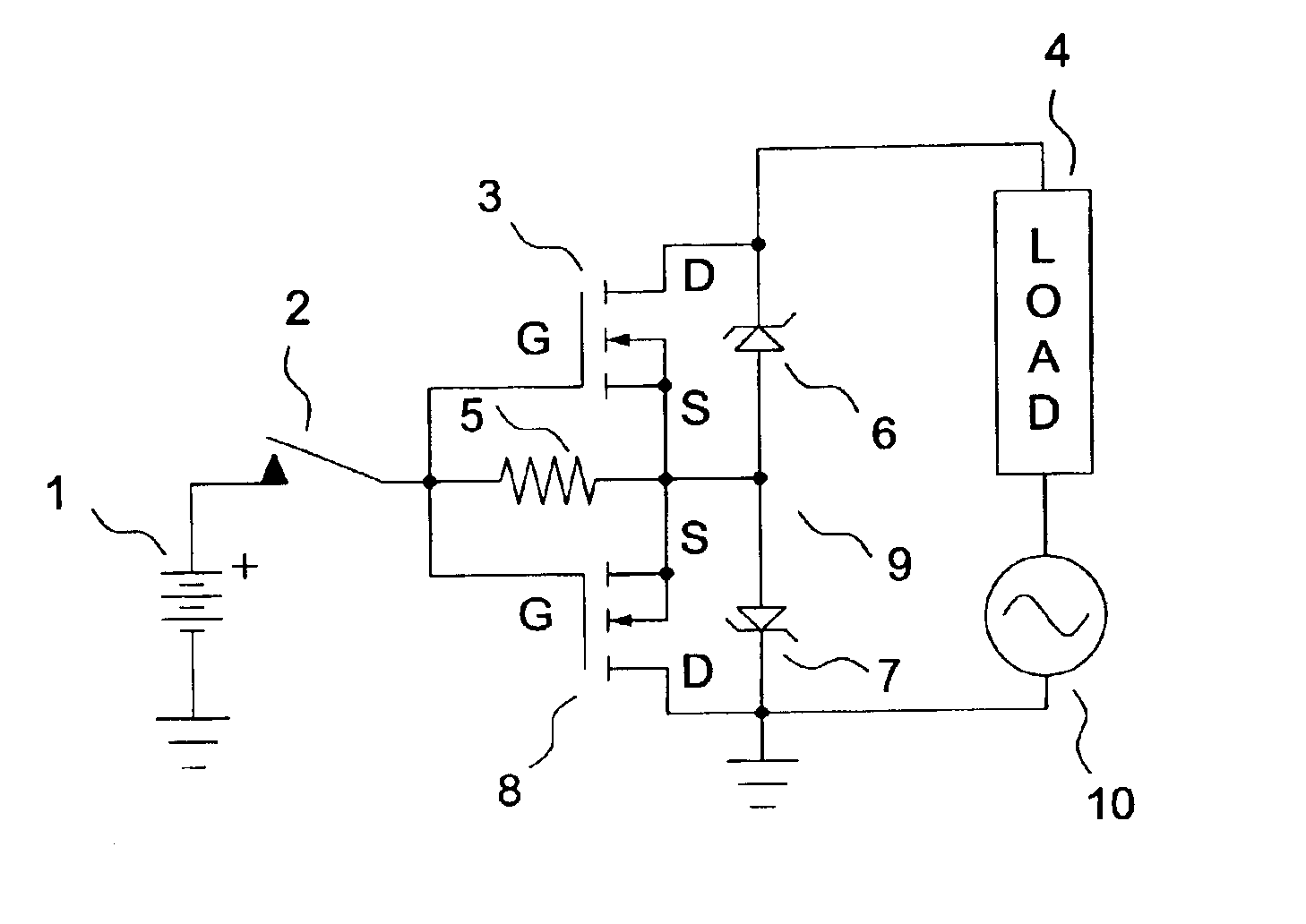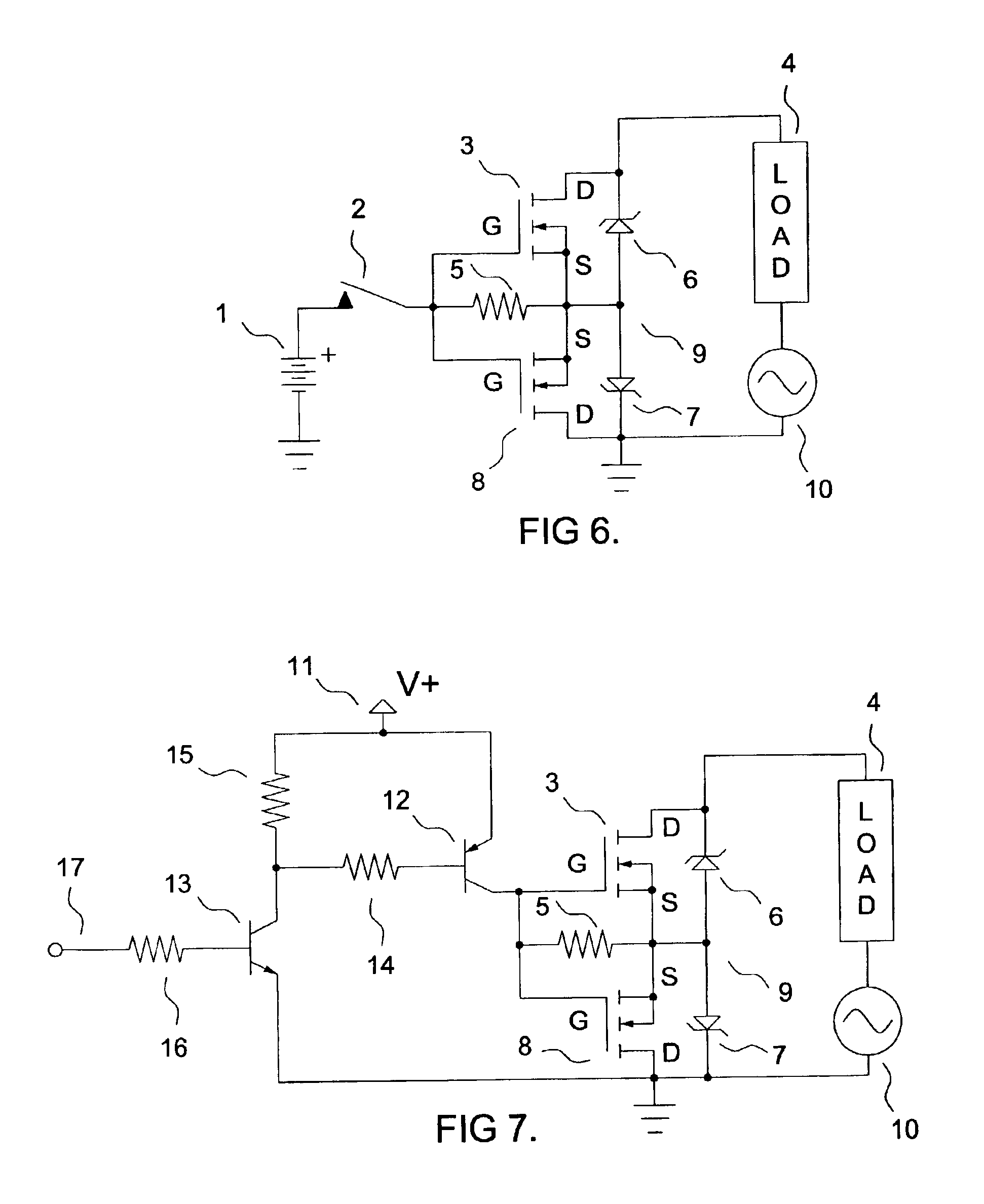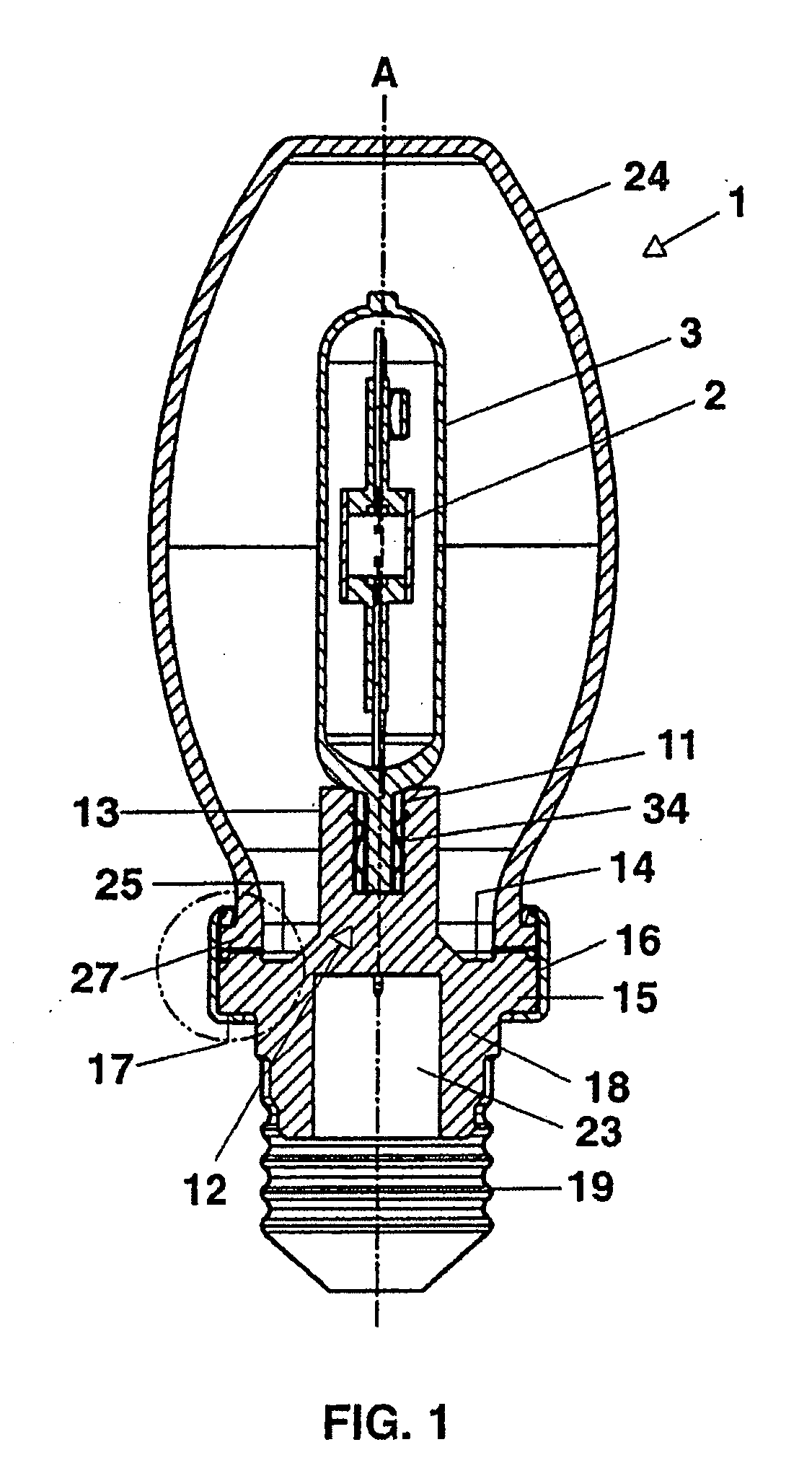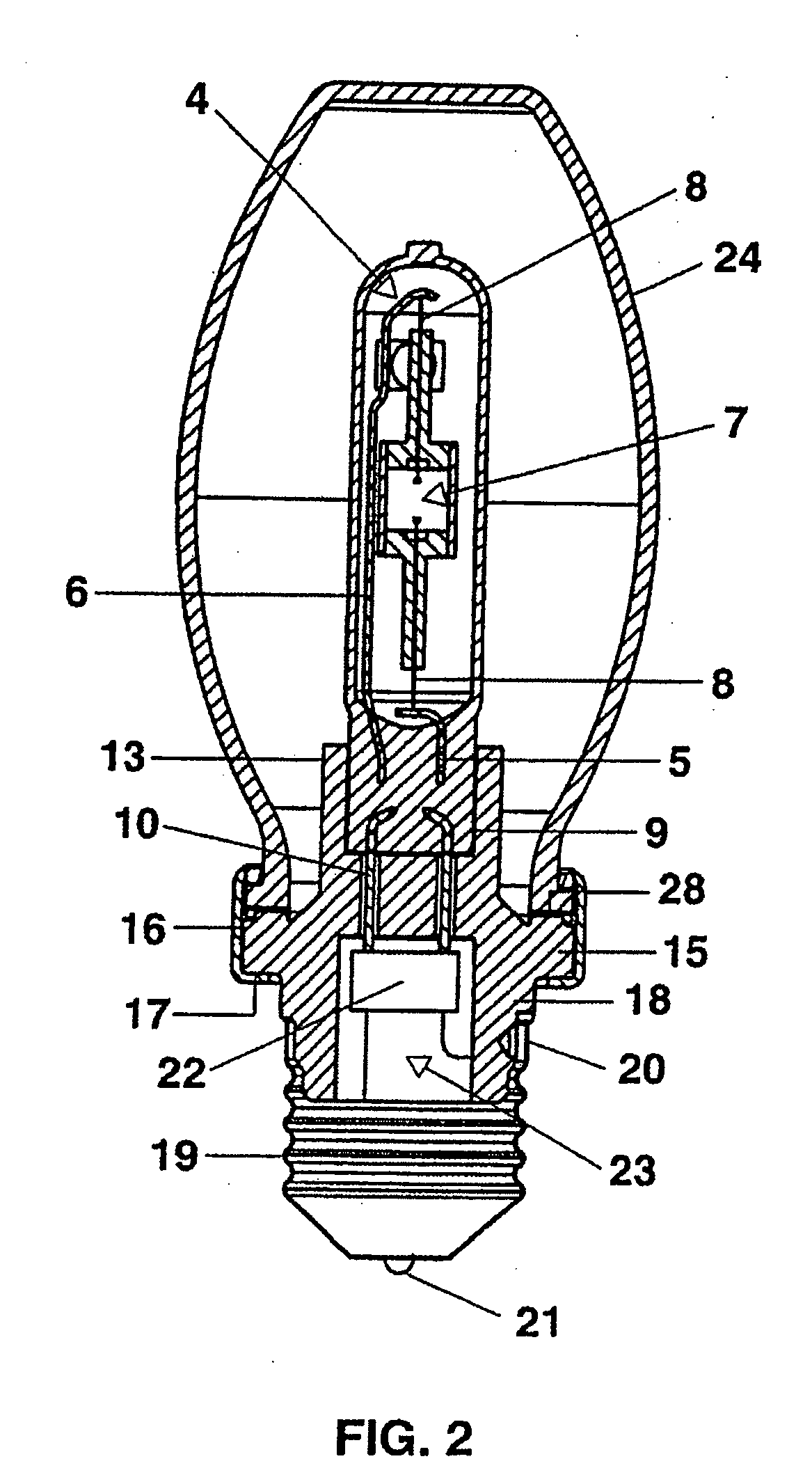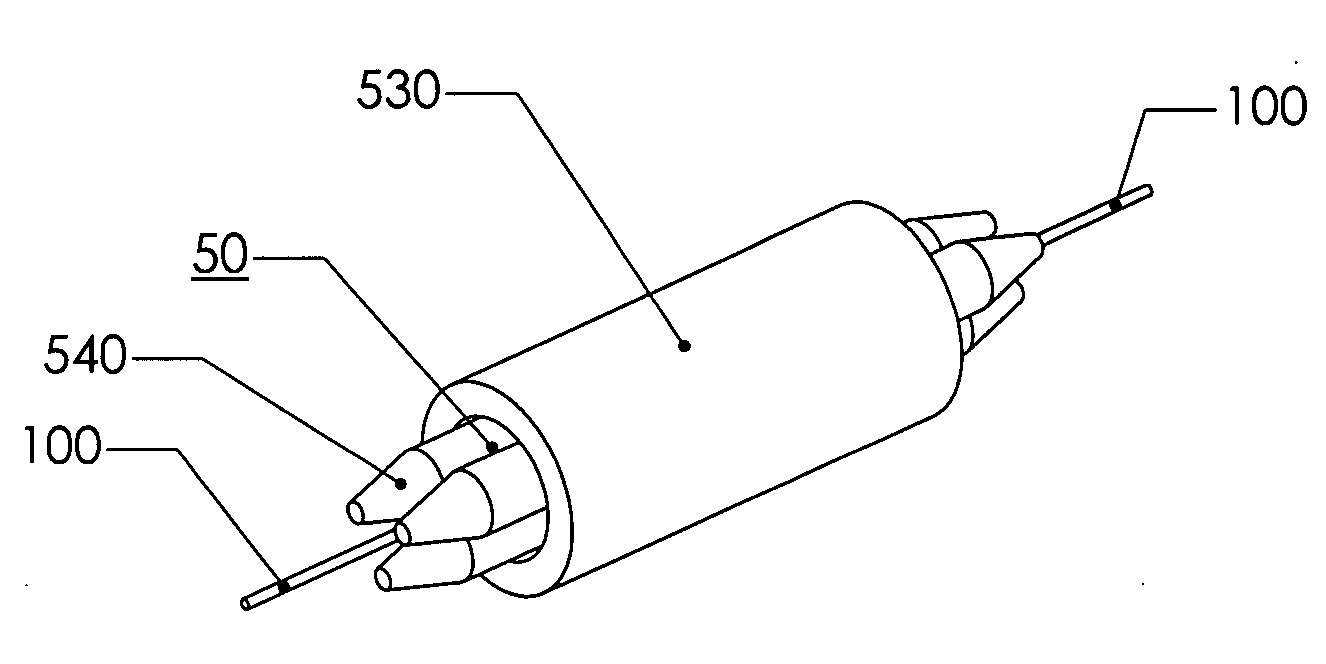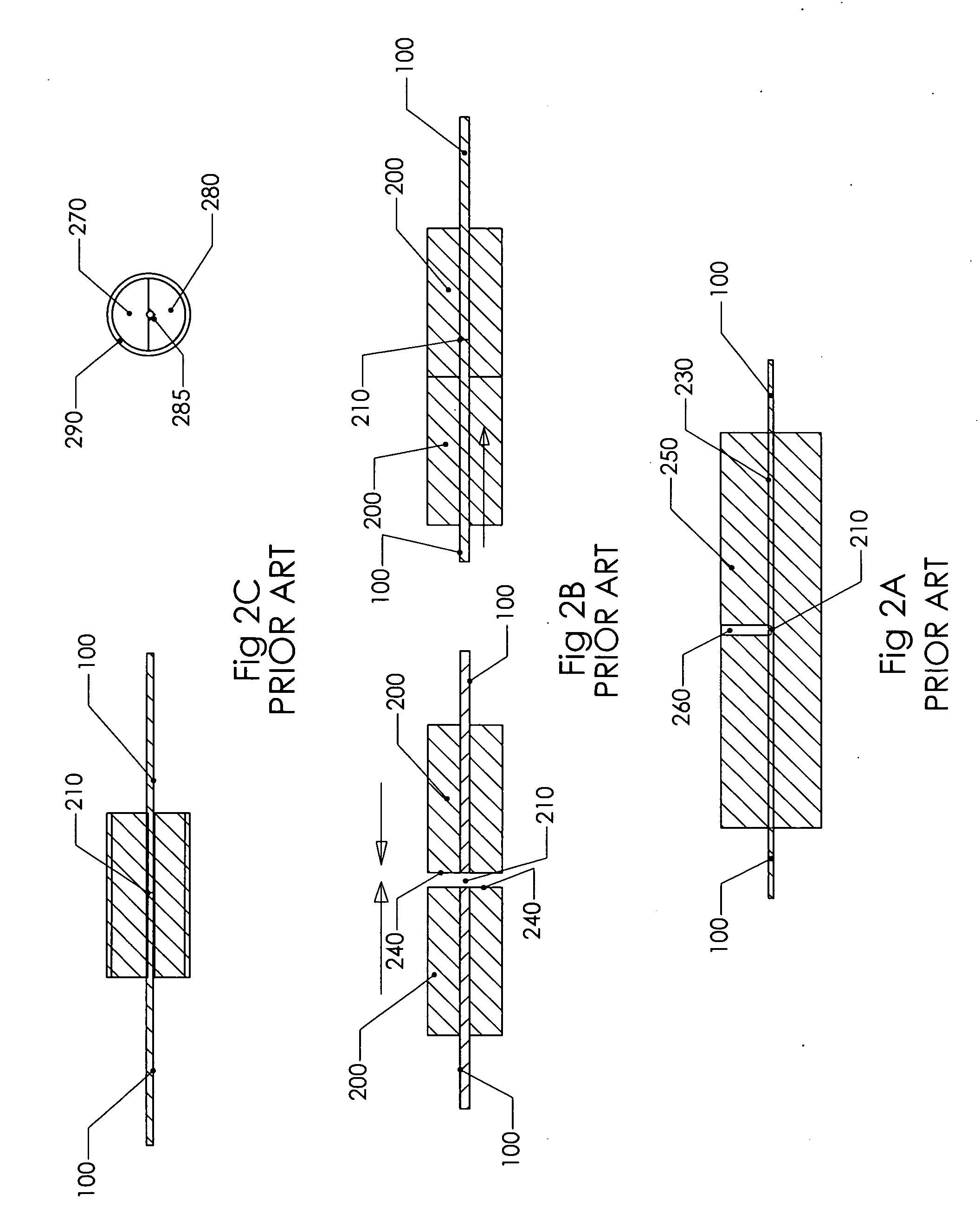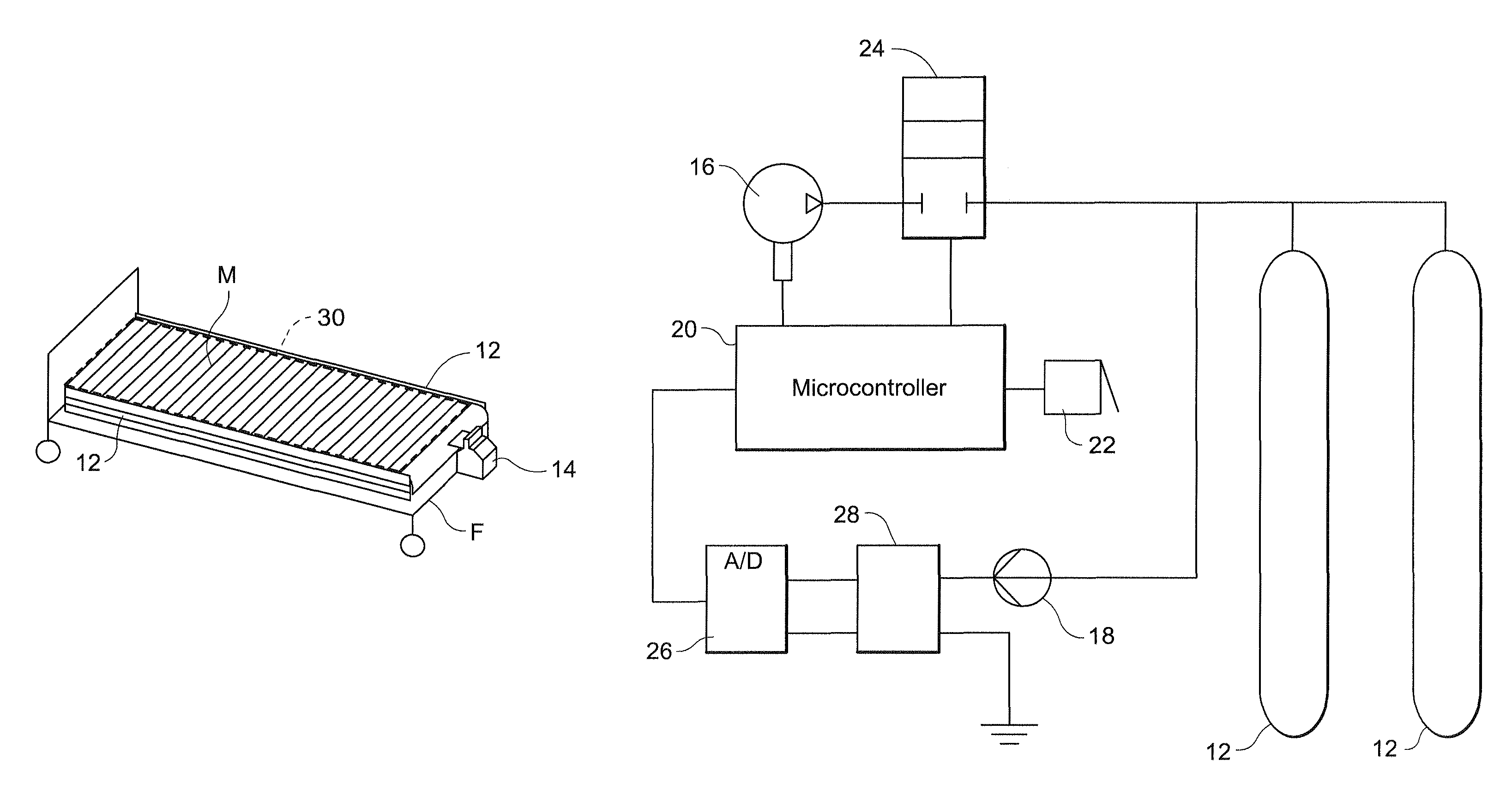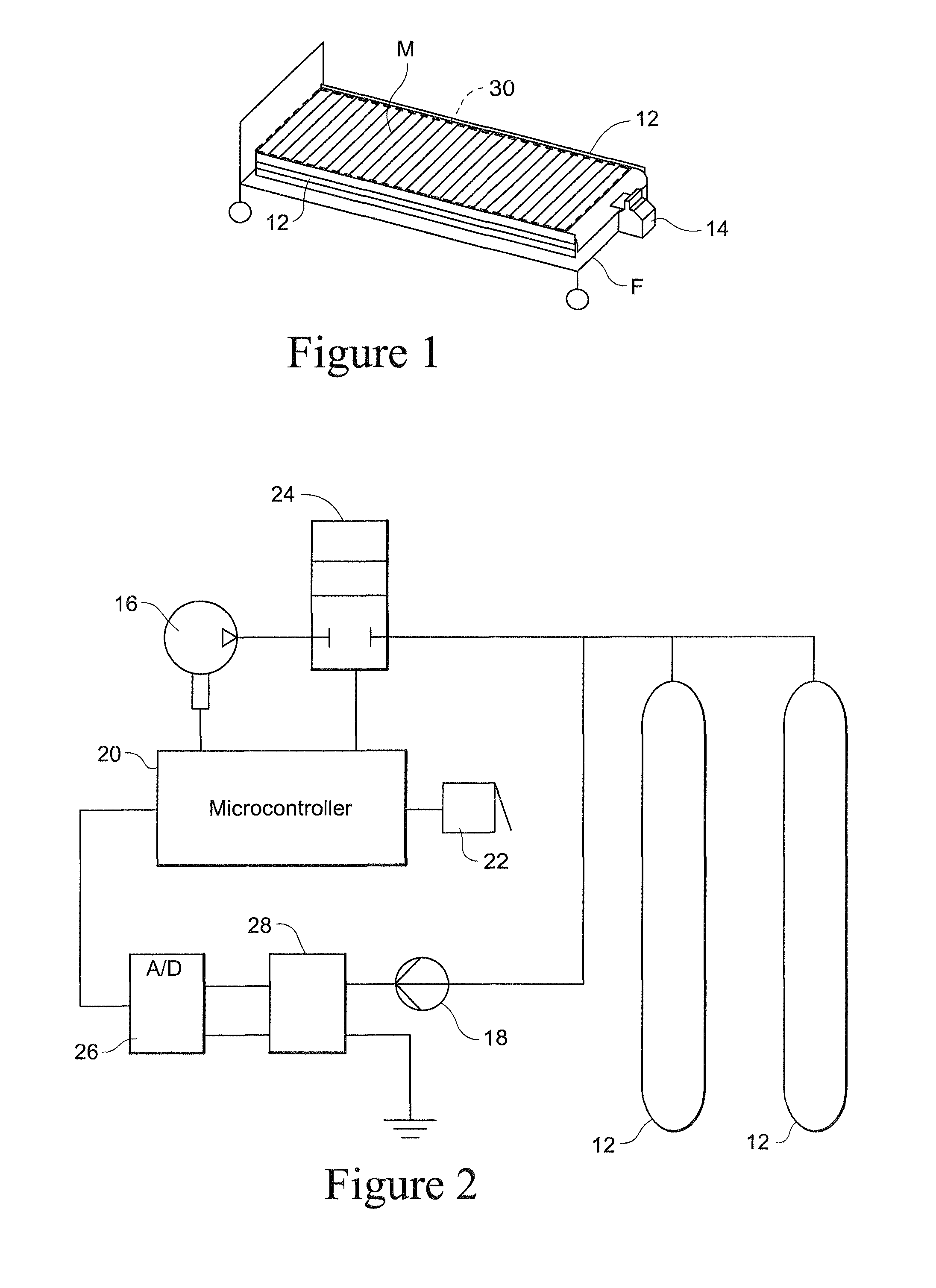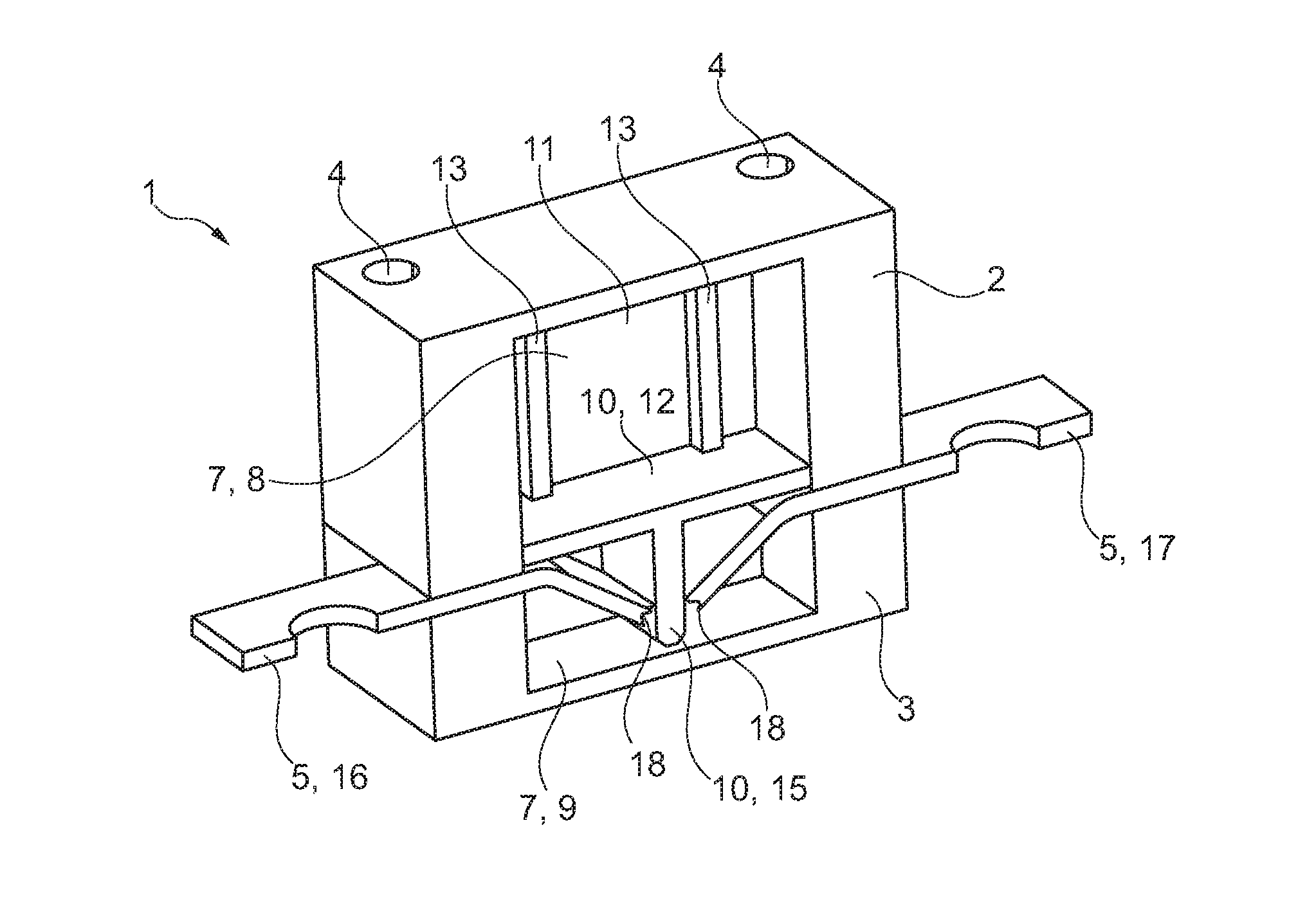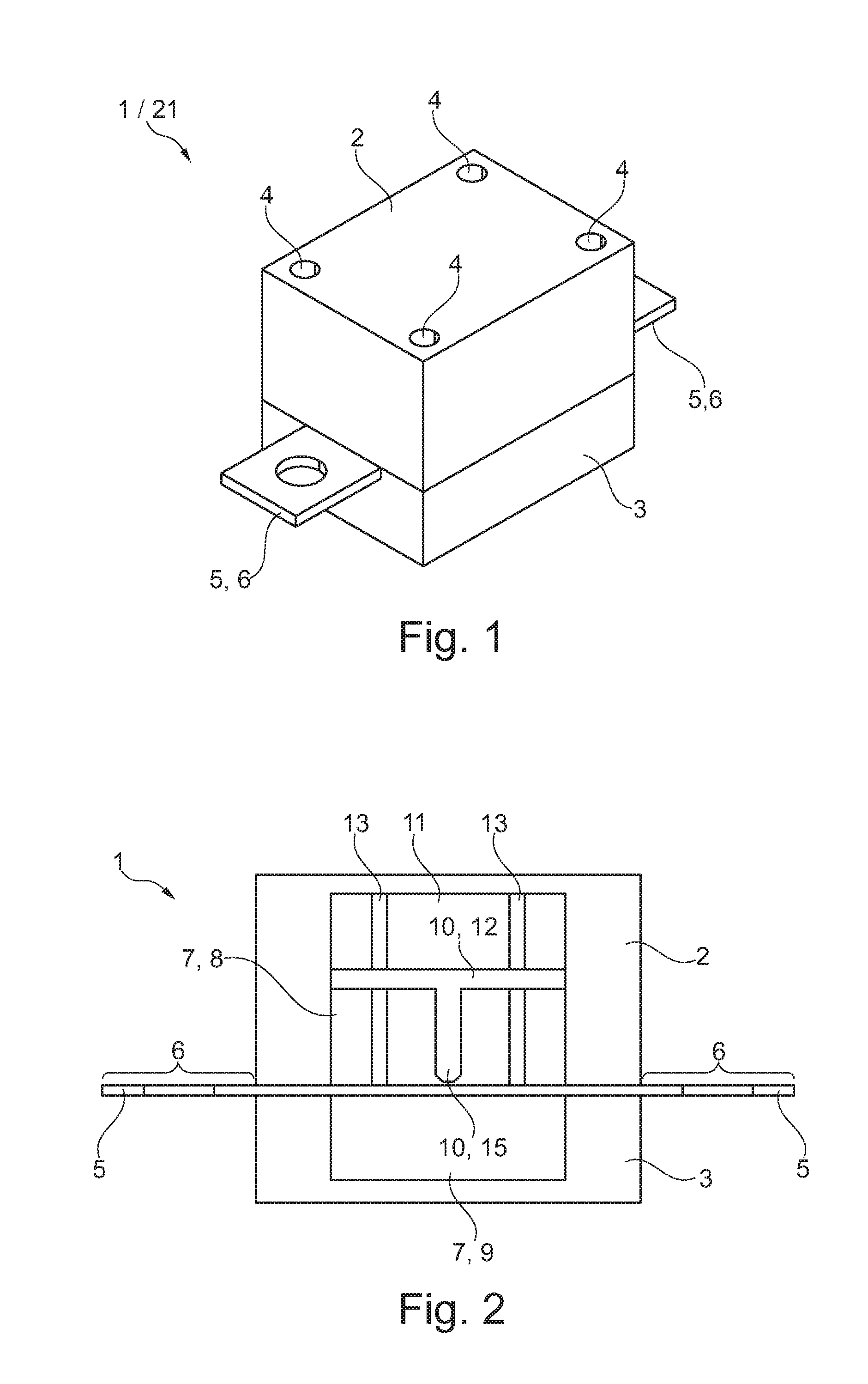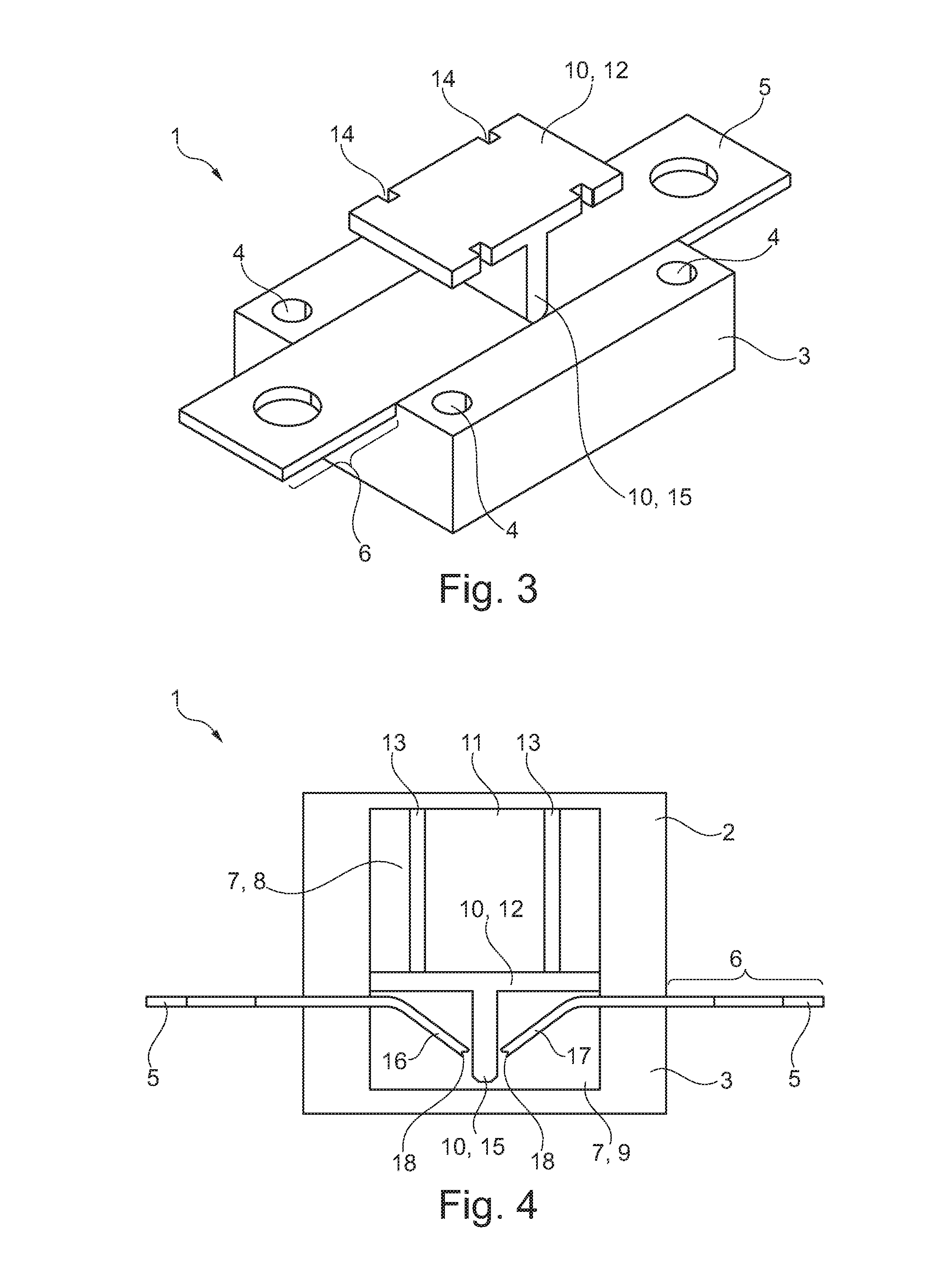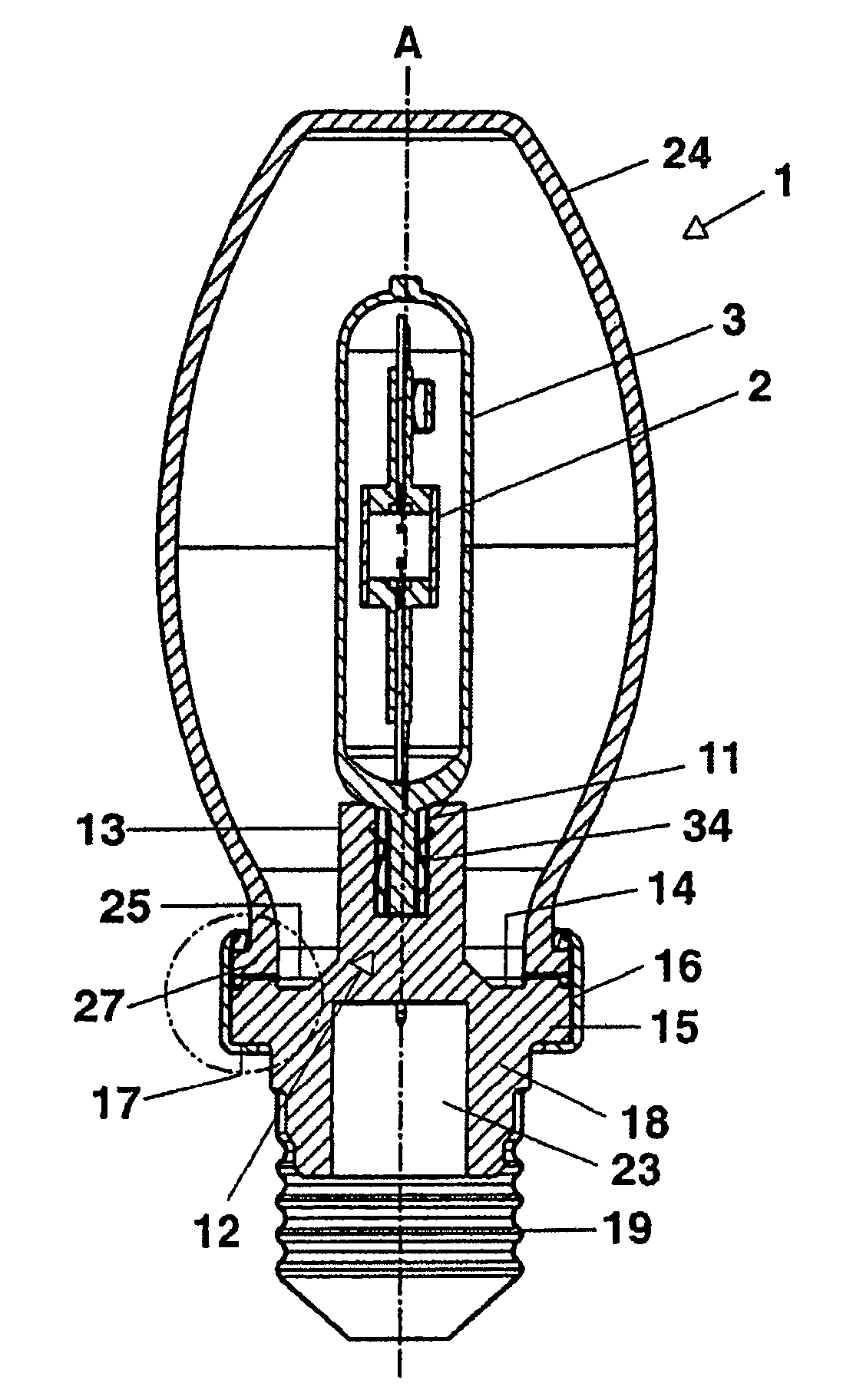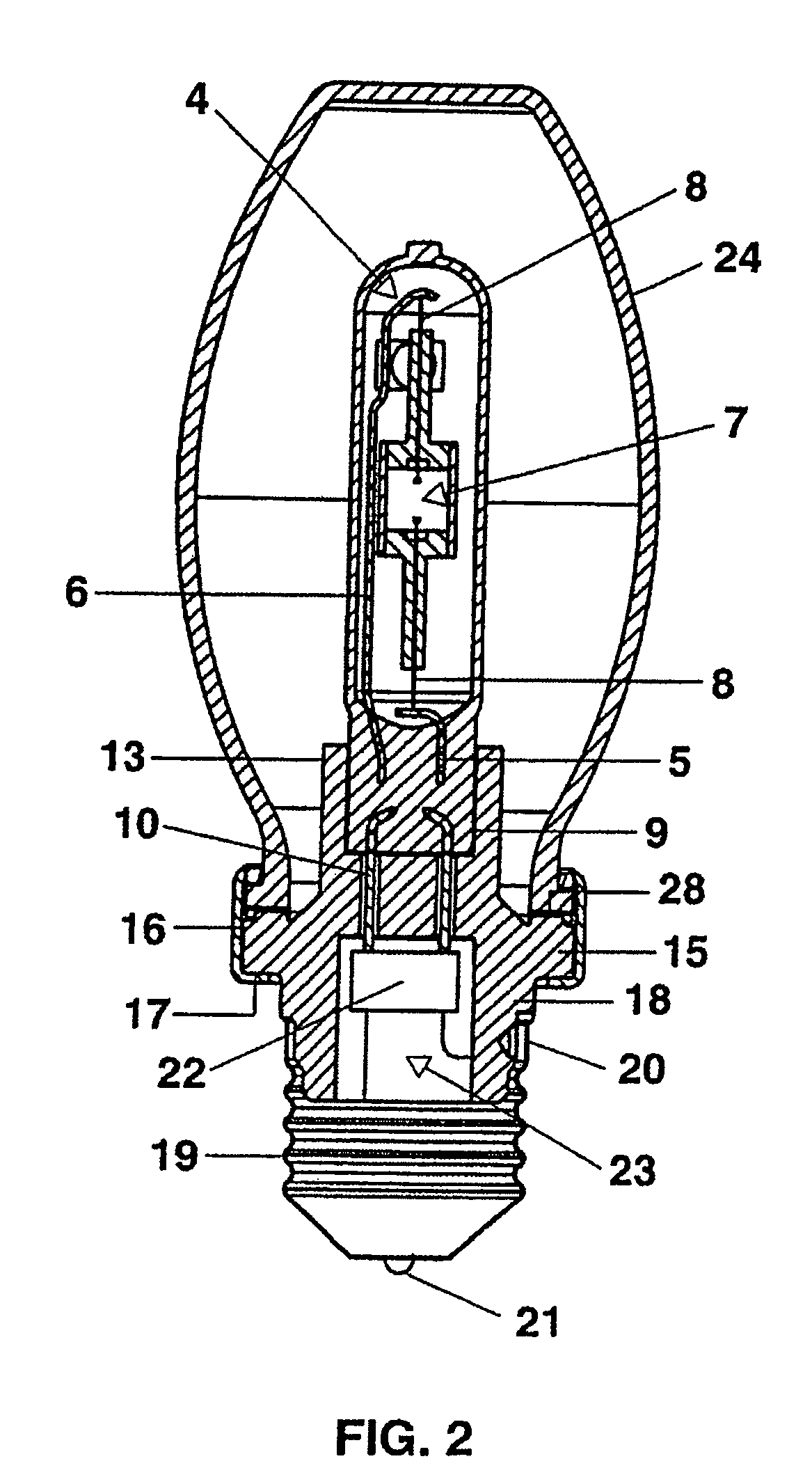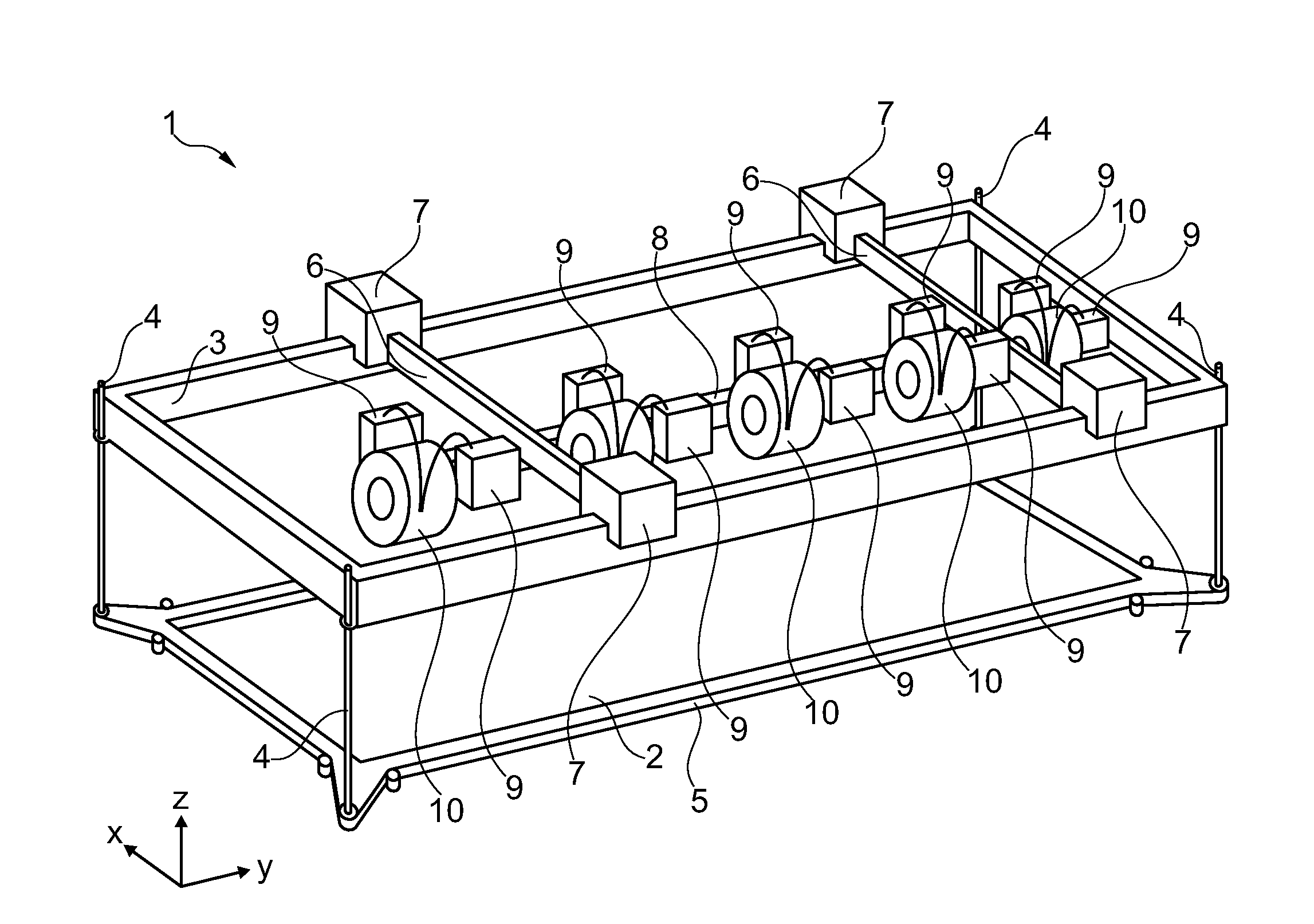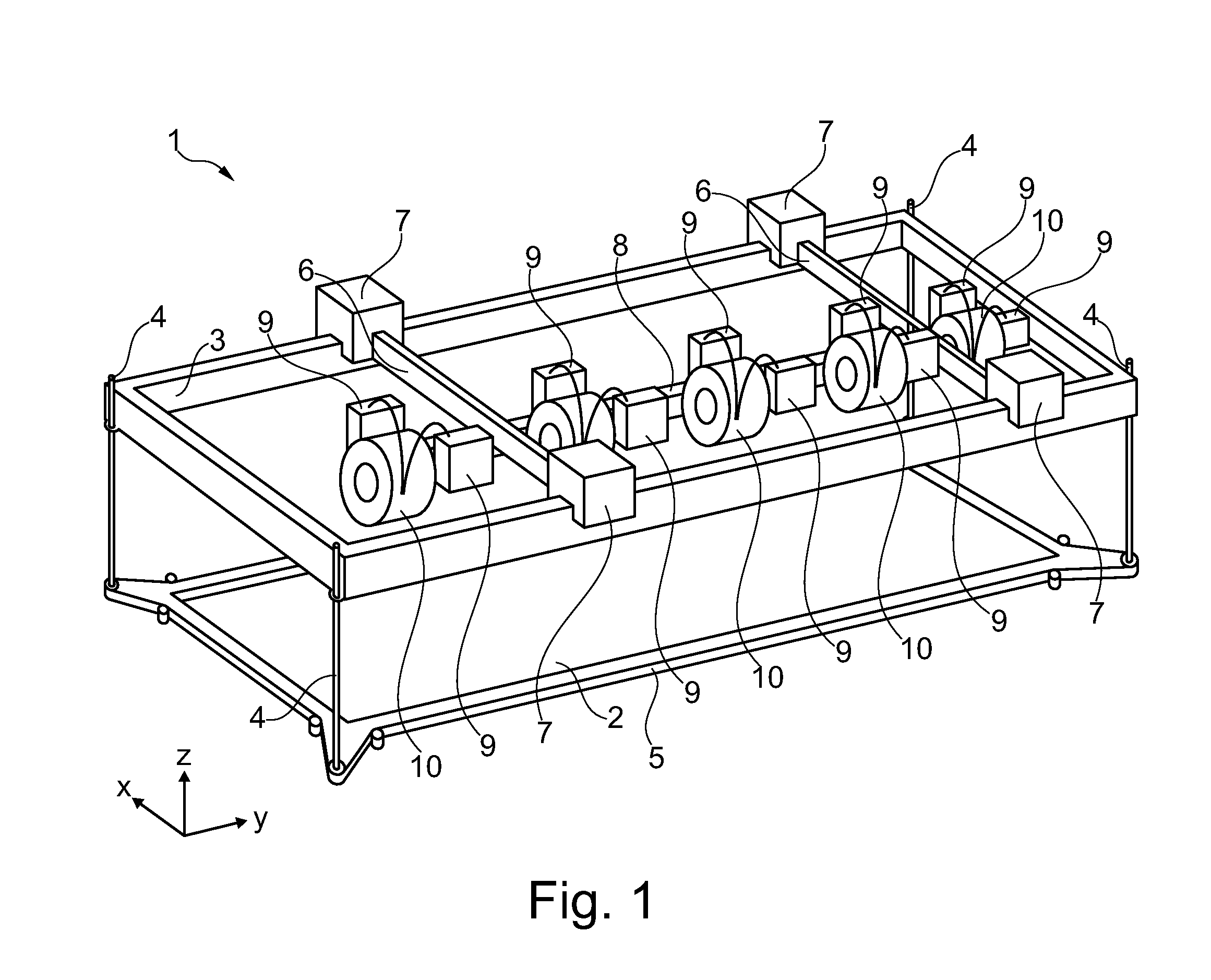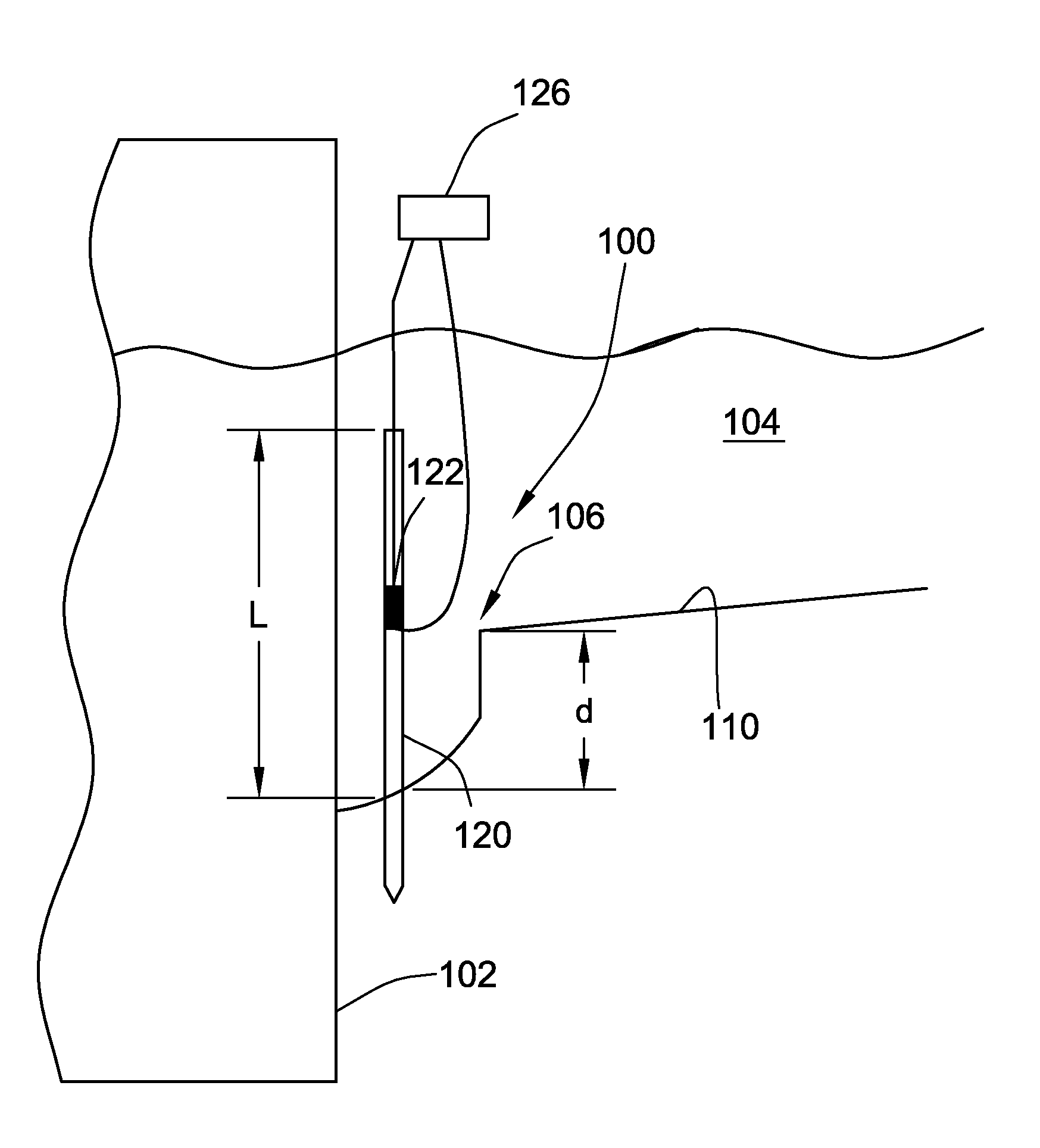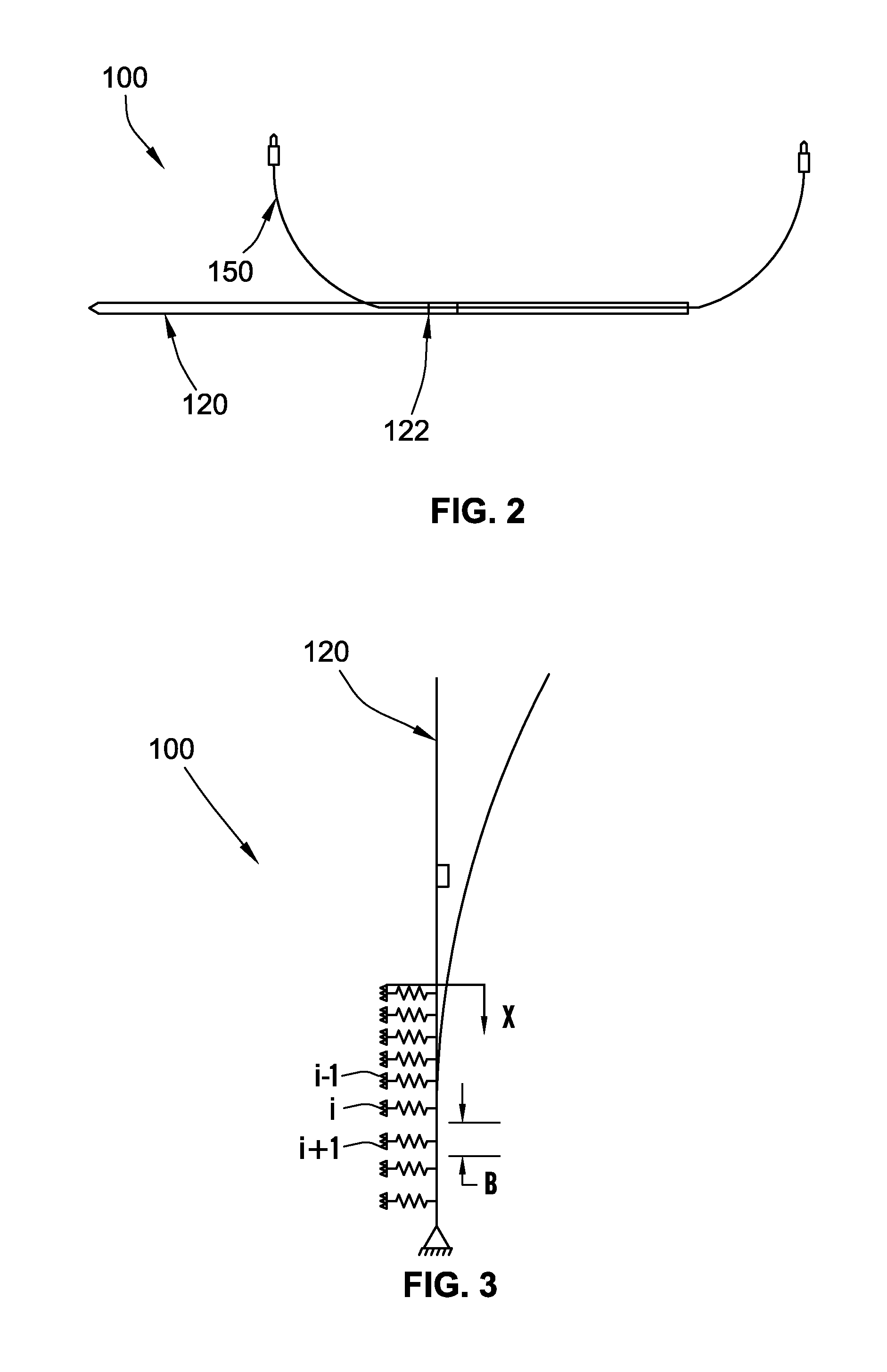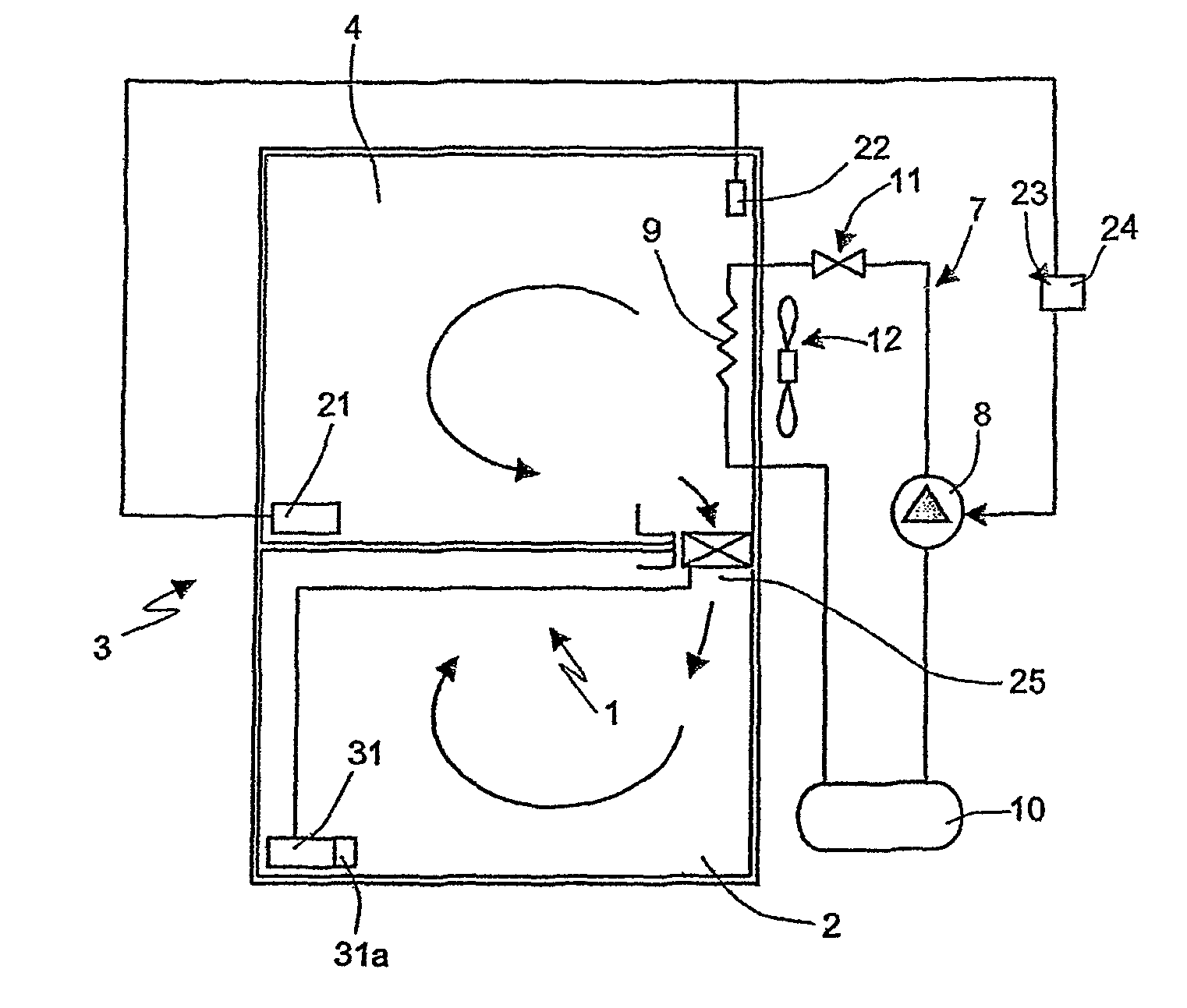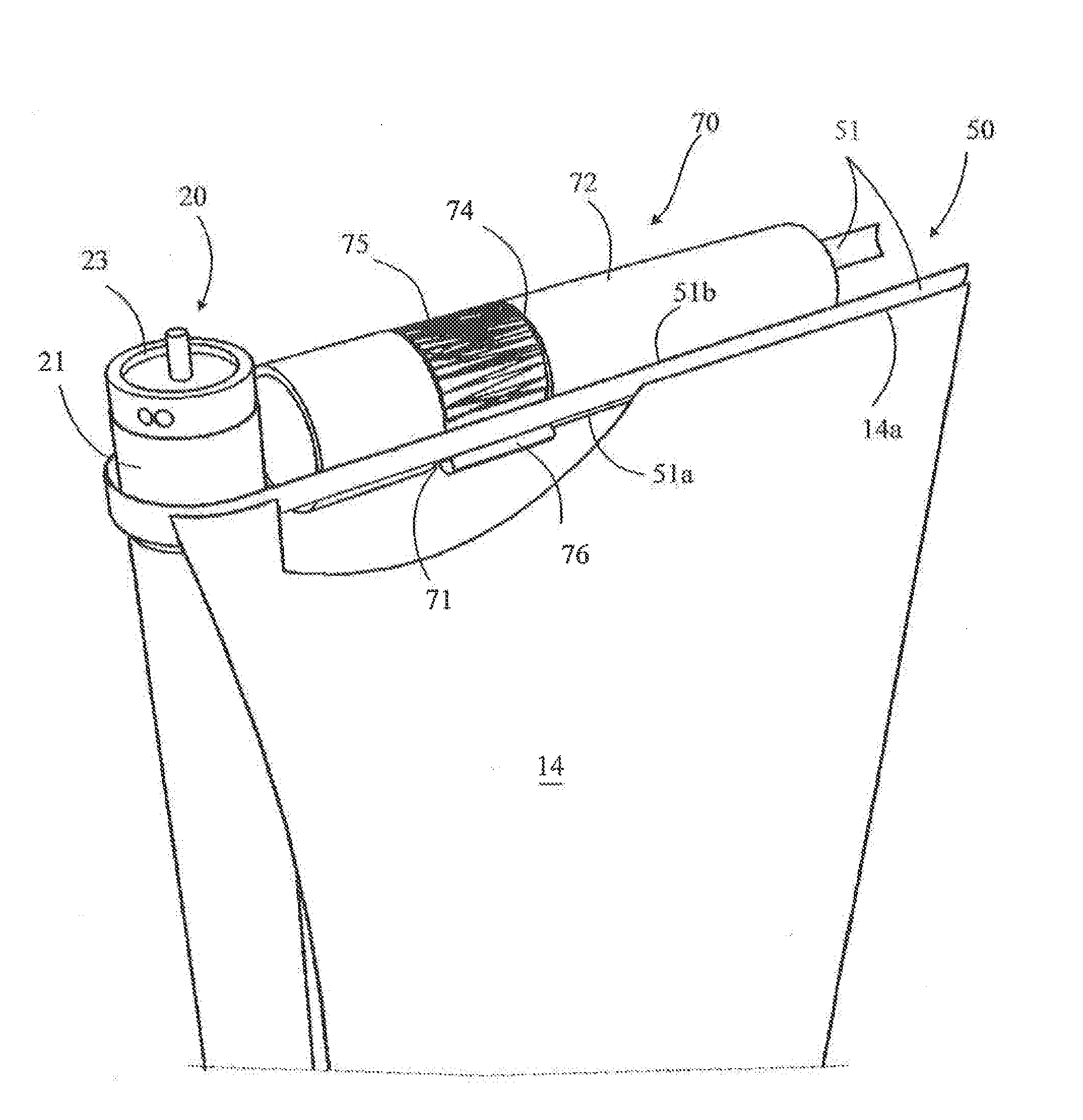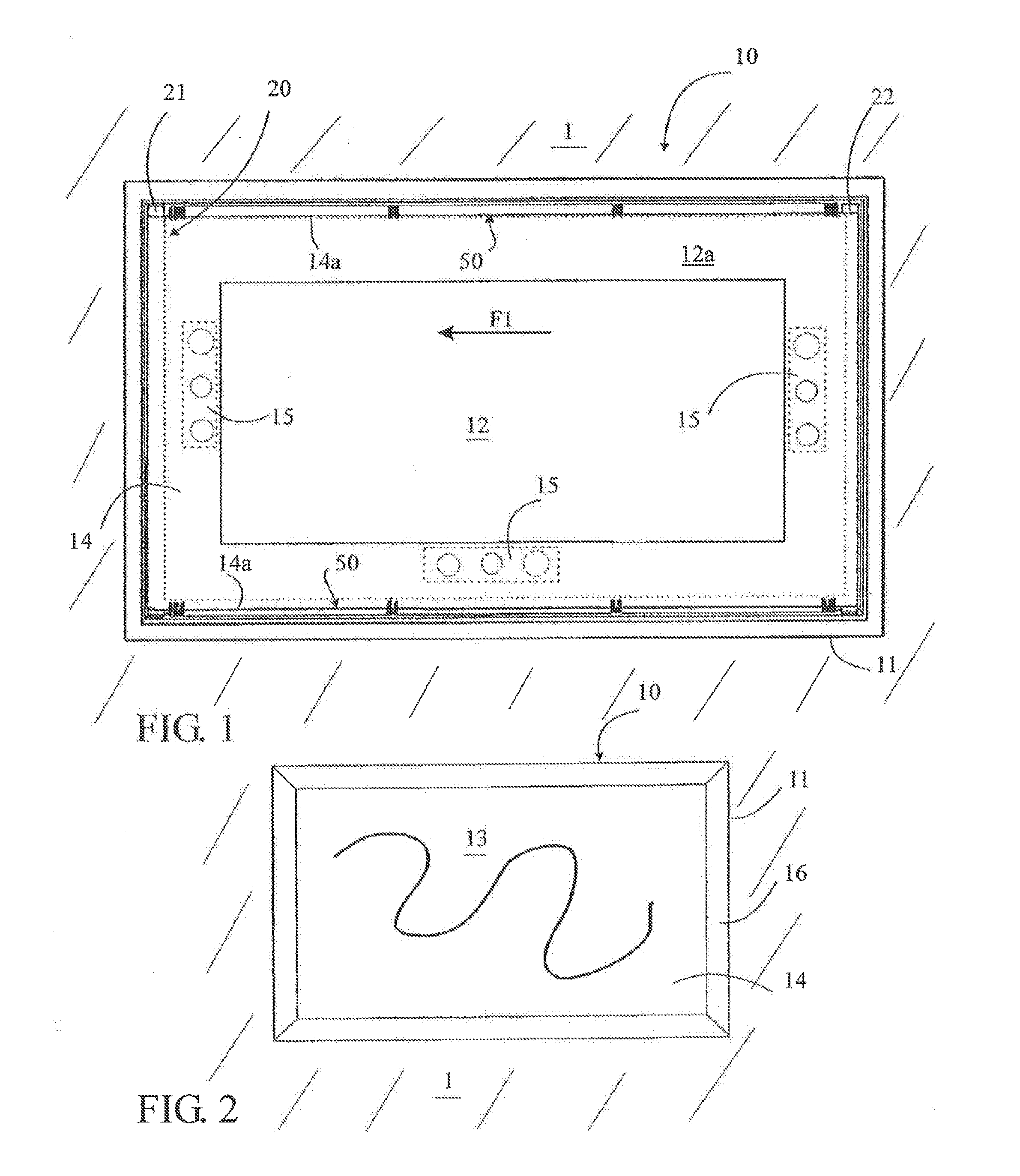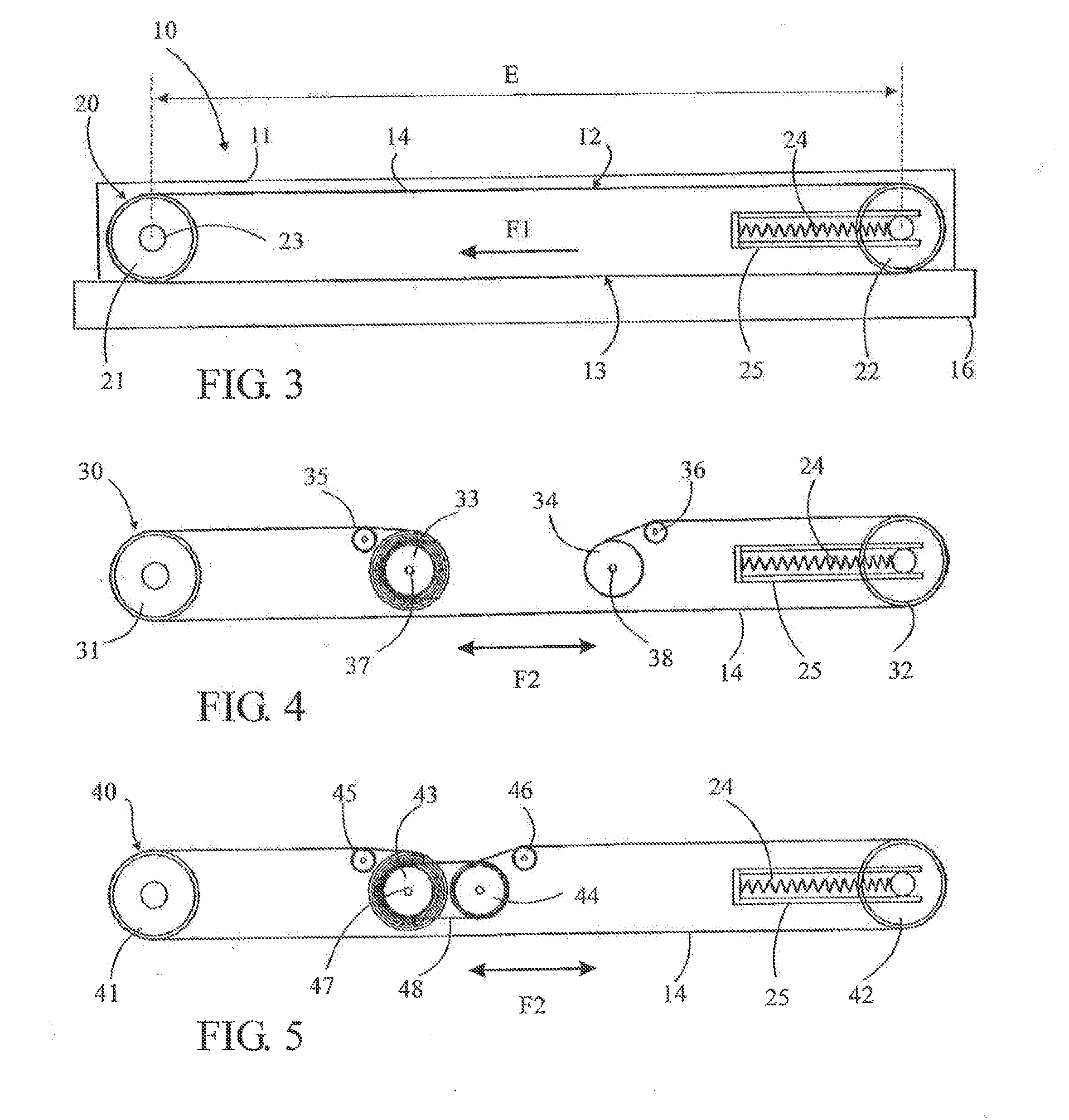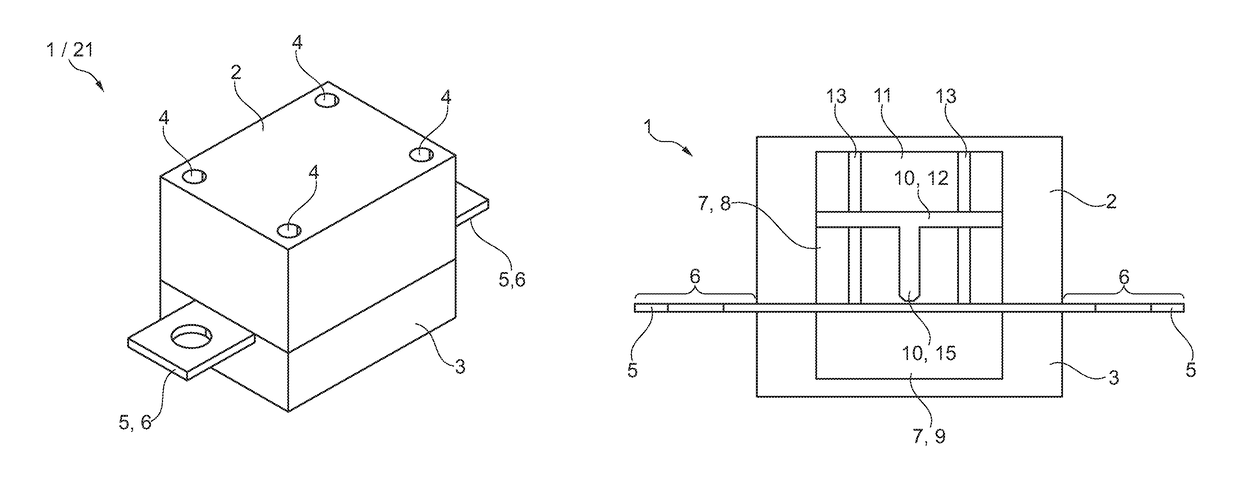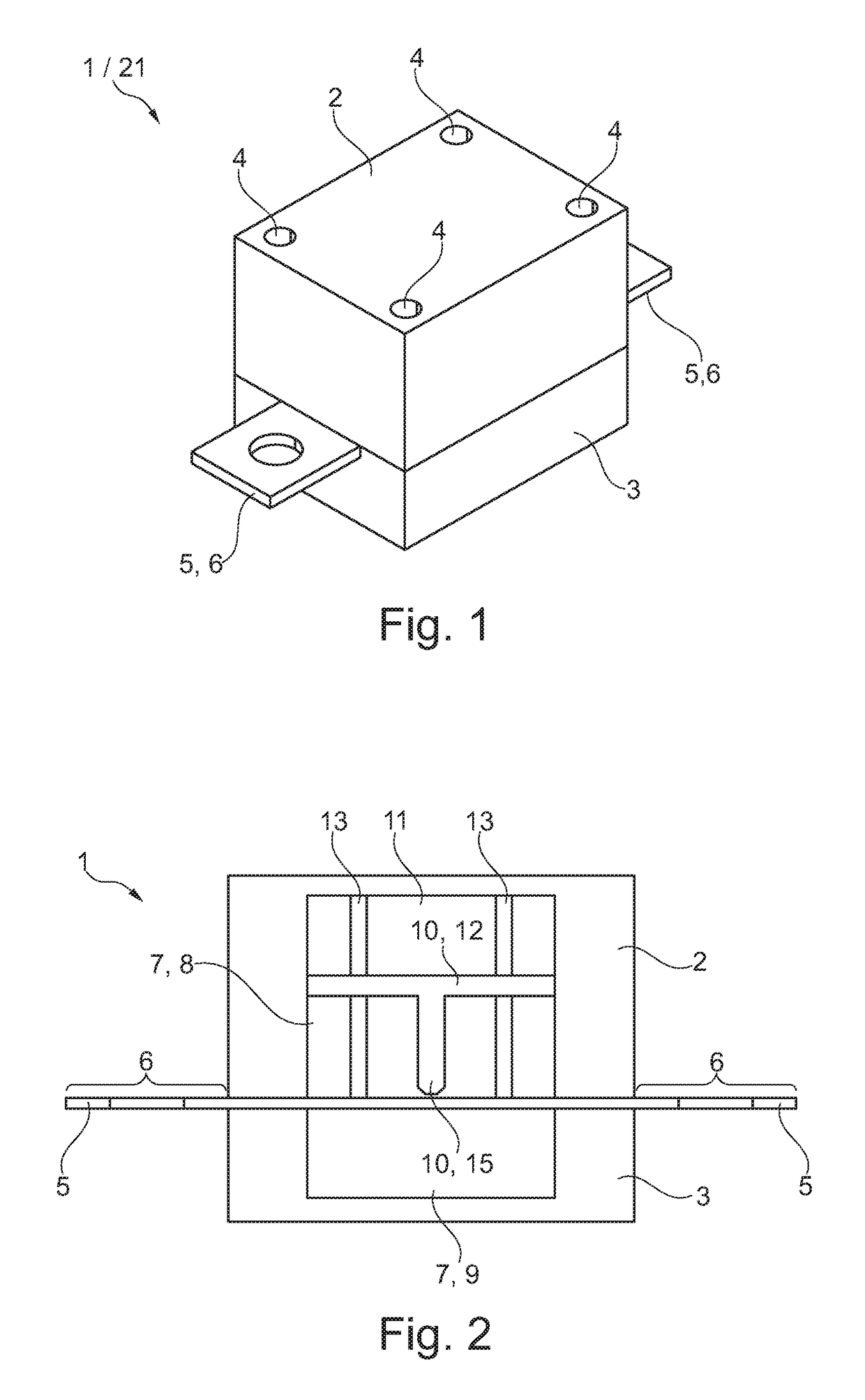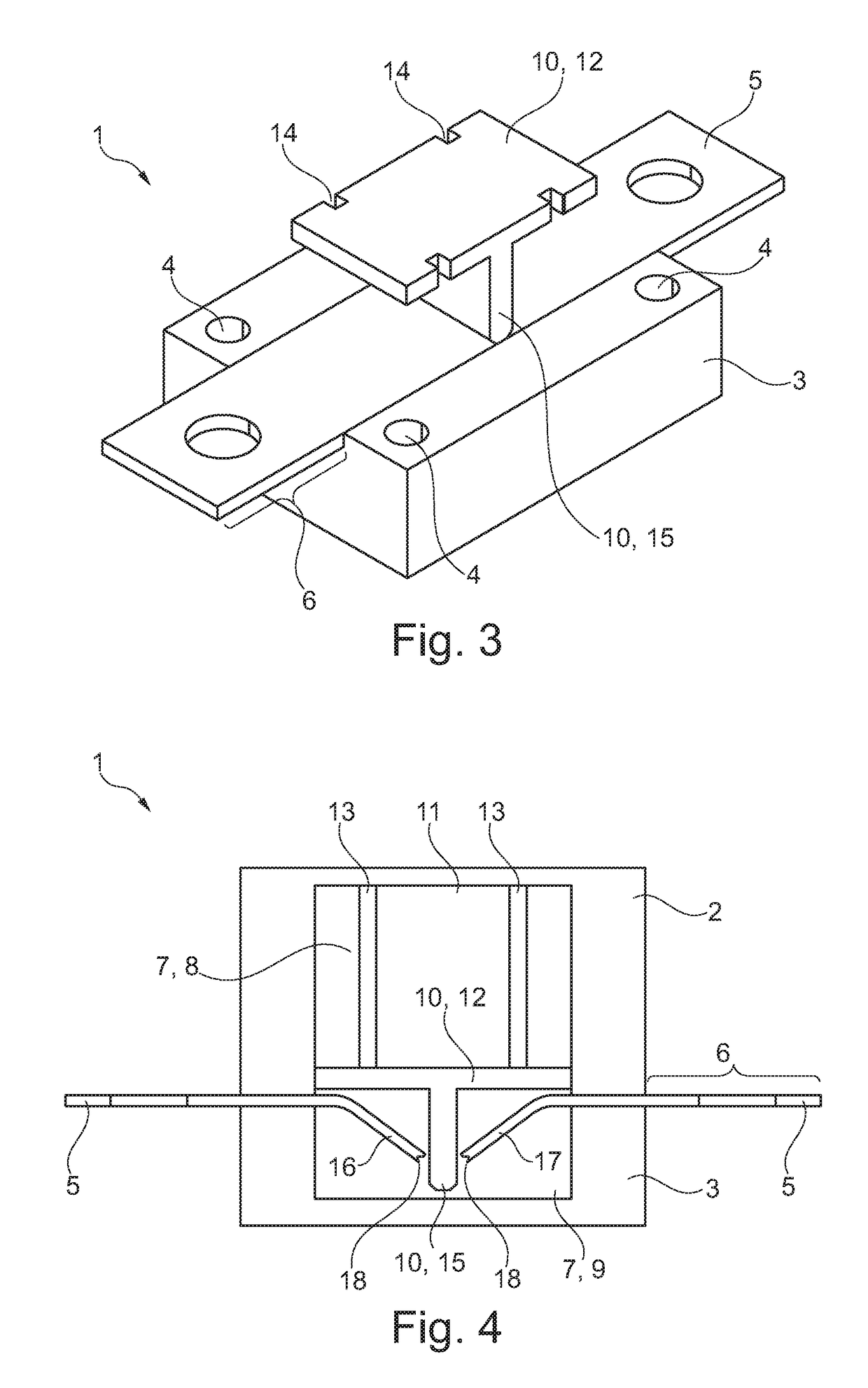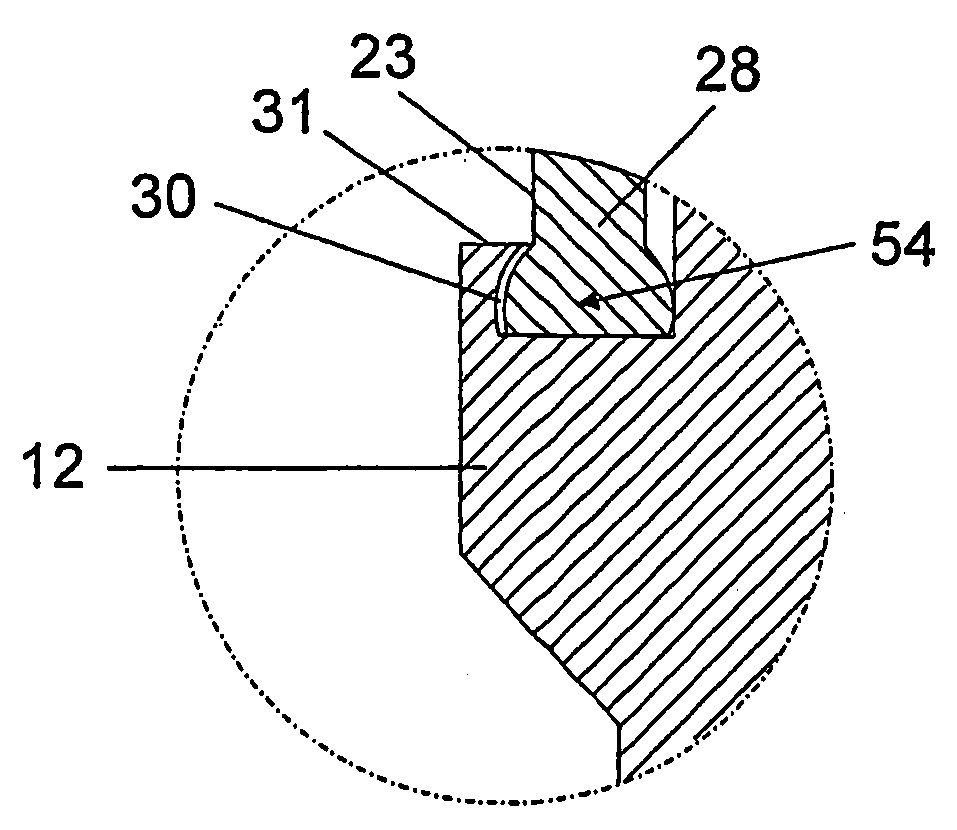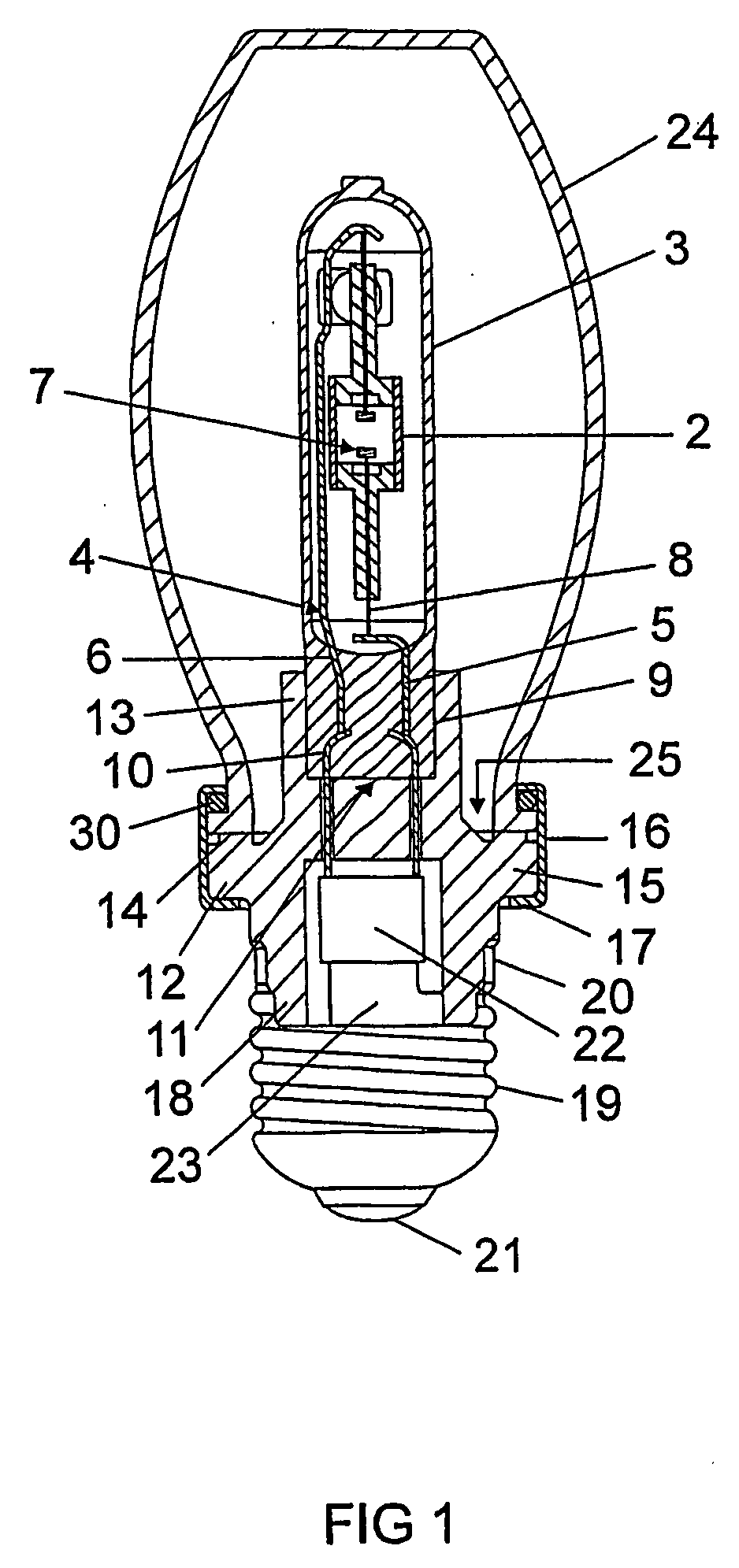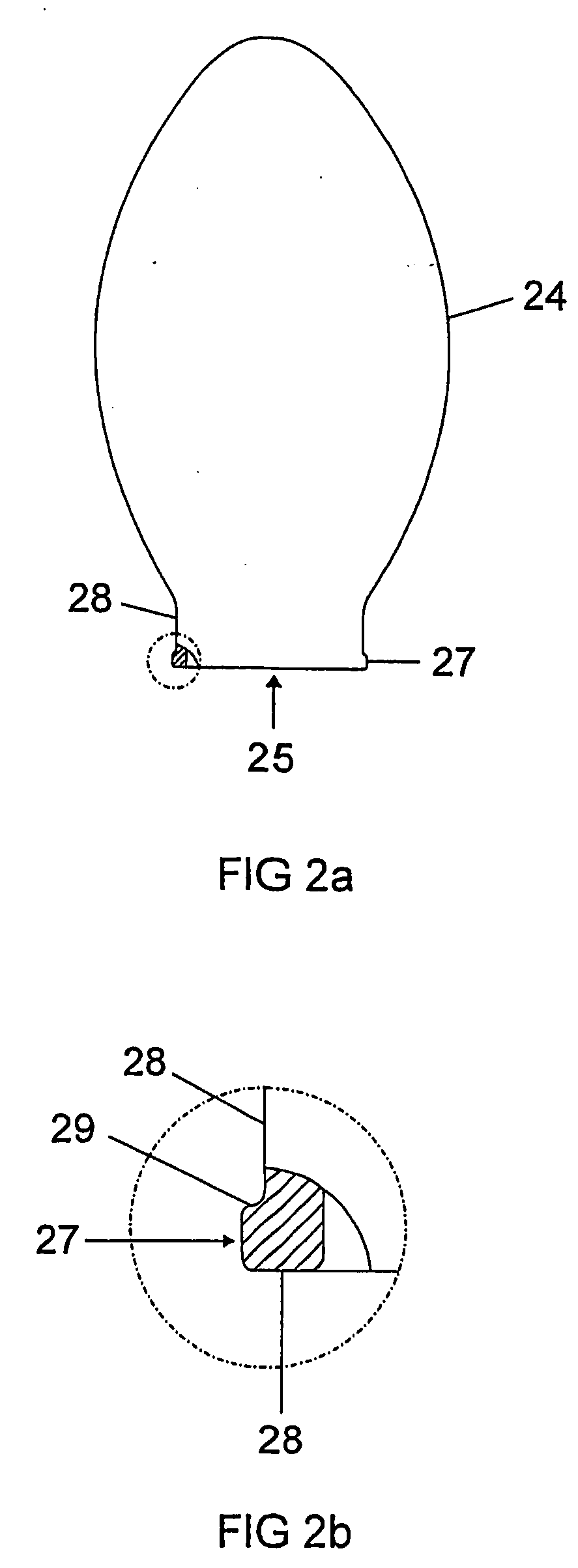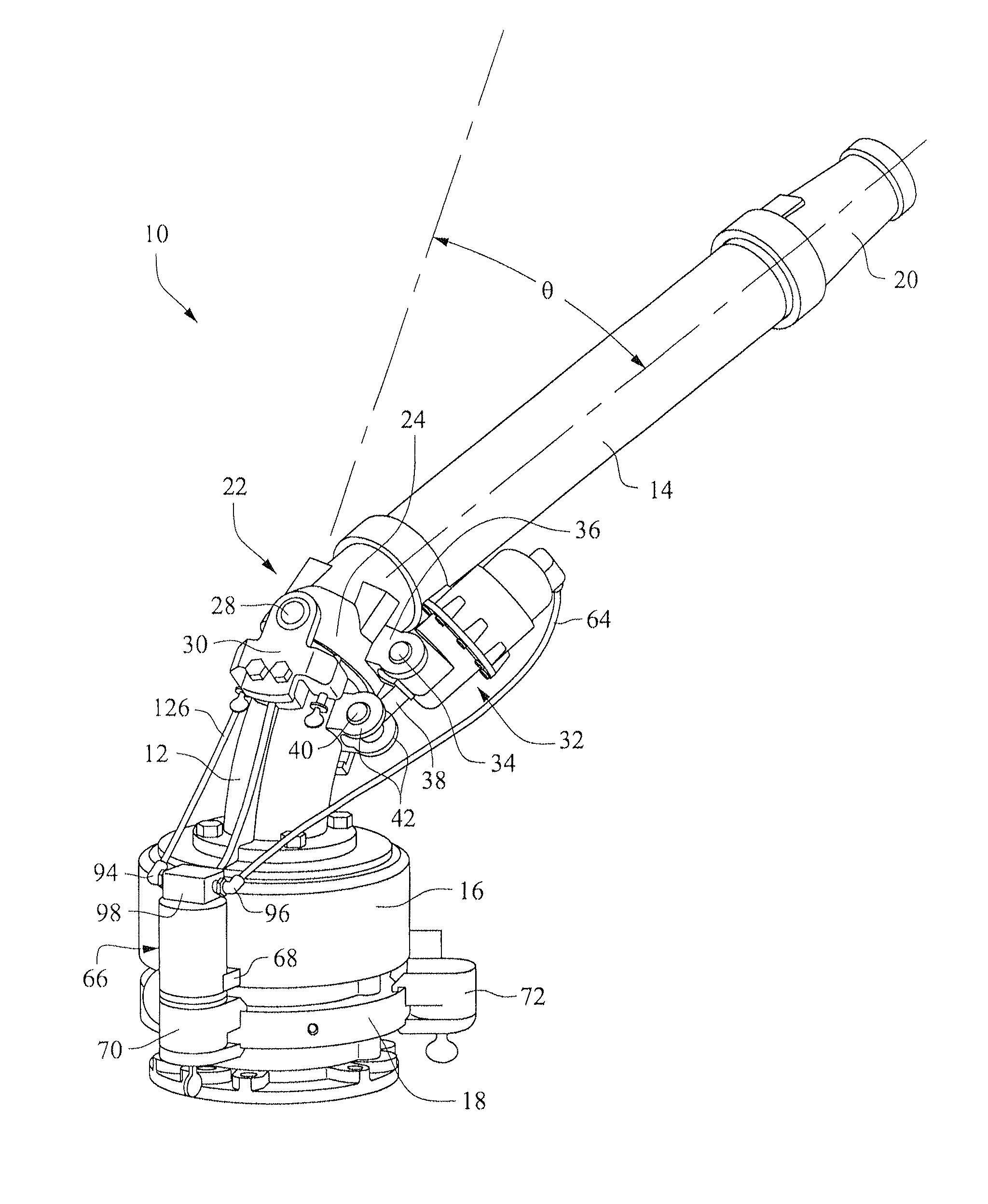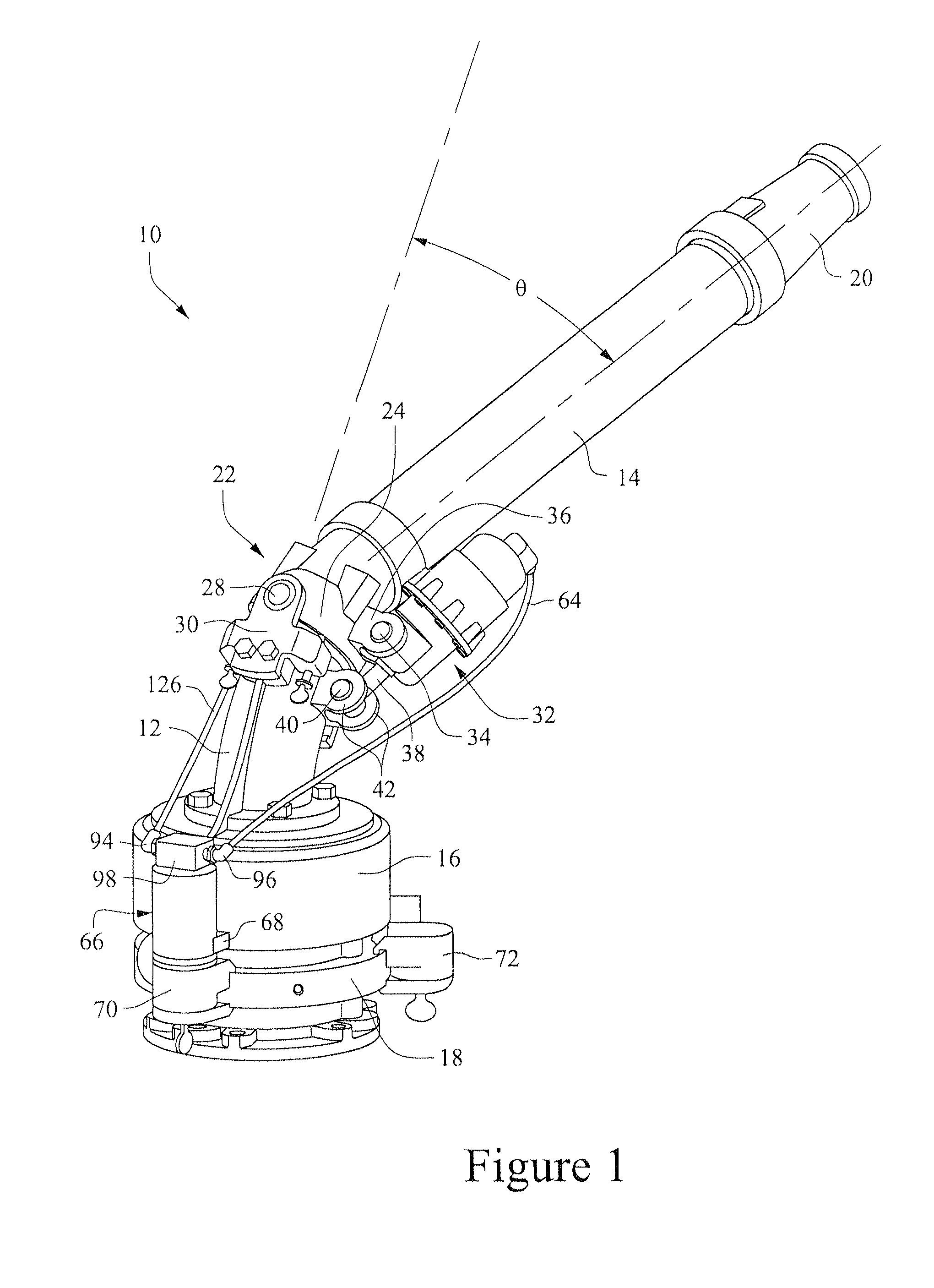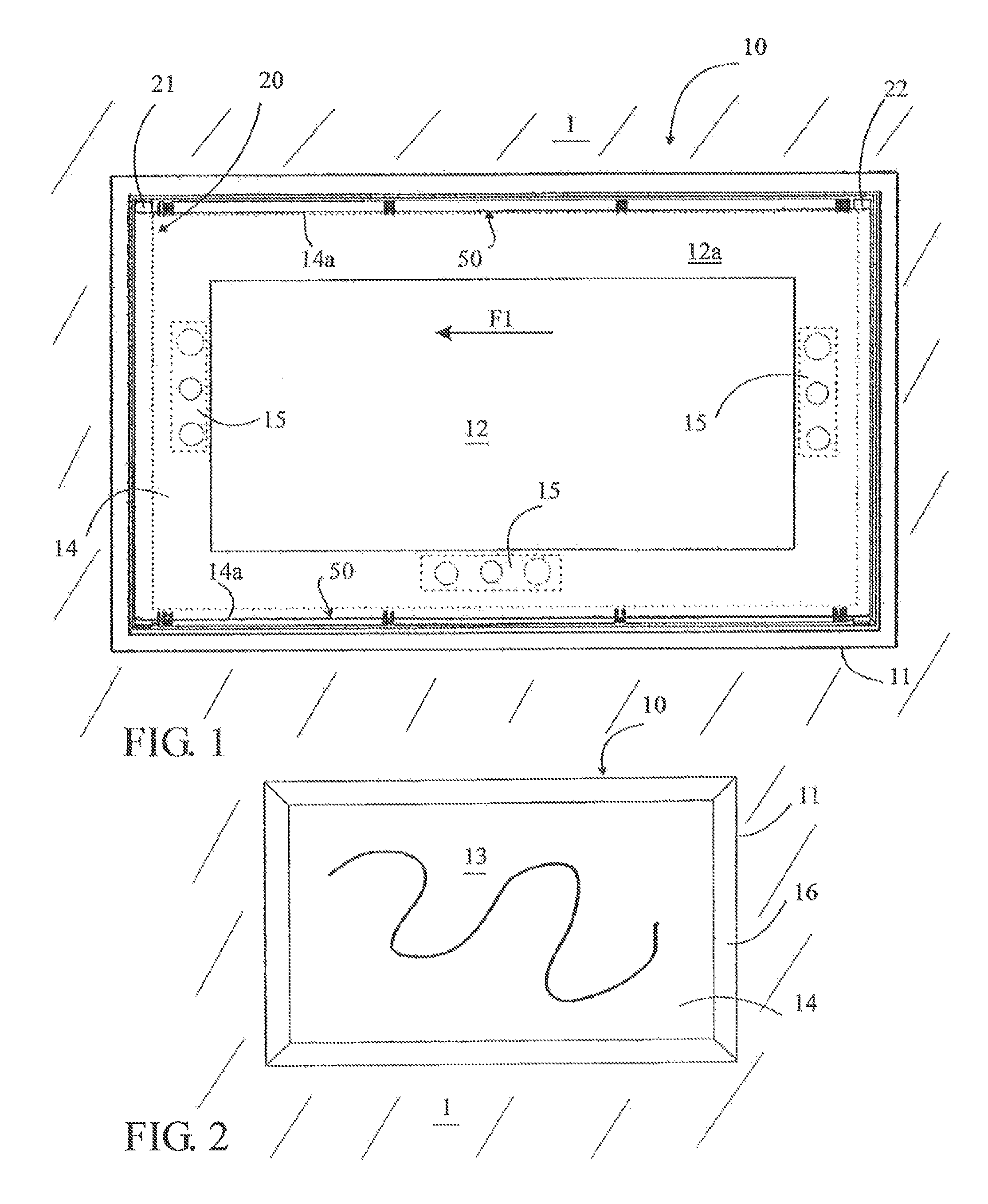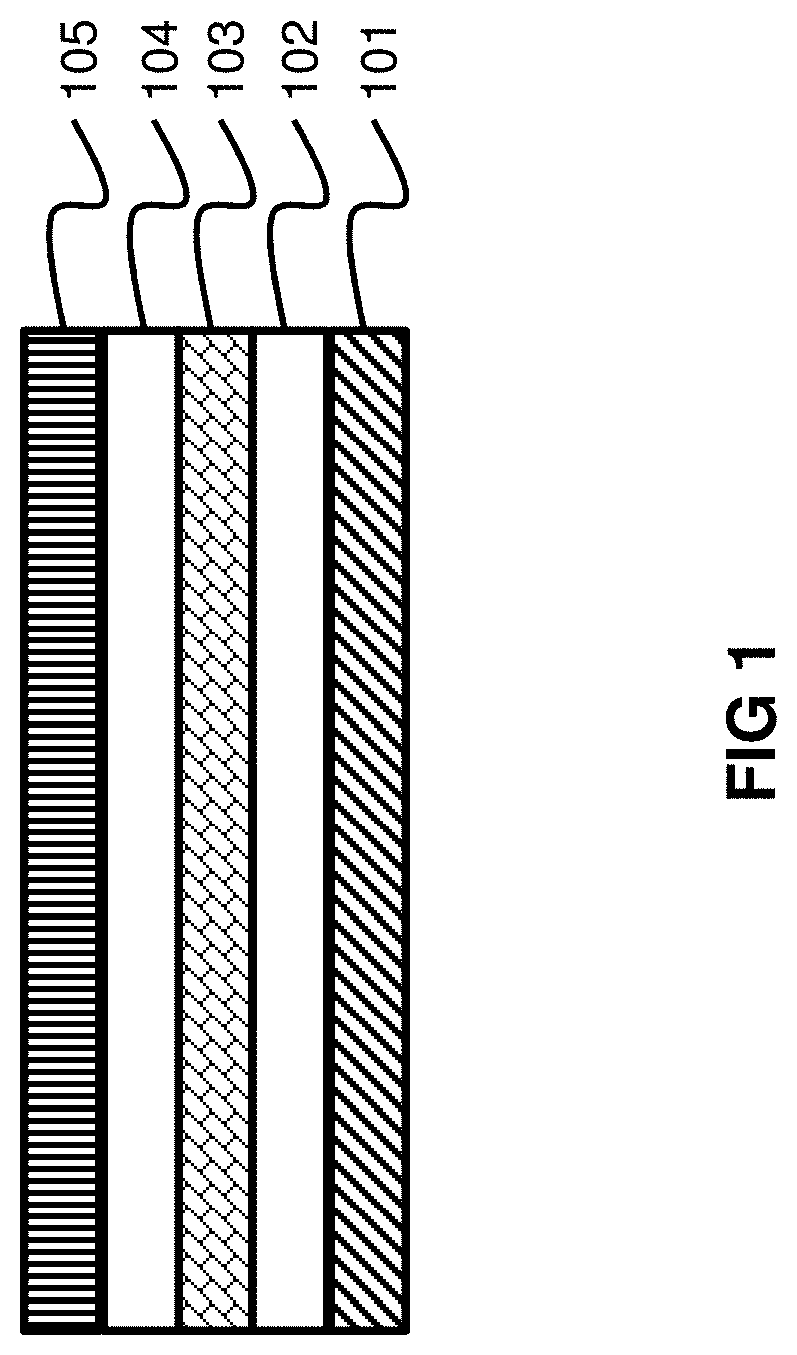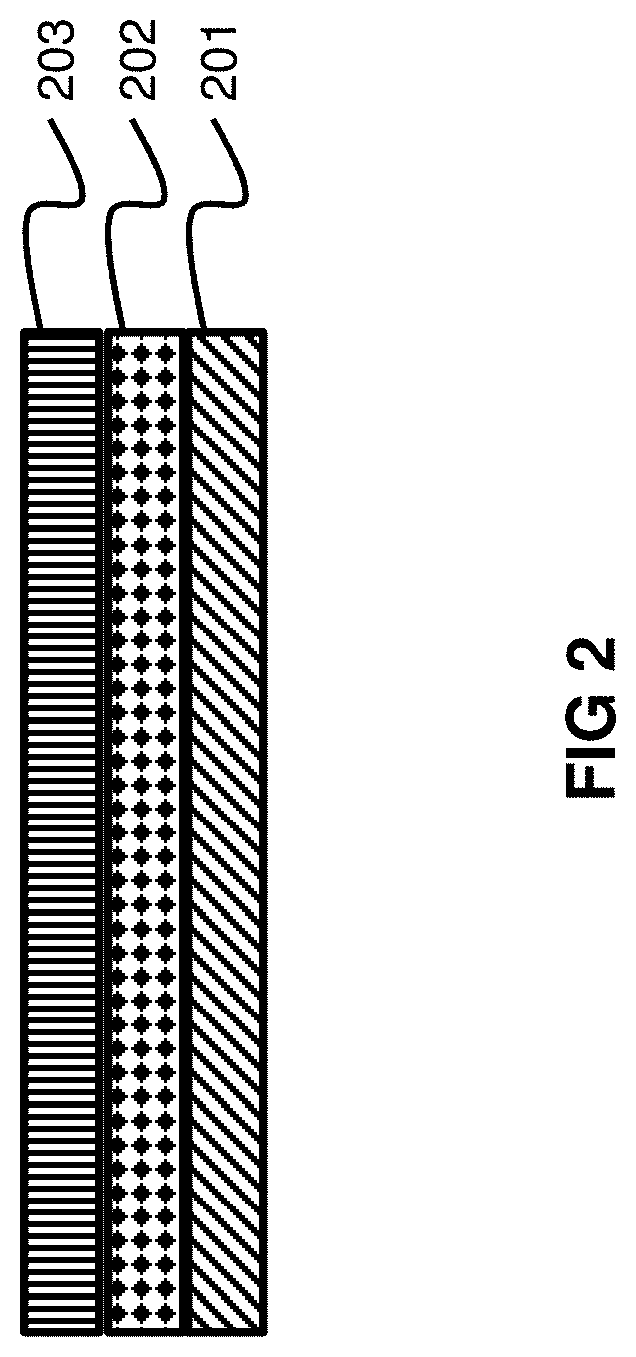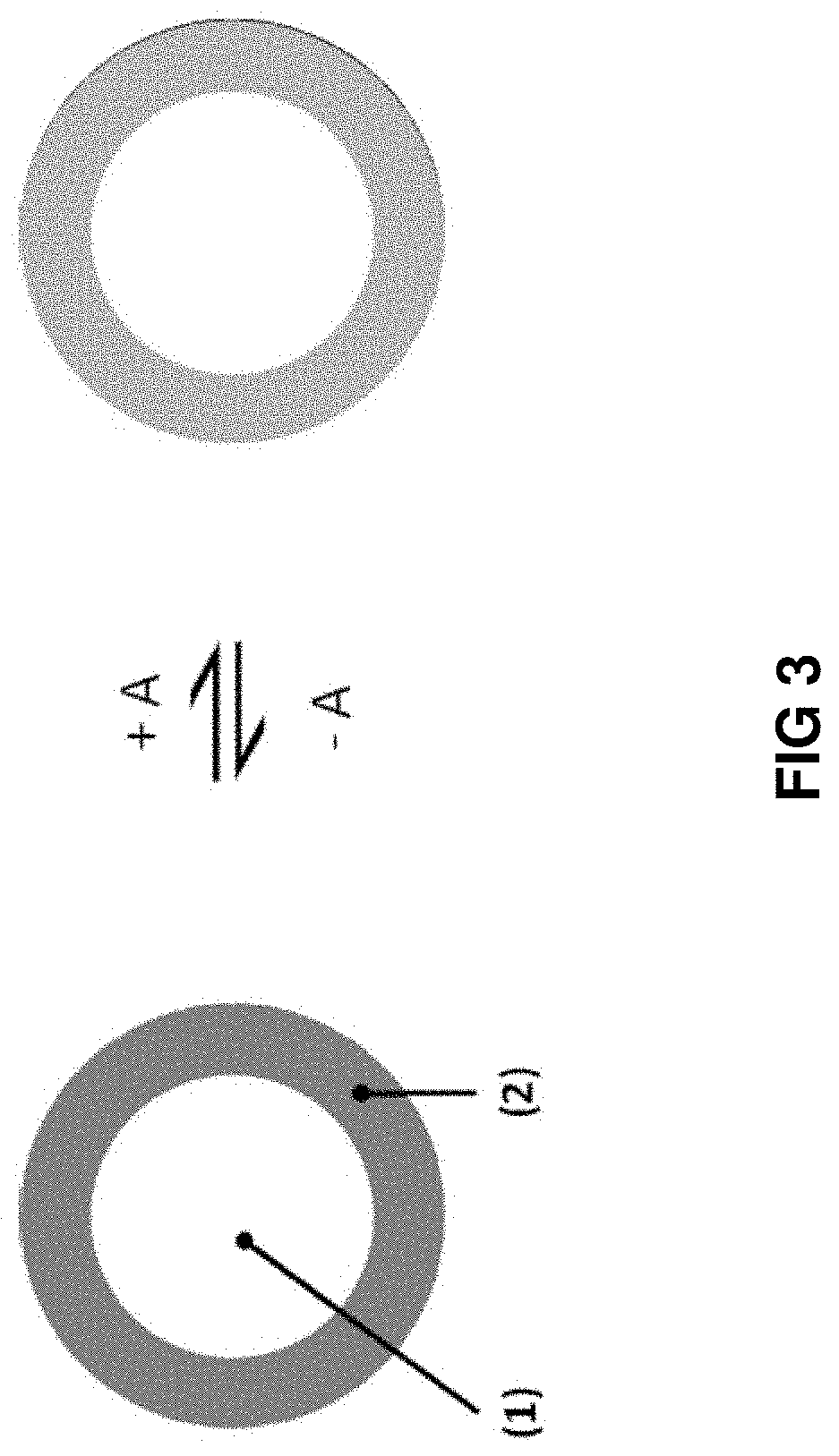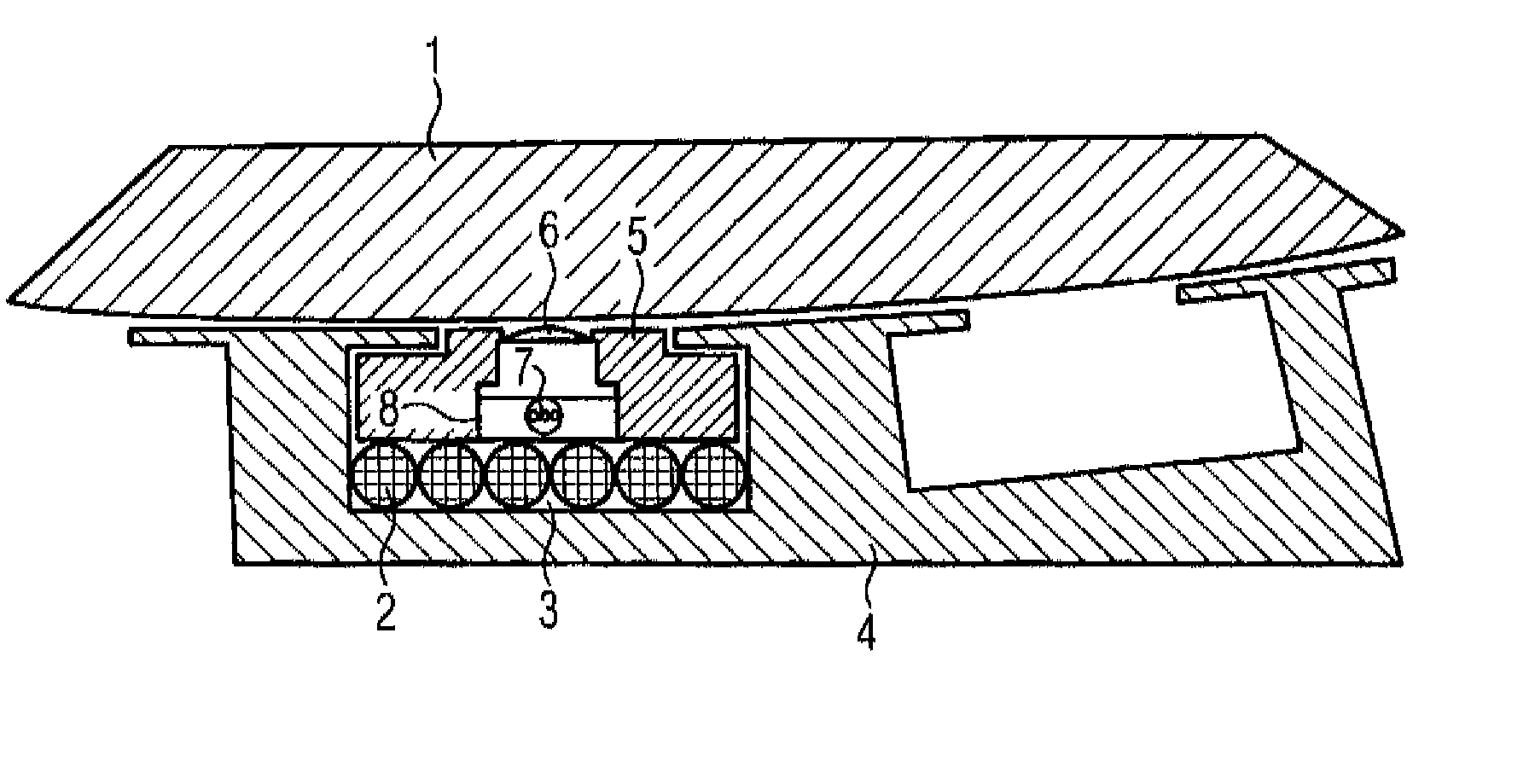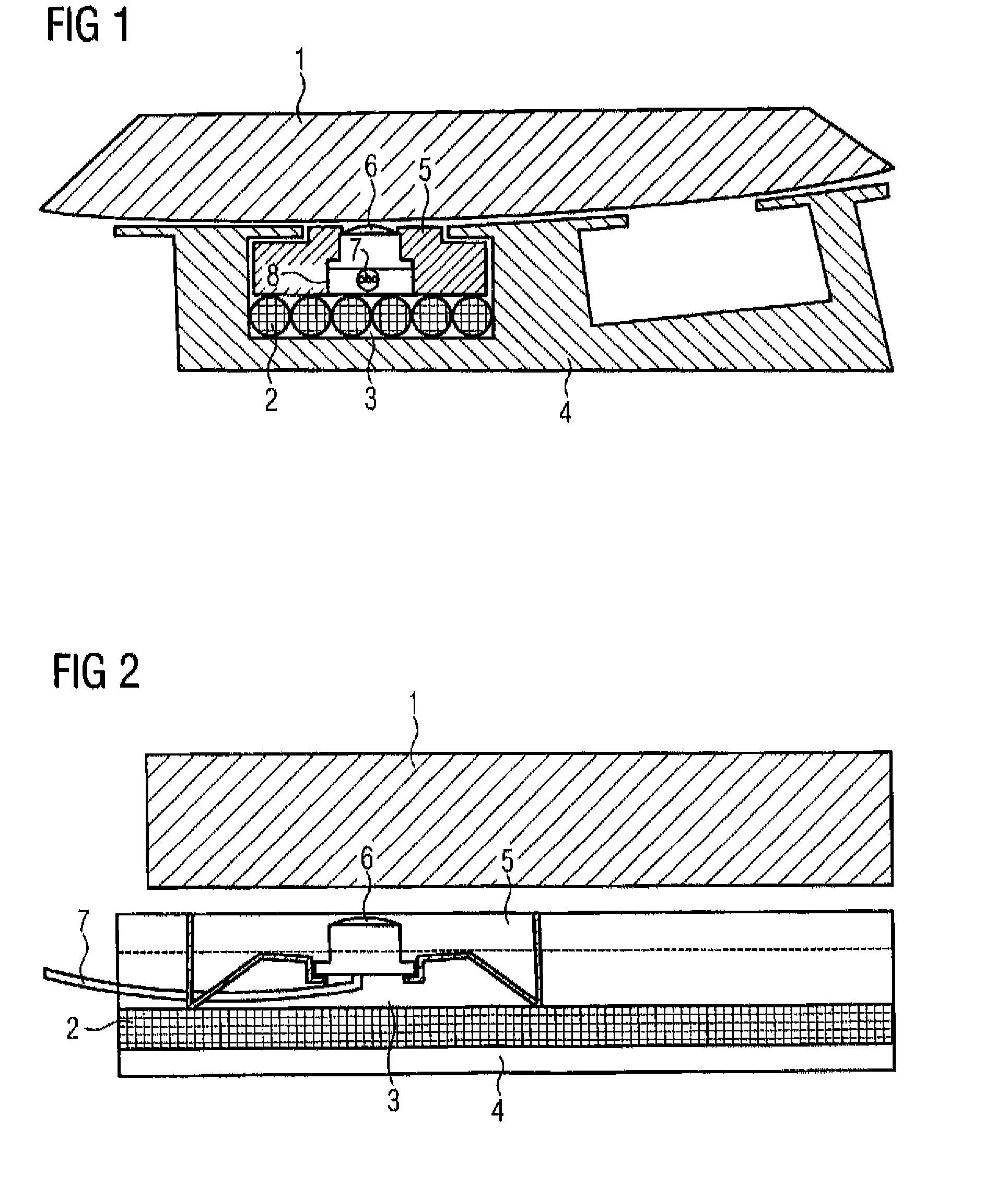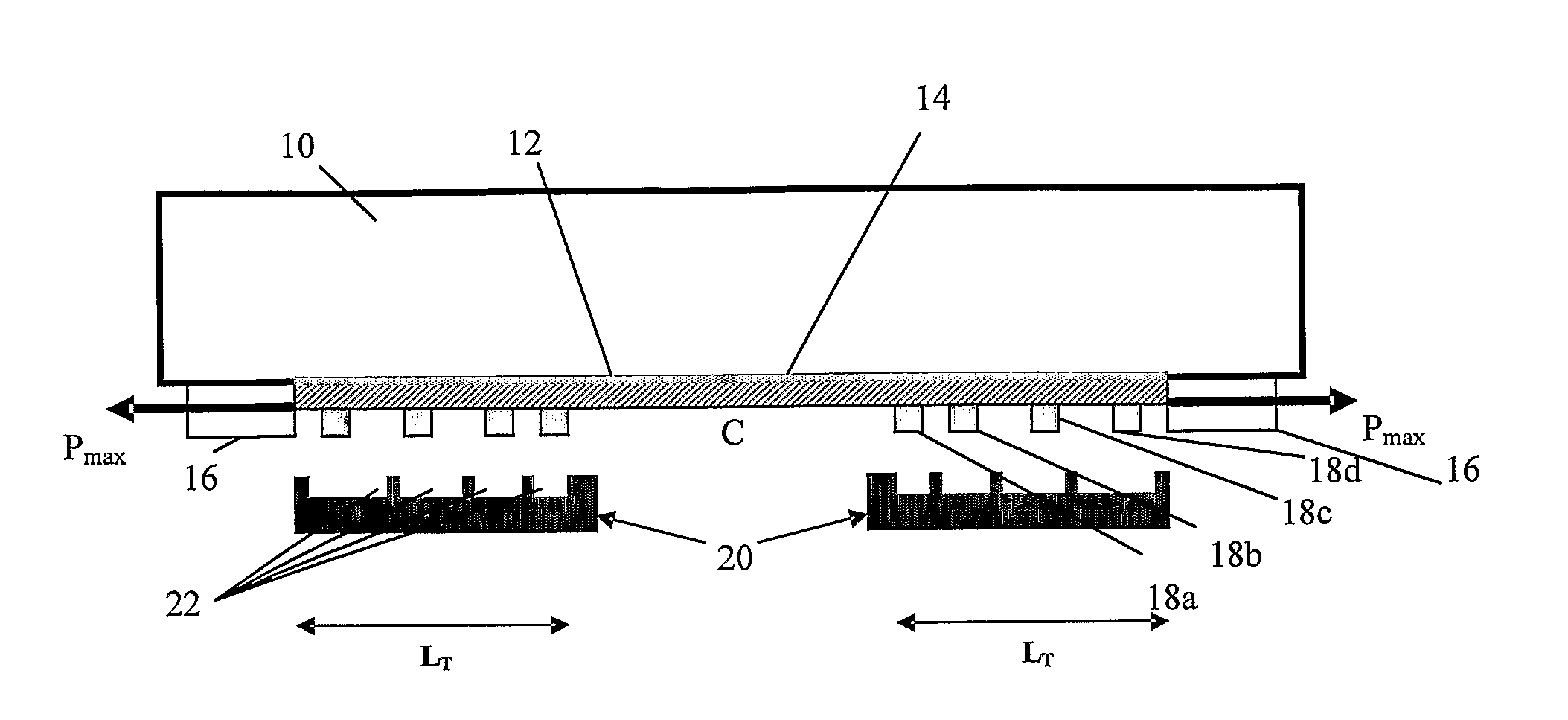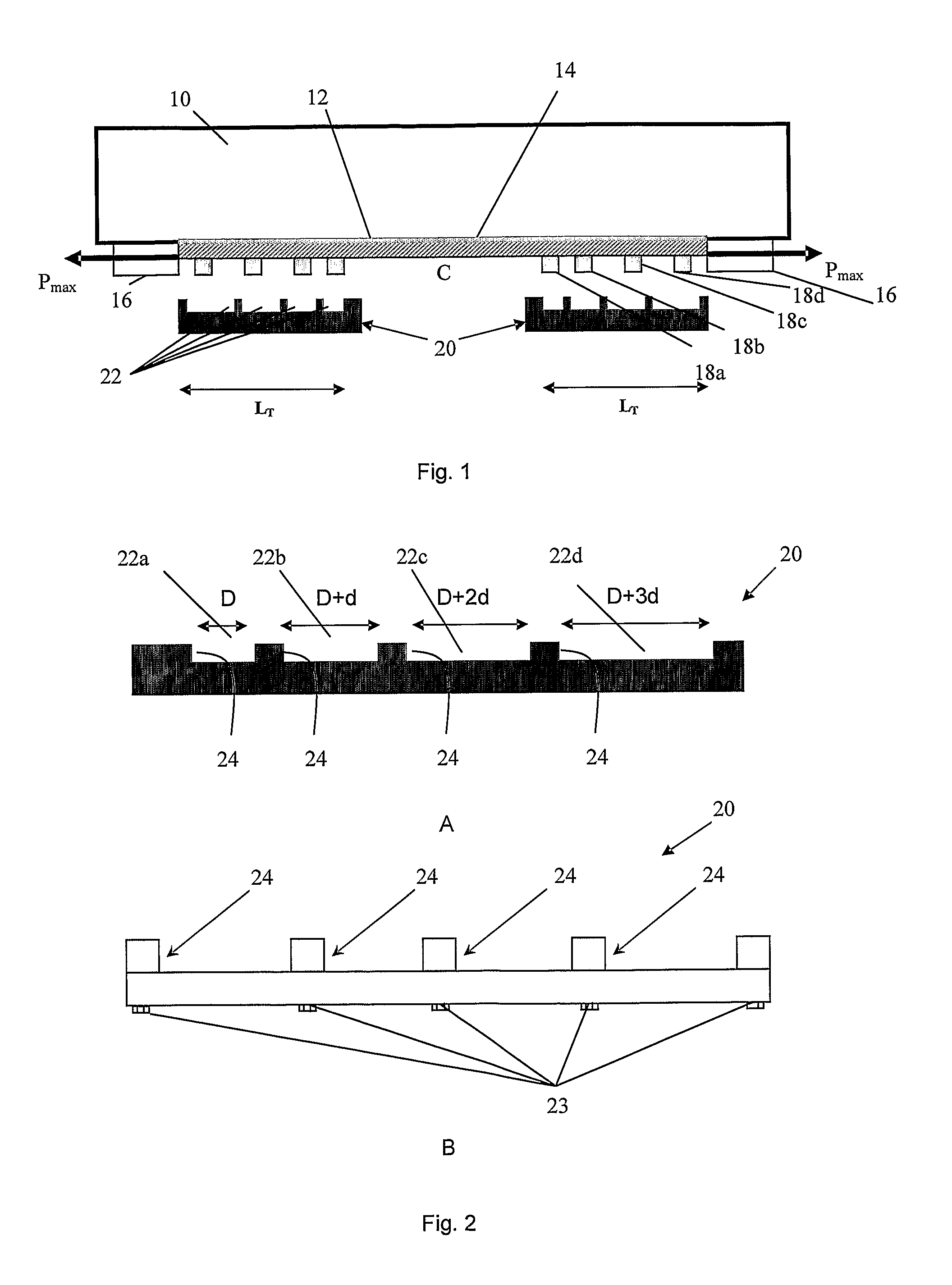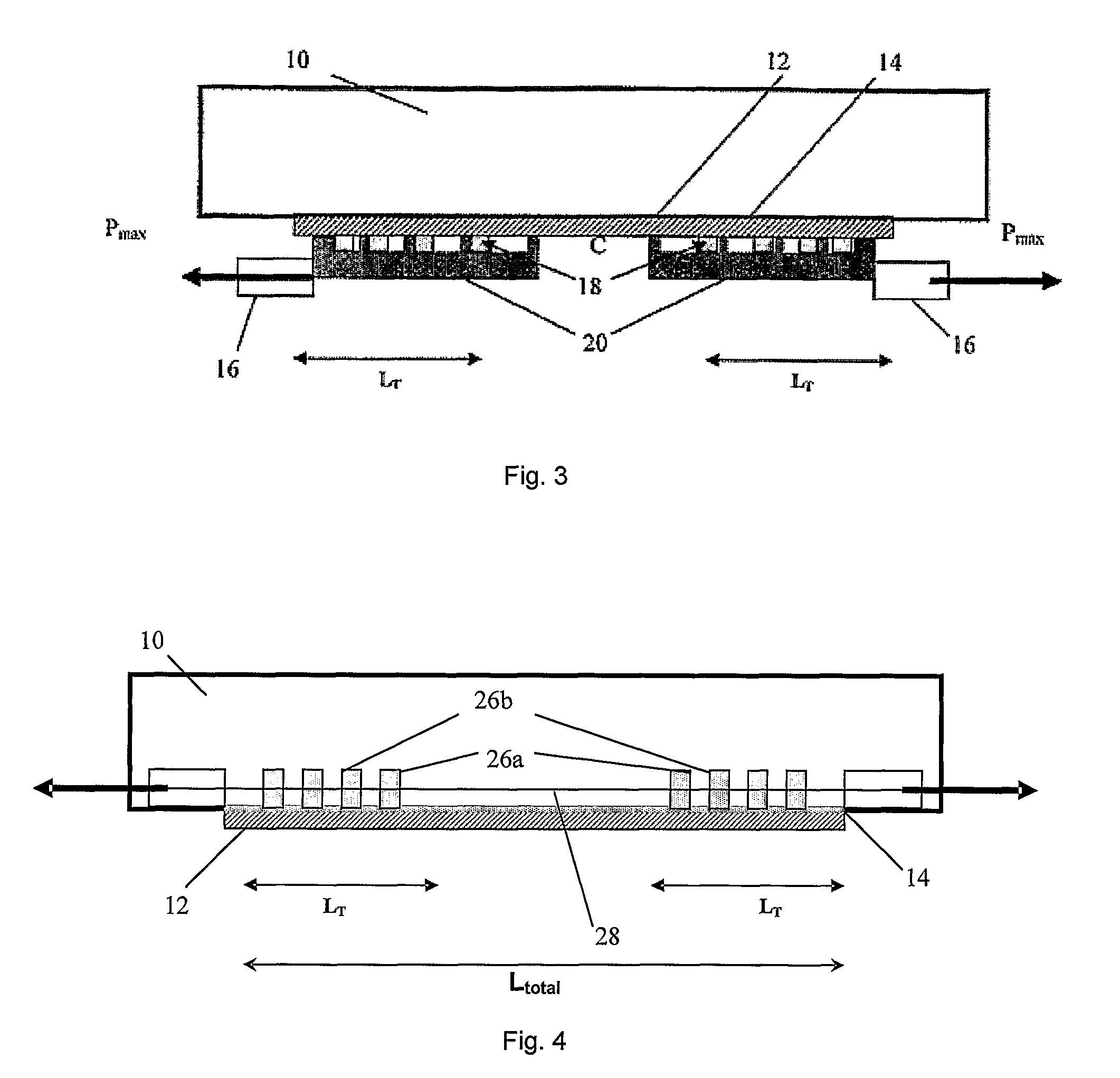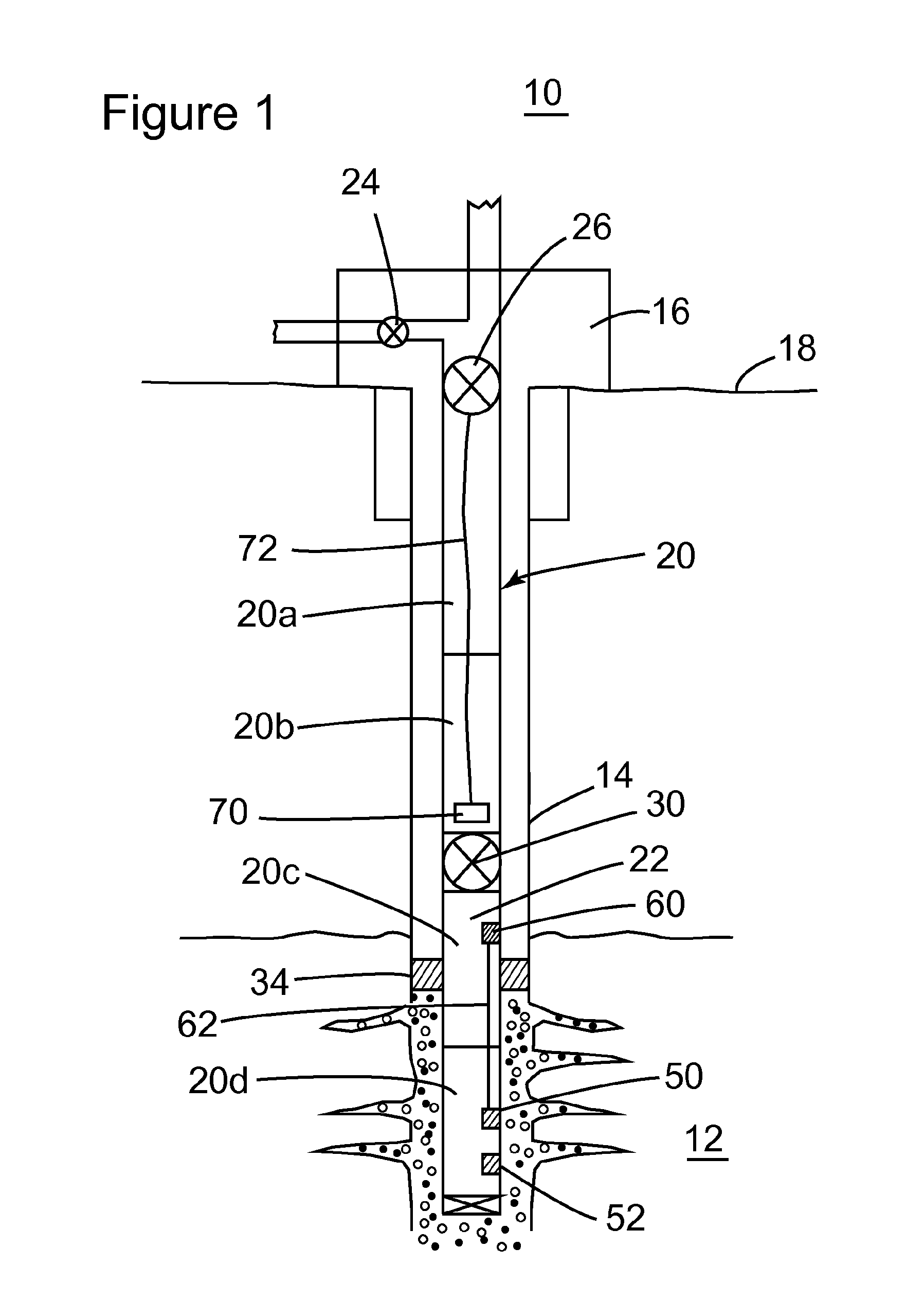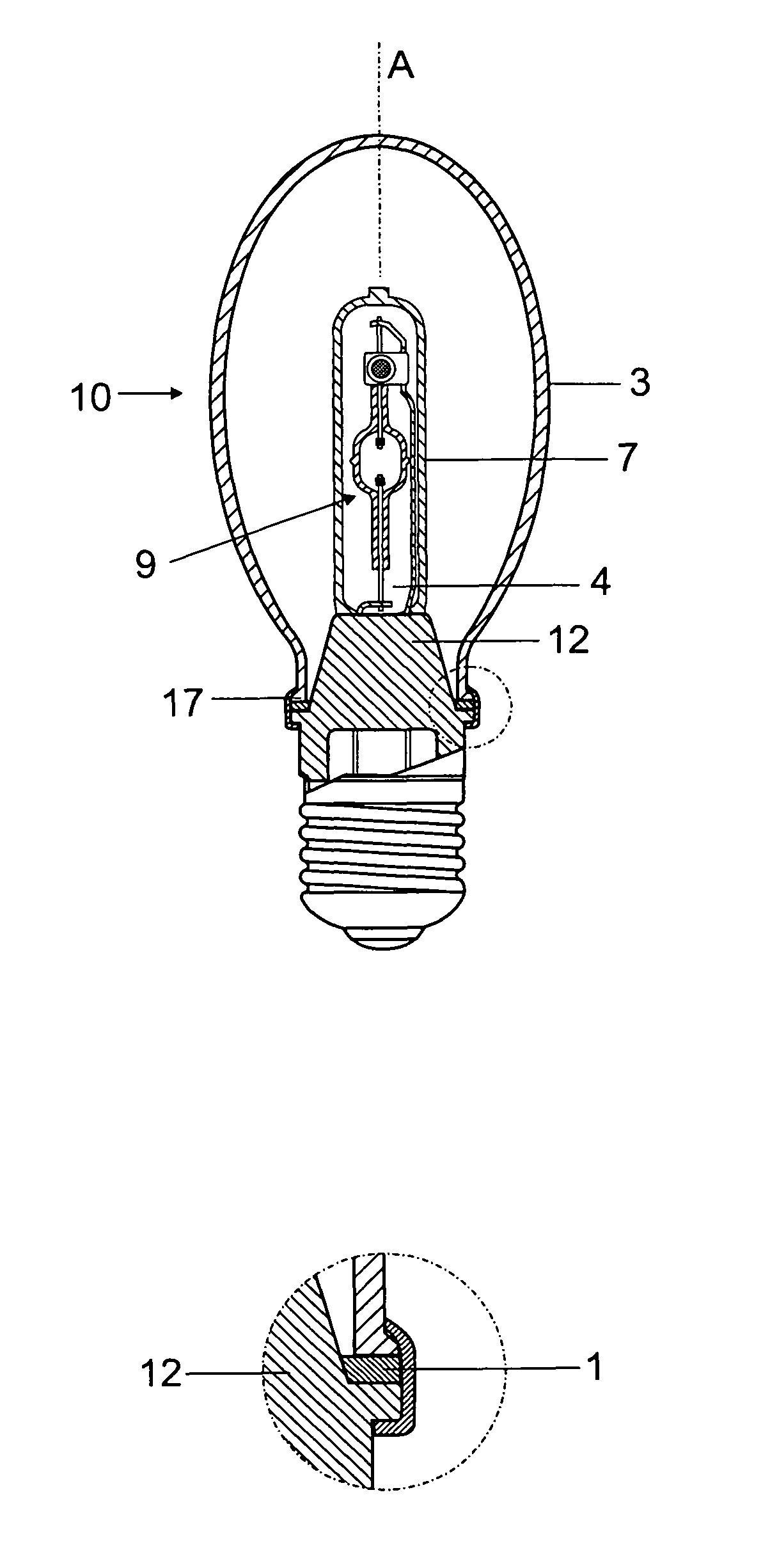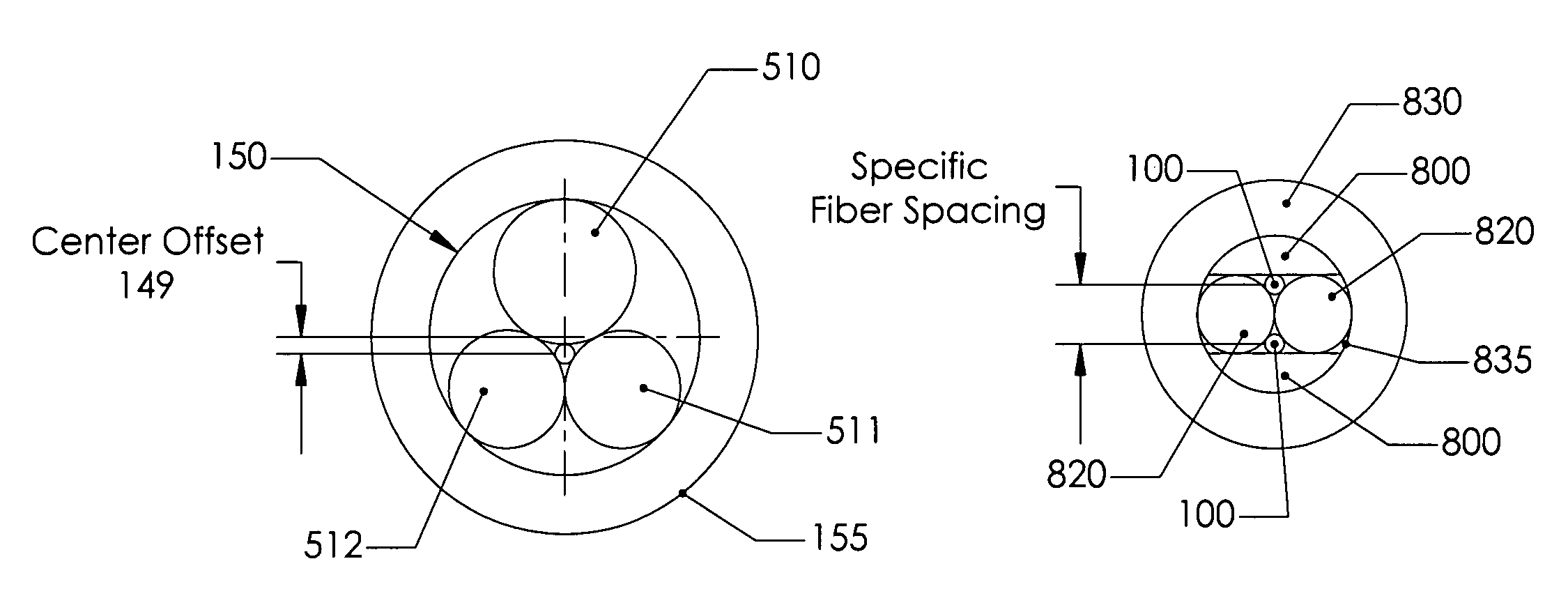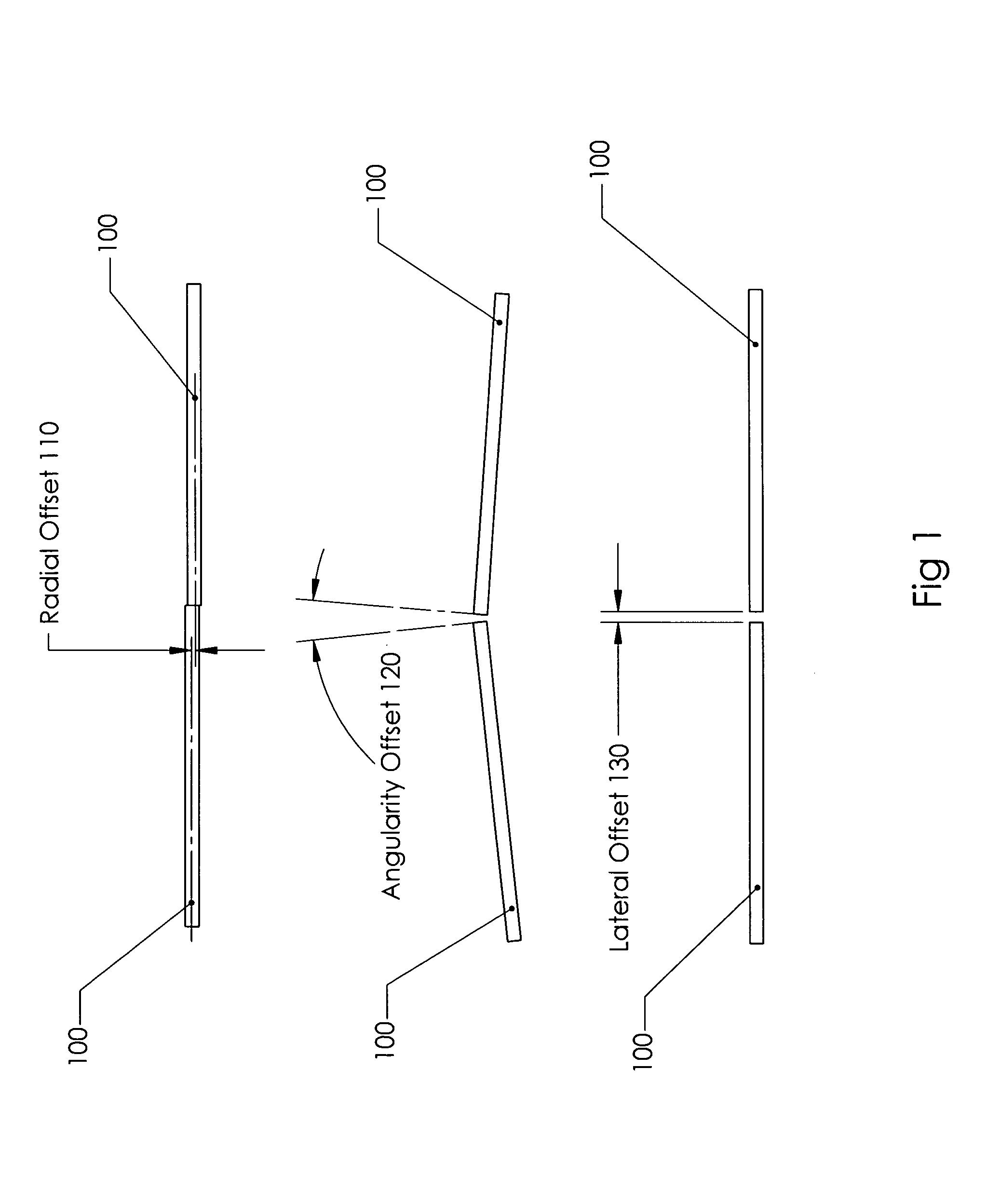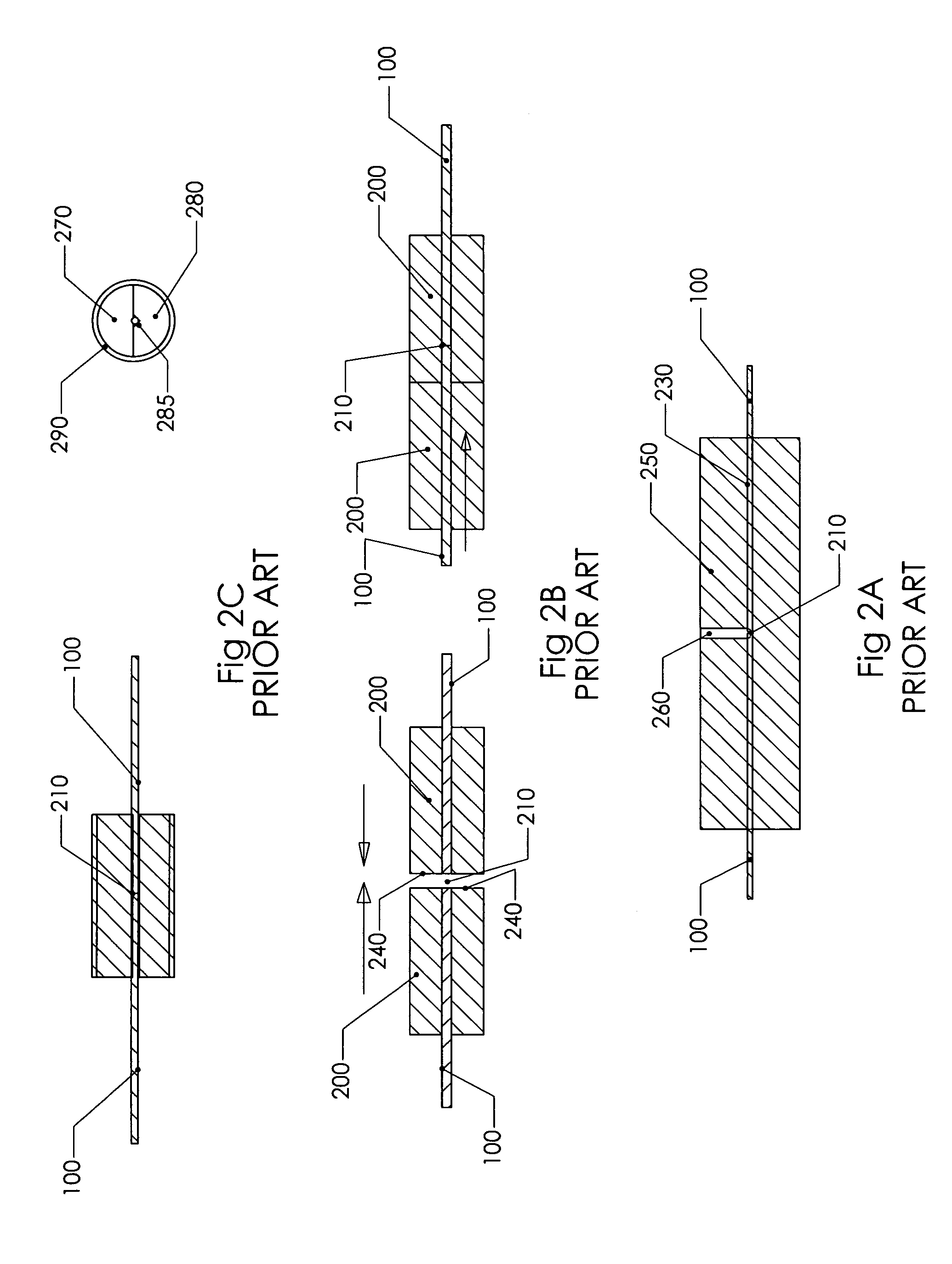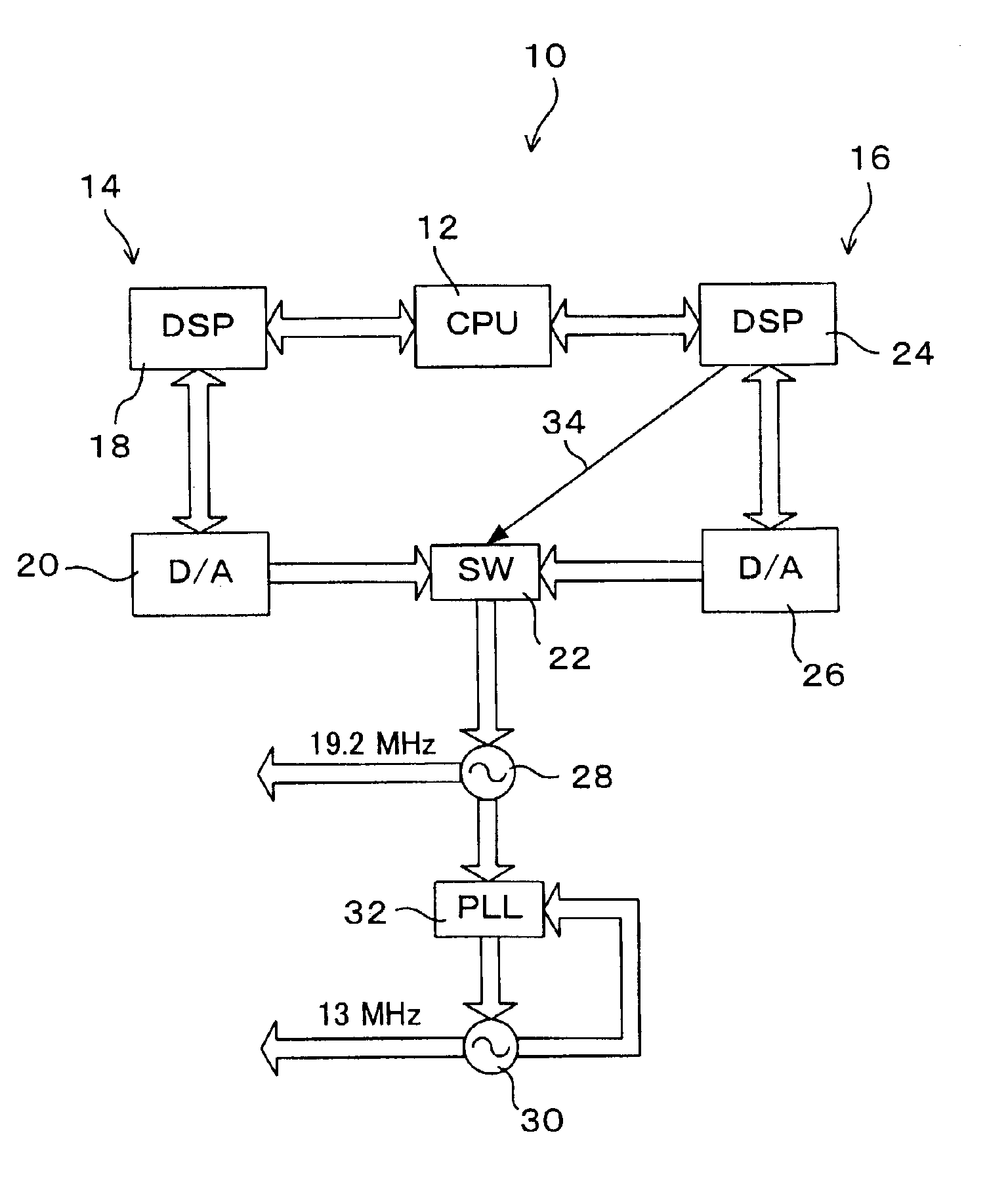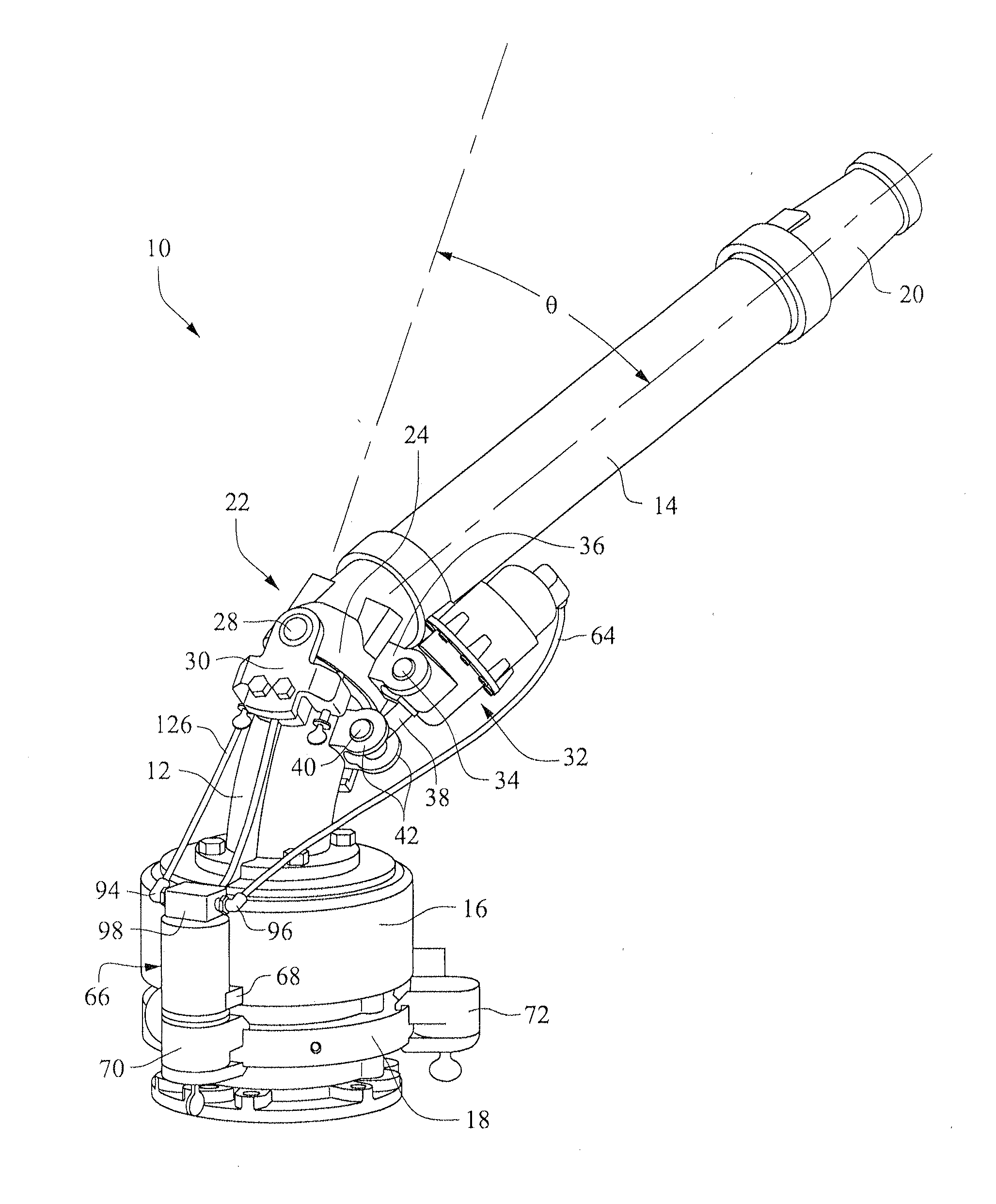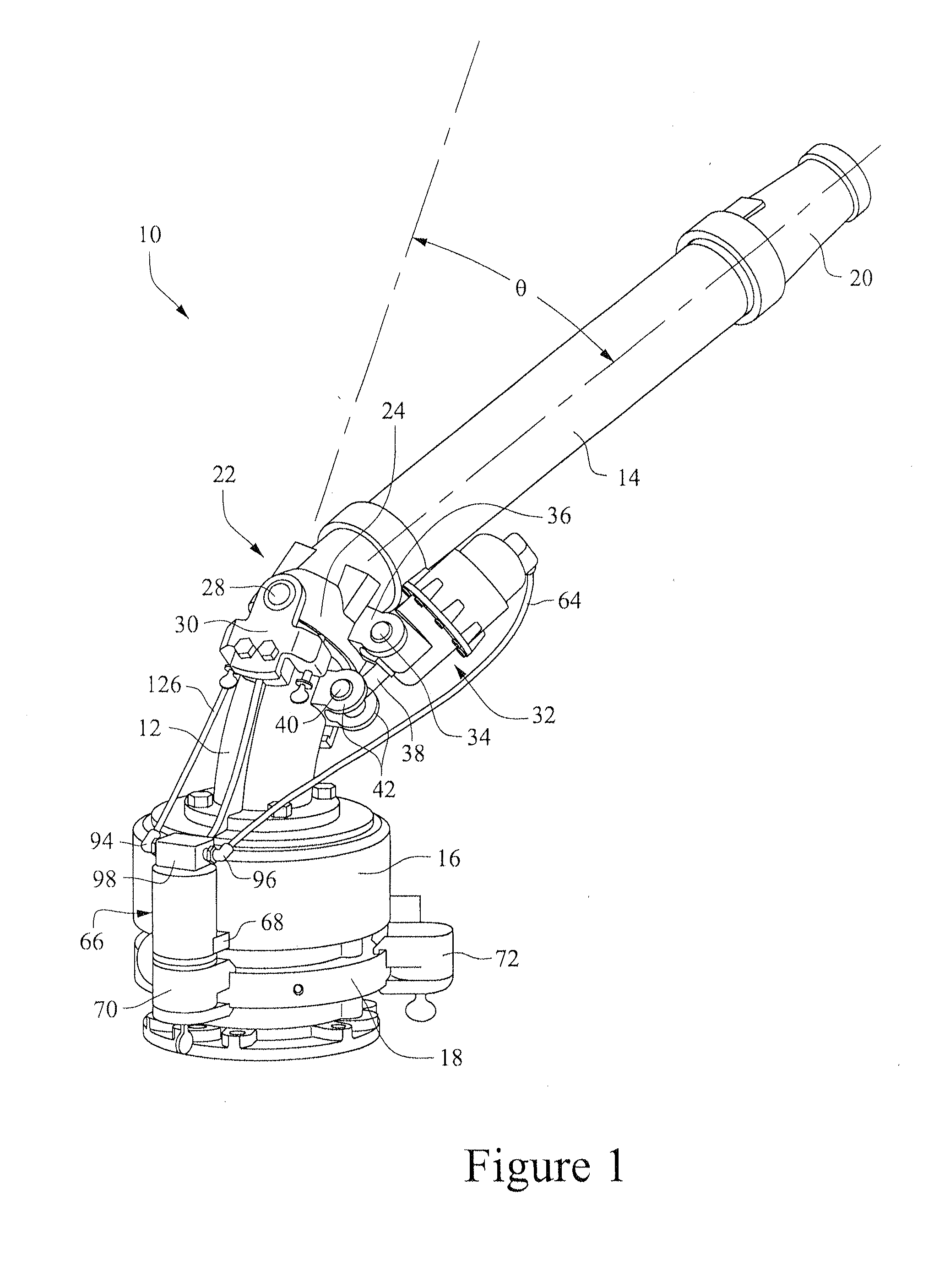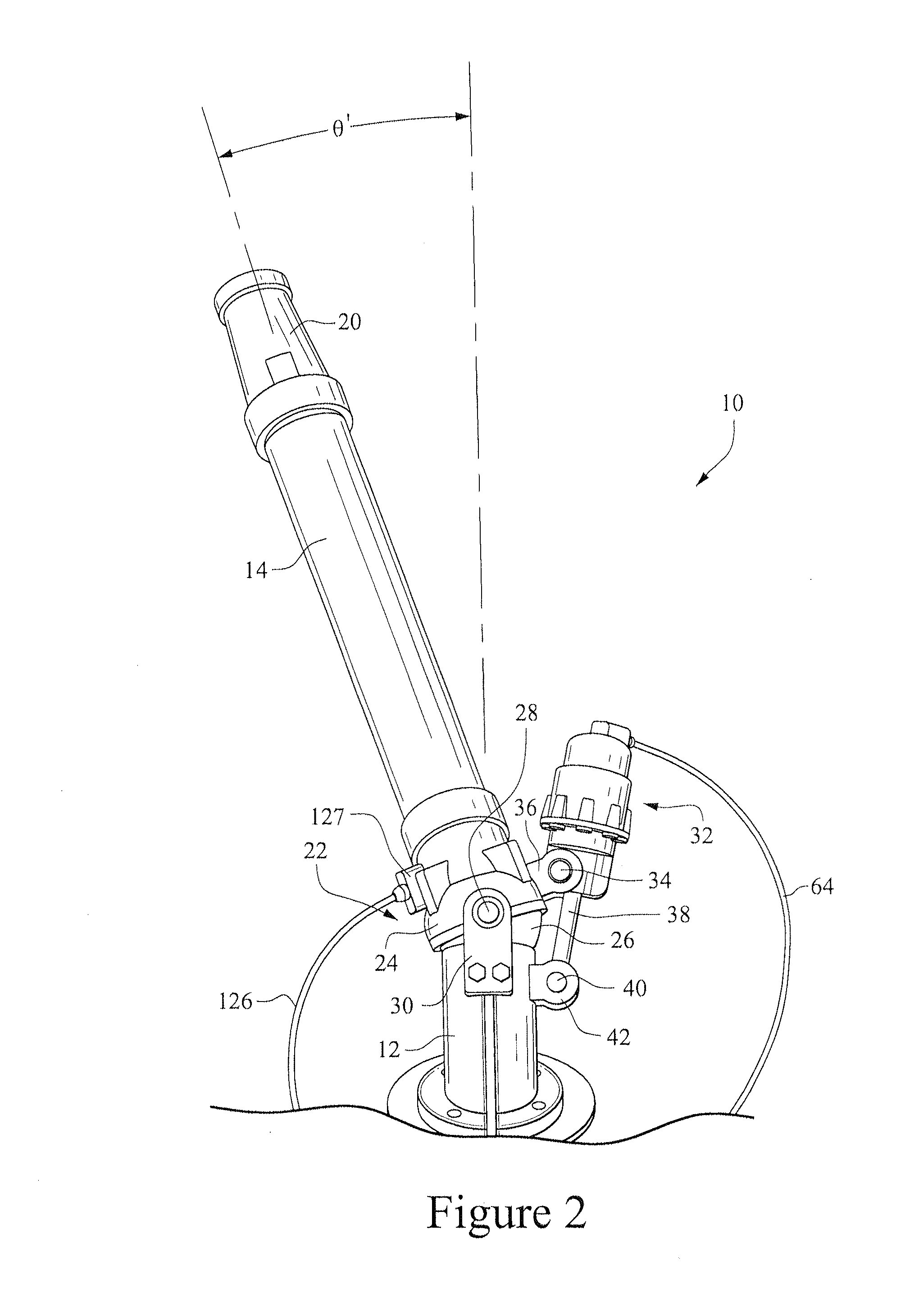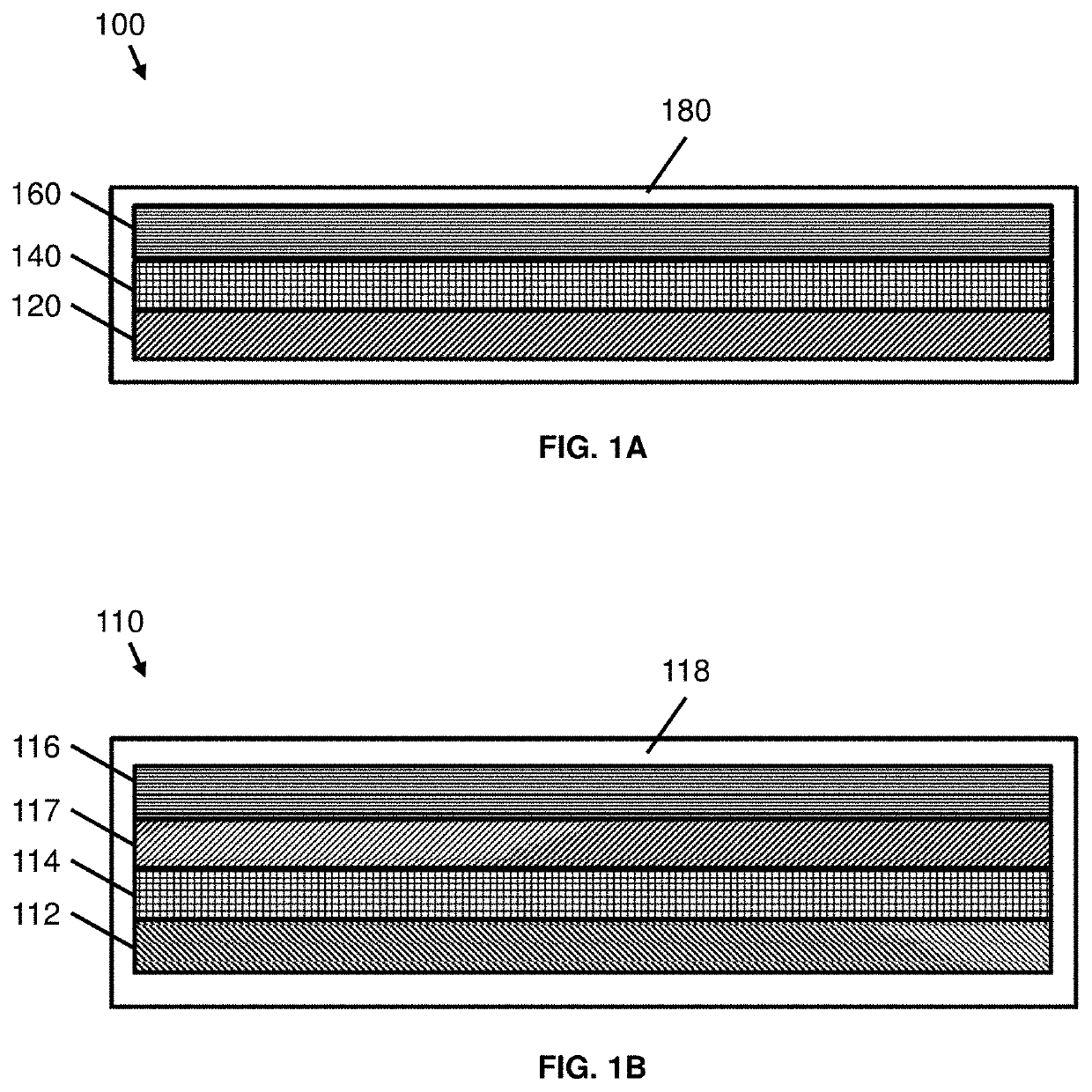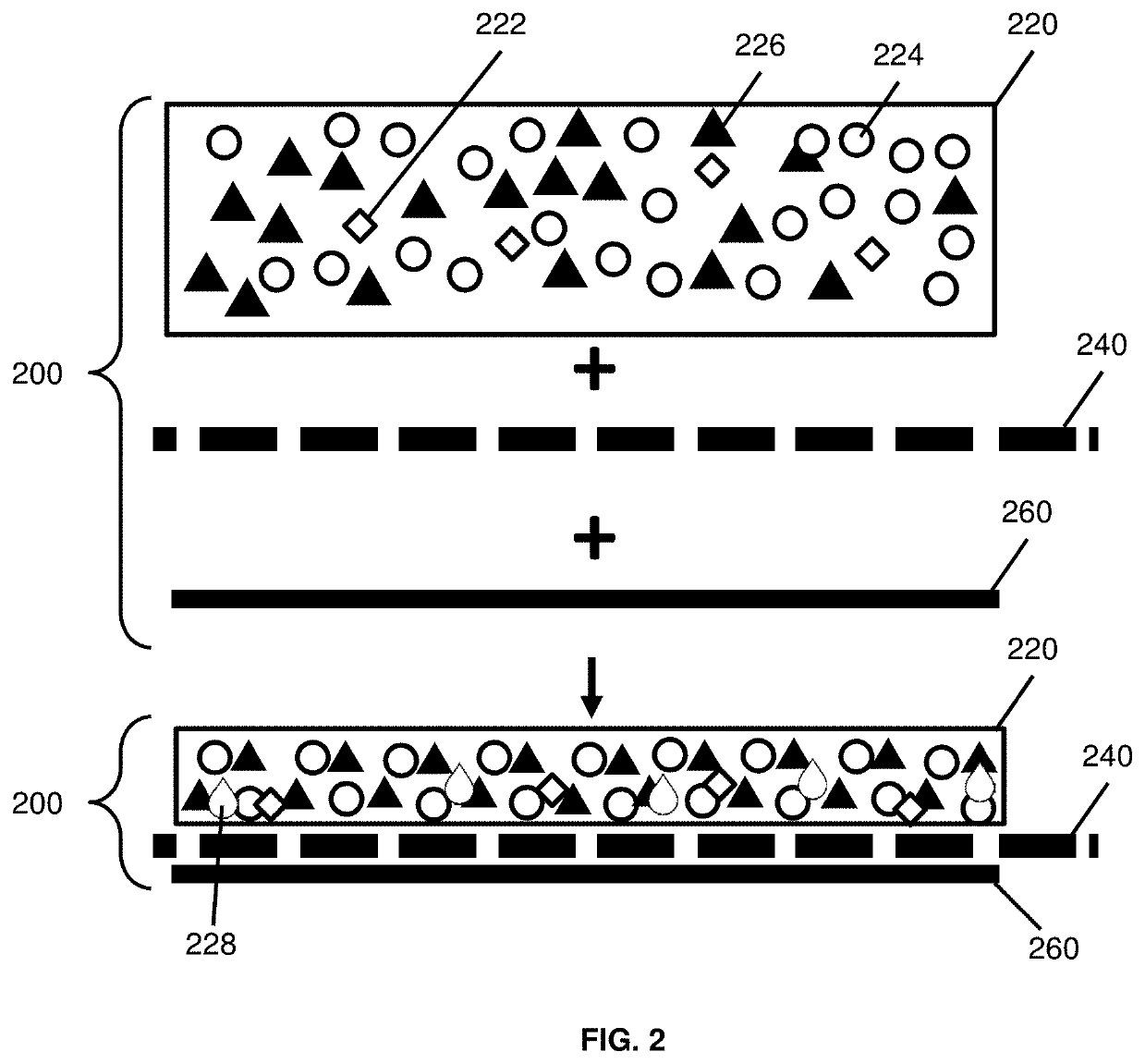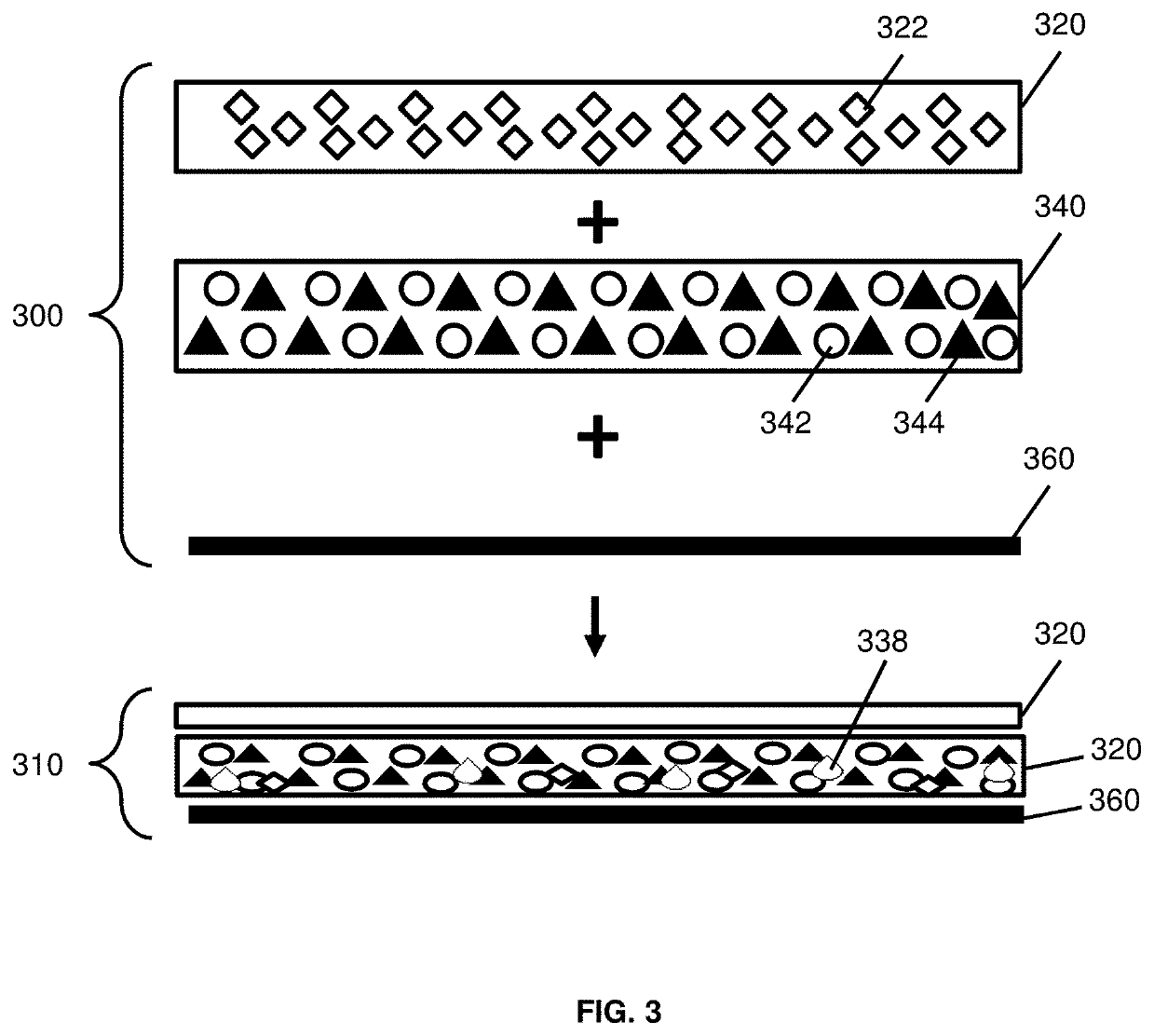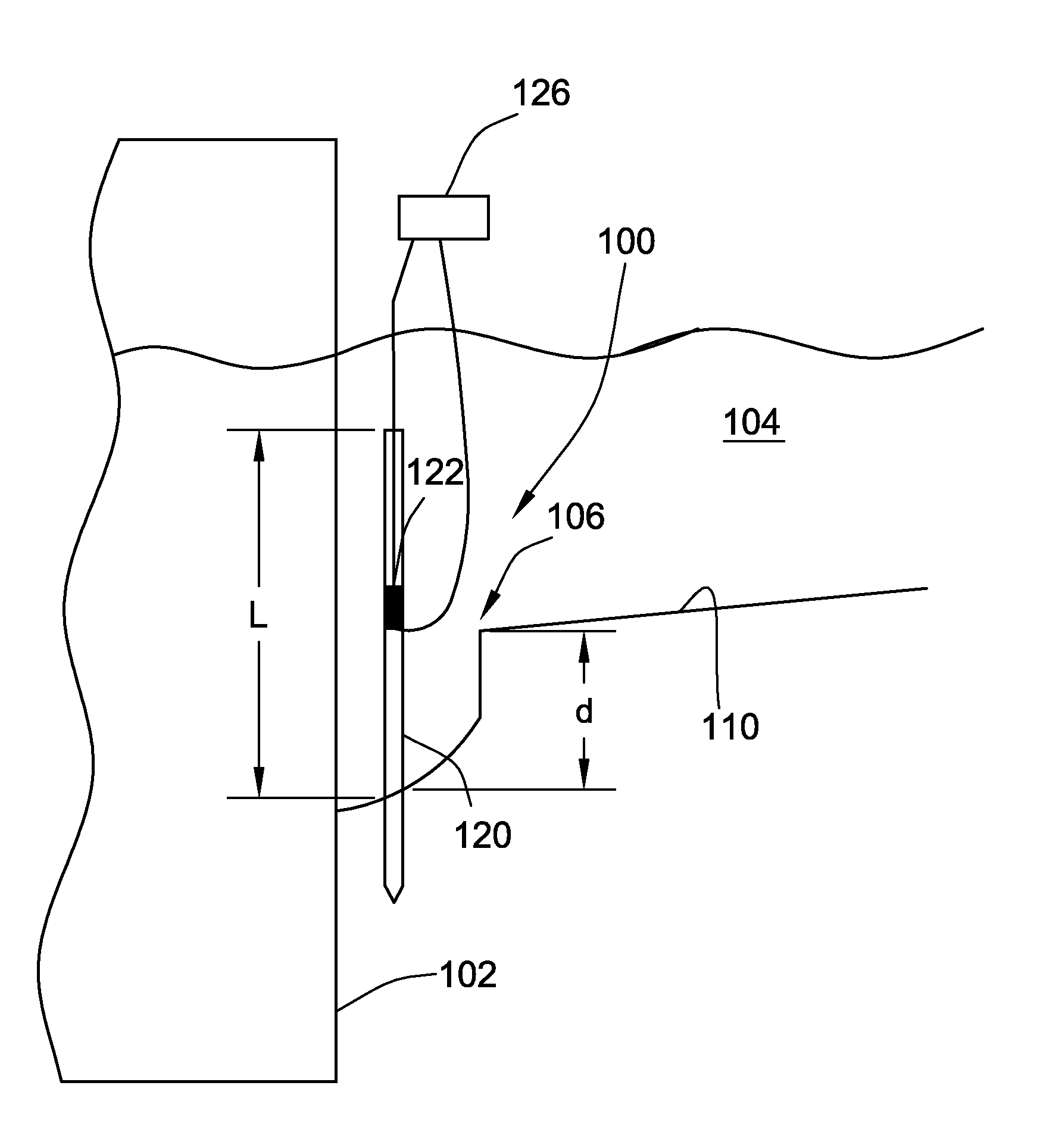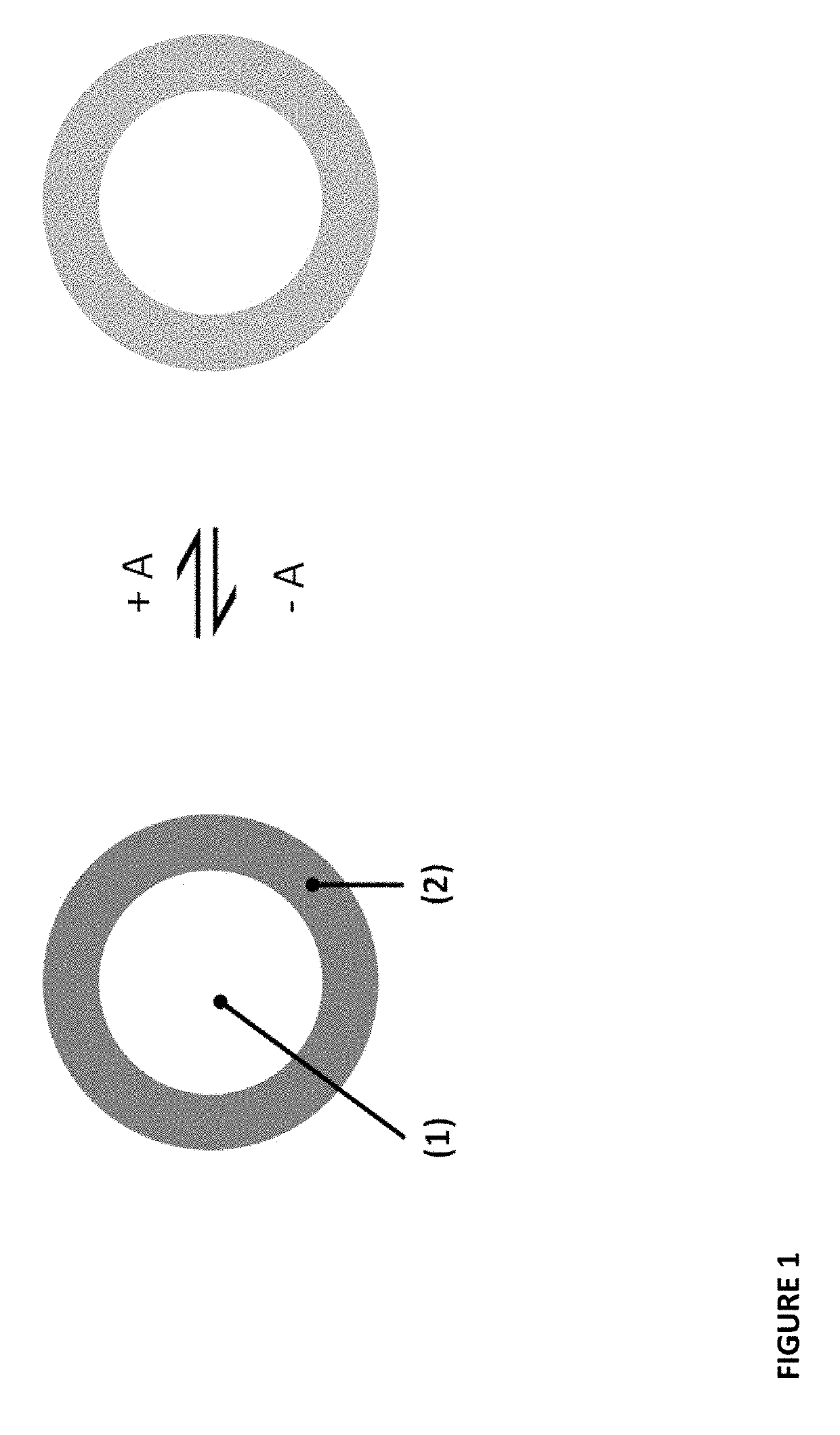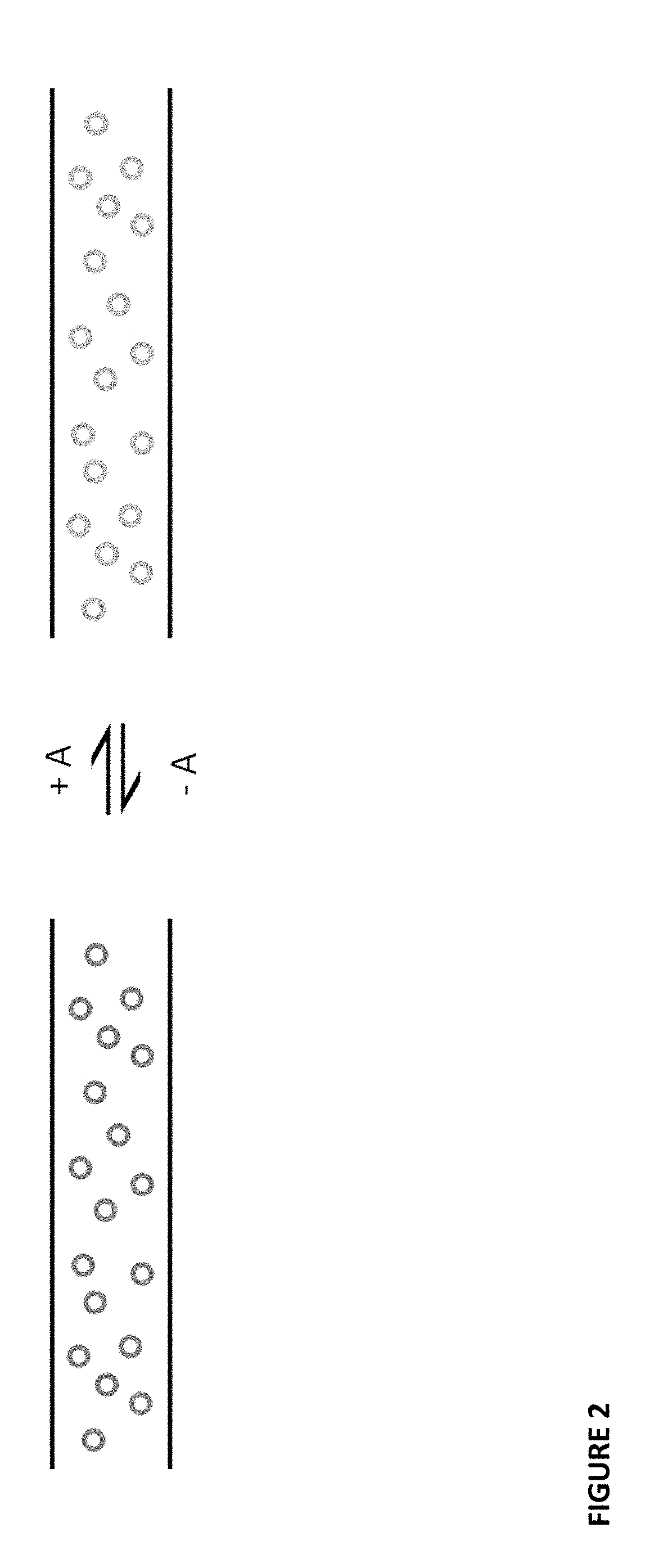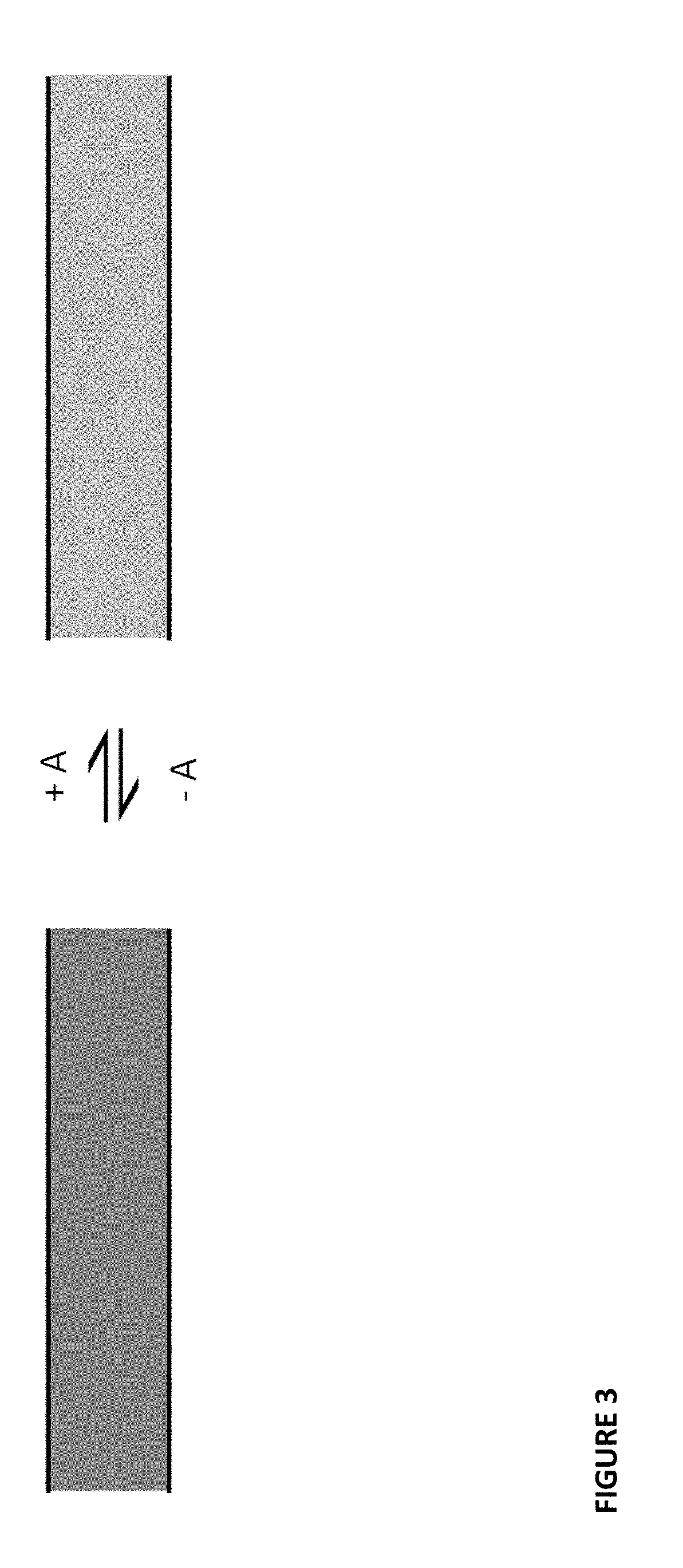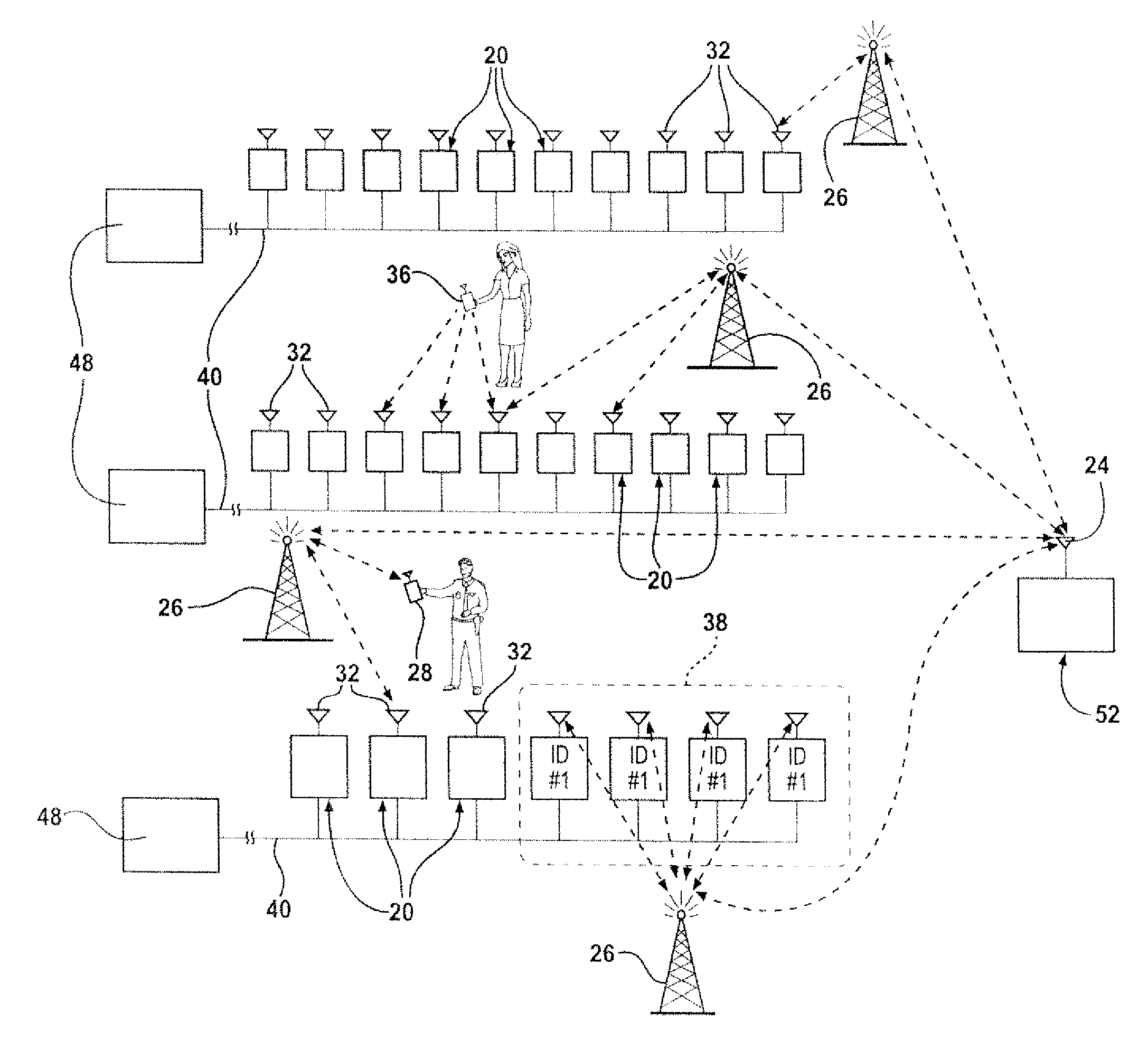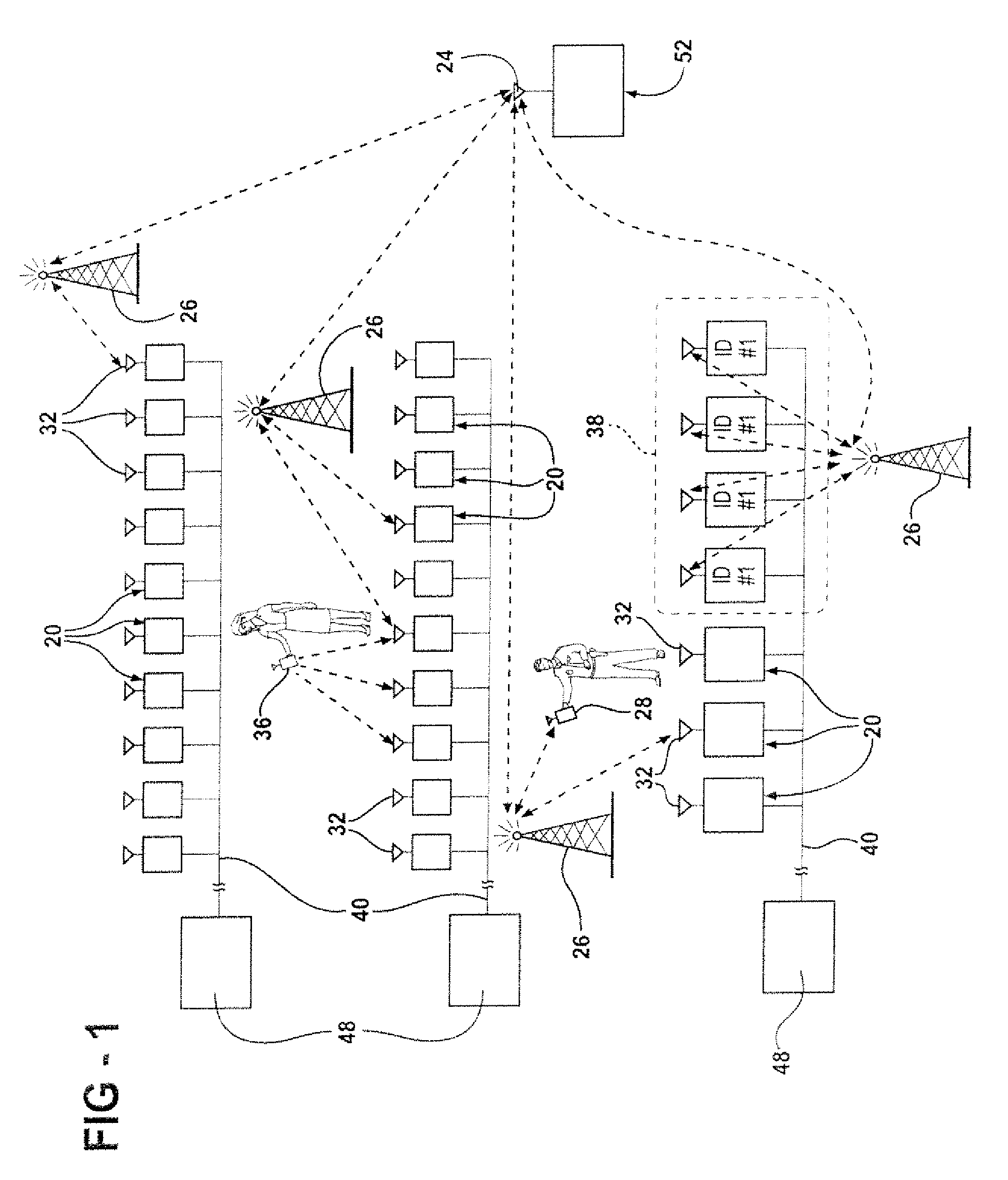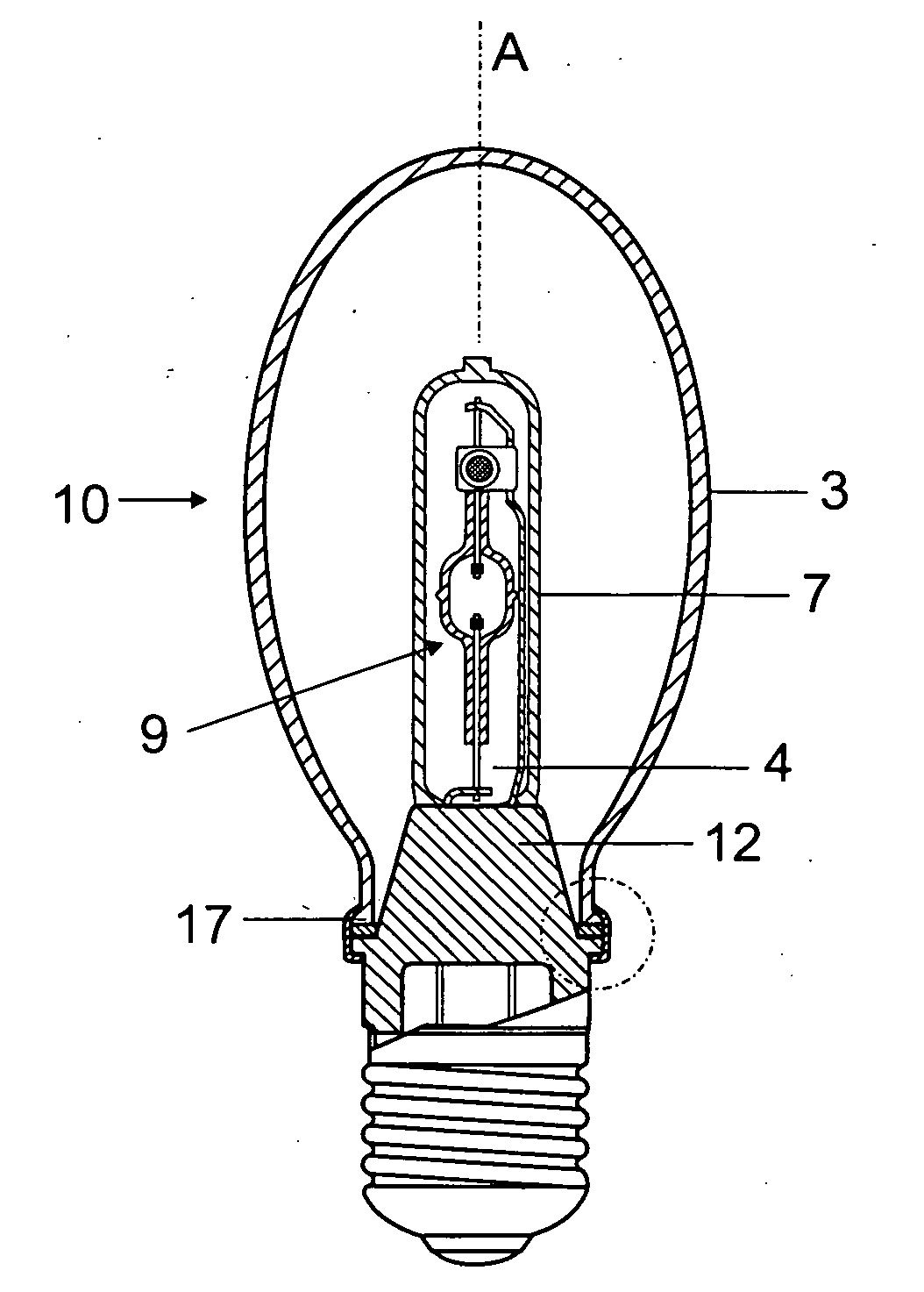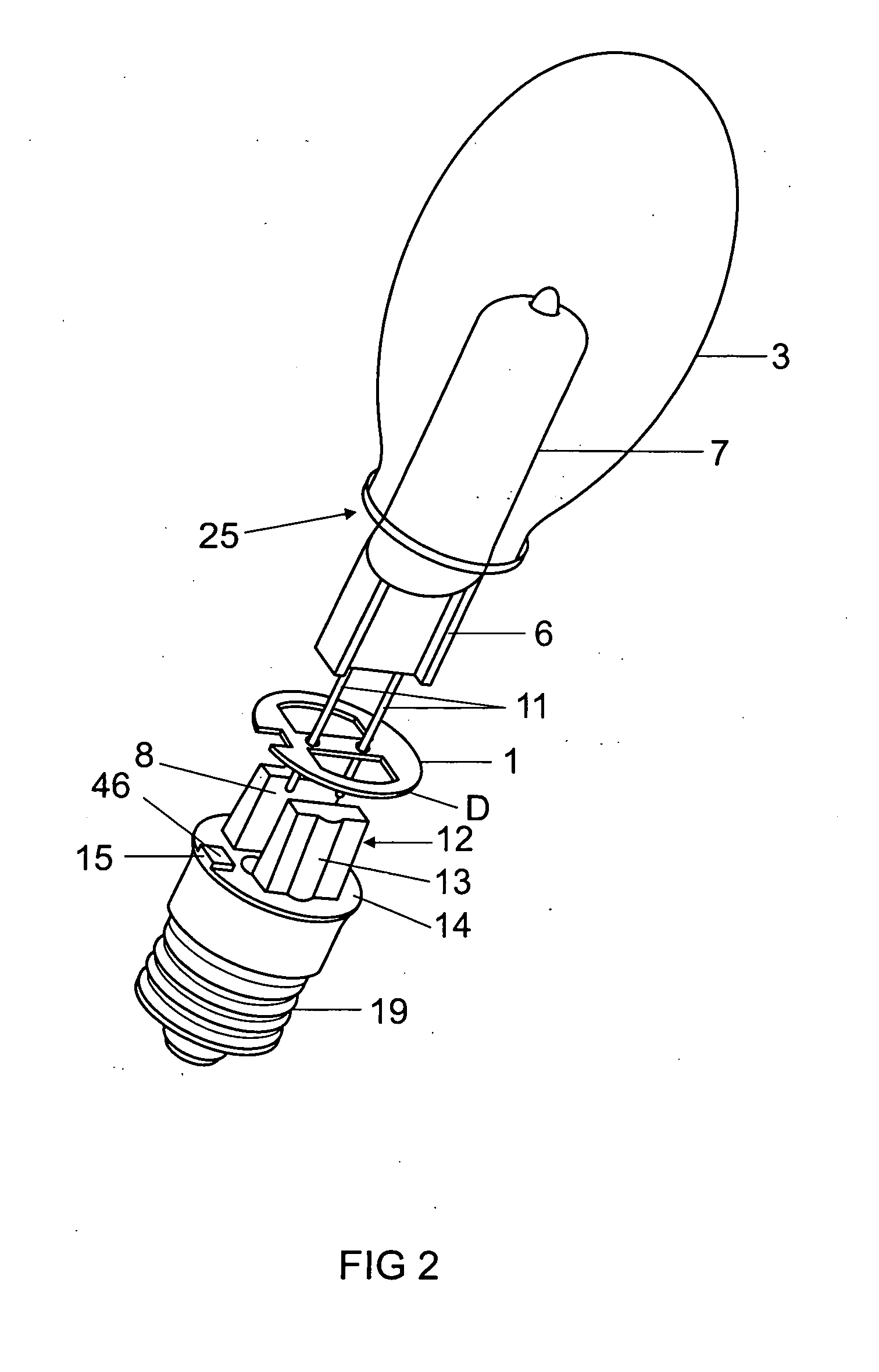Patents
Literature
Hiro is an intelligent assistant for R&D personnel, combined with Patent DNA, to facilitate innovative research.
33results about How to "Simple and reliable and cost-effective" patented technology
Efficacy Topic
Property
Owner
Technical Advancement
Application Domain
Technology Topic
Technology Field Word
Patent Country/Region
Patent Type
Patent Status
Application Year
Inventor
High speed bi-directional solid state switch
ActiveUS6876245B2High response speedSimple and reliableElectronic switchingSolid-stateElectrical isolation
A bi-directional solid state switch has two main transistors which are connected to each other with input to input and input referenced output to input referenced output. Each unreferenced transistor output is separately connected to an output terminal of the switch. An electrical impedance is connected between the input connection and the input referenced output connection. A driver signal is connected across the input connection and one output terminal. This circuit topology is counter-intuitive, but provides advantages which can include eliminating the need for electrical isolation, being capable of turning on or off at any time, at or between zero crossings, having a high speed of response, simplicity, reliability, cost-effectiveness, and energy-efficiency.
Owner:GRID2020
Lamp with single-sided socket
InactiveUS20060226754A1Easy to installEfficient productionIncadescent screens/filtersPoint-like light sourceElectric lightEngineering
Electric lamp with a base at one end, having an inner vessel surrounded by an outer jacket, a base with electric connections supporting the inner vessel and the outer jacket, having the following features: a) the base has a base insulator with a central opening with a surrounding collar in which the inner vessel is held without cement; b) the base insulator has a circular, radially projecting segment with an associated upper and lower plateau with reference to the base; c) the outer jacket has a circular opening on the base side with a radially projecting edge that has an upper and lower contact surface with reference to the base, the lower contact surface of the edge being compatible with the upper plateau of the circular, radially projecting segment at the base insulator; and d) the outer jacket is fastened on the base by a cementless mechanical holding mechanism.
Owner:LEDVANCE GMBH
Fiber guiding platform for mechanical splicer, optical connectors, fiber holder and methods
A three rod bundle confined inside a sleeve is constructed as a light guiding fiber mechanical splicing device which is stiff, strong and precise, with no moving parts. The design also applies to splicing fibers to pre-polished optical connectors through a built-in model of this innovative mechanical splicer. Applying the Soddy circles formula and using a bin approach assists in deriving the exact rod sizes needed and sleeve bore size to accommodate the three-rod bundle, so that this apparatus can be properly designed to guide any size of light guide fibers and studs with minimum clearance. Rods of varying diameters are sorted into bins and chosen based upon the aperture desired, thus eliminating the need for tight tolerance of the diameters of the three rods. This unique design allows for construction of a precision virtual hole of very long depth, which enables two optical fiber studs to butt against each other with a core to core misalignment of less than 1 um for single mode fiber optics cables. Unlike prior arts, the sleeve holding the rods eliminates the need for any clamping mechanism to tighten a loose bundle, which induces undesirable mechanical strain. It also eliminates the need to use a fiber clamp to force the fiber studs against dimensionally unstable V or U groove alignment features which also induce undesirable mechanical strain. A fiber holder is also presented to depict the usefulness of this invention on hold fiber in position.
Owner:WANG WEI MIN
Bed exit alarm
InactiveUS8042206B2Simple and reliable and cost-effectiveStuffed mattressesSpring mattressesEngineeringSignal processing
A bed exit detecting system cooperable with a mattress includes a pair of bolster air cells respectively positionable adjacent opposite sides of the mattress. A pressure source is provided in fluid communication with the bolster air cells, and a pressure sensor is connected to the air cells. A signal processor communicating with the pressure sensor and the pressure source includes an alarm that is activated when a predetermined pressure change in one of the air cells is detected by the pressure sensor.
Owner:ANODYNE MEDICAL DEVICE
Fuse having an explosion chamber
ActiveUS20160336131A1Simple and reliable and cost-effectiveConductor severing switchesHigh-tension/heavy-dress switchesEngineeringHigh voltage
Embodiments disclose a fuse comprising a one power lead, an explosion chamber and an isolating chamber, wherein the fuse is designed such that a power lead can be broken into at least two parts by an explosion triggered in an explosion chamber. The two parts are separated from each other in an associated isolating chamber by a respective electrically insulating partition. Embodiments disclose a method comprising a power lead, an explosion chamber and an isolating chamber, wherein an explosion is triggered in the explosion chamber so that the power lead is broken into at least two parts and bent into the isolating chamber such that at least two parts are separated from one another by an electrically insulating partition. The present disclosure can be applied to pyrotechnic fuses for vehicles and to high-voltage fuses.
Owner:LISA DRAXLMAIER GMBH
Method
InactiveUS20110000606A1Increase workSupport function be reduceCovering/liningsWallsPre stressingGrout
Method for applying a reinforced composite material, such as a fibre reinforced polymer (FRP) laminate or a steel reinforced polymer (SRP) laminate or a steel reinforced grout (SRG) composite, to a structural member. The method comprises the steps of: applying a curable adhesive to a surface of the structural member and / or a surface of the reinforced composite material, and bringing said surfaces into contact. A pre-stressing force, Pmax, is directly or indirectly applied to the reinforced composite material. The pre-stressing force, Pmax, to which a treatment length, LT, of the reinforced composite material is subjected is then decreased so that the reinforced composite material along the treatment length, LT, will be less pre-stressed than the reinforced composite material adjacent to the treatment length, LT, when the adhesive has cured.
Owner:AL EMRANI MOHAMMAD +2
Lamp with single-sided socket
InactiveUS7439662B2Easy to installEfficient productionIncadescent screens/filtersPoint-like light sourcePlateauMechanical engineering
Electric lamp with a base at one end, having an inner vessel surrounded by an outer jacket, a base with electric connections supporting the inner vessel and the outer jacket, having the following features:a) the base has a base insulator with a central opening with a surrounding collar in which the inner vessel is held without cement;b) the base insulator has a circular, radially projecting segment with an associated upper and lower plateau with reference to the base;c) the outer jacket has a circular opening on the base side with a radially projecting edge that has an upper and lower contact surface with reference to the base, the lower contact surface of the edge being compatible with the upper plateau of the circular, radially projecting segment at the base insulator; andd) the outer jacket is fastened on the base by a cementless mechanical holding mechanism.
Owner:LEDVANCE GMBH
Device for Printing Simultaneously Three Dimensional Objects
InactiveUS20150079217A1Easy to disassembleLow melting pointConfectioneryTypewritersEngineeringSupport surface
A device for printing simultaneously three dimensional objects includes a support surface for supporting the object to be printed and a carriage arranged over the support surface. The carriage is movable along two axes of a Cartesian coordinate system parallel to the support surface the distance between the carriage and the support surface is adjustable. A number of printing heads are arranged at the carriage. The printing heads are positioned at a regular first pitch distance along the first axis of the Cartesian coordinate system and at a regular second pitch distance along the second axis of the Cartesian coordinate system.
Owner:SDD HLDG
Sensor, methods of calibrating a sensor, methods of operating a sensor
InactiveUS20110265547A1Reduce the amount requiredImprove practicalityWave based measurement systemsWeather/light/corrosion resistanceEngineeringCantilever
A scour sensor and method of detecting scour in the bed of a body of water as well as a sensor and method for determining the subgrade modulus of a subgrade are provided. The scour sensor includes an elongated rod that can be driven into the bed of a body of water such that a portion of the rod is cantilevered from the bed into the water. The rod has a known dynamic characteristic that is variable depending on the amount of the rod that is embedded in the subgrade. In one implementation, the known characteristic is the natural frequency of the rod. The scour sensor further includes a sensor element for monitoring a dynamic characteristic of the rod. Methods of using and calibrating a scour sensor are also provided. Further, the sensor may be used to determine a subgrade modulus of the subgrade.
Owner:THE BOARD OF TRUSTEES OF THE UNIV OF ILLINOIS
Device and method for controlling the temperature inside a refrigerating unit of a combined refrigerator-freezer
InactiveUS8141375B2Simple and reliable and cost-effectiveSmall sizeLighting and heating apparatusCooling fluid circulationElectronic temperatureForce convection
A refrigerator-freezer of the combined type comprises a first and a second refrigerating units and a single cooling circuit for both units, which are fluid-dynamically and reciprocally connected by an air passage conduit; the temperature inside the first unit is controlled by a device comprising motorised interception means of the passage conduit; electronic control means of the motorised interception means, directly carried aboard a supporting body adapted in use to be arranged along the passage conduit; an electronic temperature sensor operatively and directly connected to the electronic control means, carried aboard the supporting body; and ventilator means, carried aboard the supporting body, operated by the electronic control means of the motorised interception means for selectively ensuring circulation of air by forced convection between the first and second refrigerating units along the passage conduit.
Owner:ITW IND COMPONENTS SRL
Retractable projection screen
InactiveUS20150109665A1Simple and reliable and cost-effectiveReduce depthProjectorsEngineeringSheet material
A screen device (10) having a casing (10), a projection screen (12) and a setting (13) associated with displacement mechanism (20) for modifying the visible content of the casing. The projection screen (12) and the setting (13) are combined on a unitary support sheet (14) and the displacement mechanism (20) comprise two parallel winding rollers (21, 22) about which the support sheet (14) is wound, and one of the rollers is a driven roller. Stiffening mechanism (50) is associated with the two free edges (14a) of the support sheet (14) for stiffening the free edges in the winding direction of the and to confer a perfect flatness to the sheet over its entire surface area. A guide mechanism (60) is associated with the stiffening mechanism (50) for the free edges (14a) of the support sheet (14).
Owner:VASSARDS JEAN MARC
Fuse having an explosion chamber
ActiveUS9953783B2Simple and reliable and cost-effectiveConductor severing switchesHigh-tension/heavy-dress switchesEngineeringHigh pressure
Embodiments disclose a fuse comprising a one power lead, an explosion chamber and an isolating chamber, wherein the fuse is designed such that a power lead can be broken into at least two parts by an explosion triggered in an explosion chamber. The two parts are separated from each other in an associated isolating chamber by a respective electrically insulating partition. Embodiments disclose a method comprising a power lead, an explosion chamber and an isolating chamber, wherein an explosion is triggered in the explosion chamber so that the power lead is broken into at least two parts and bent into the isolating chamber such that at least two parts are separated from one another by an electrically insulating partition. The present disclosure can be applied to pyrotechnic fuses for vehicles and to high-voltage fuses.
Owner:LISA DRAXLMAIER GMBH
Lamp with a Holder on One Side
InactiveUS20080157645A1Easy to produceImprove automationElectric discharge tubesGas discharge lamp detailsElectrical connectionEngineering
An electric lamp with a holder on one side, particularly a high-pressure discharge lamp, comprising a vacuum-tight sealed inner vessel which is surrounded by a surrounding part, wherein one holder with electrical connections bears the inner vessel and the surrounding part. The lamp is characterized by the following features: a) the holder is comprised of a holder stone having a central opening and a surrounding collar in which the inner vessel is accommodated; b) the holder stone has an element for fixing the surrounding part, c) the surrounding part has a circular opening on the holder side, that has a given inner diameter ID, and has a radially outwardly protruding enlargement with a given outer diameter UB, which is used as a holding member on the holder stone, wherein the ratio UB:ID=1.25; d) the surrounding part is fixed to the holder stone by a cement-free mechanical holding mechanism.
Owner:OSRAM GMBH
Device and Method For Controlling the Temperature Inside a Refrigerating Unit of a Combined Refrigerator-Freezer
InactiveUS20080196428A1Reduce stepsIncrease air circulationLighting and heating apparatusCooling fluid circulationElectronic temperatureForce convection
A refrigerator-freezer of the combined type comprises a first and a second refrigerating units and a single cooling circuit for both units, which are fluid-dynamically and reciprocally connected by an air passage conduit; the temperature inside the first unit is controlled by a device comprising motorised interception means of the passage conduit; electronic control means of the motorised interception means, directly carried aboard a supporting body adapted in use to be arranged along the passage conduit; an electronic temperature sensor operatively and directly connected to the electronic control means, carried aboard the supporting body; and ventilator means, carried aboard the supporting body, operated by the electronic control means of the motorised interception means for selectively ensuring circulation of air by forced convection between the first and second refrigerating units along the passage conduit.
Owner:ITW IND COMPONENTS SRL
High-volume, part-circle sprinkler head
ActiveUS8905326B2Simple and reliable and cost-effectiveEasy to adjustPower plant exhaust arrangementsMovable spraying apparatusEngineeringActuator
A high-volume sprinkler head includes a barrel with a nozzle; a fixed portion and a relatively movable portion adapted for pivoting movement relative to the fixed portion. The barrel is mounted on an upper support base rotatable on a lower stationary base in opposite directions through an arc about a vertical axis. A fluid-operated actuator pivots the relatively movable portion of the barrel relative to the fixed portion of the barrel between first and second reaction angles that cause the barrel and the annular upper support base to rotate in opposite directions, about the substantially vertical axis, respectively, when a stream is emitted from the nozzle. A three-way valve in combination with adjustable stops on the stationary base may be used to pilot the actuator, with the adjustable stops determining the arcuate extent of the rotational movement of the sprinkler head.
Owner:NELSON IRRIGATION
Retractable projection screen
InactiveUS9329468B2Simple and reliable and cost-effectiveReduce depthProjectorsProjection screenEngineering
A screen device (10) having a casing (10), a projection screen (12) and a setting (13) associated with displacement mechanism (20) for modifying the visible content of the casing. The projection screen (12) and the setting (13) are combined on a unitary support sheet (14) and the displacement mechanism (20) comprise two parallel winding rollers (21, 22) about which the support sheet (14) is wound, and one of the rollers is a driven roller. Stiffening mechanism (50) is associated with the two free edges (14a) of the support sheet (14) for stiffening the free edges in the winding direction of the and to confer a perfect flatness to the sheet over its entire surface area. A guide mechanism (60) is associated with the stiffening mechanism (50) for the free edges (14a) of the support sheet (14).
Owner:VASSARDS JEAN MARC
Color changeable adhesives and methods of making such adhesives
ActiveUS10759976B2Maintaining efficacy and stabilityReduce manufacturing costNon-macromolecular adhesive additivesMacromolecular adhesive additivesMedicineEngineering
Owner:THERMOGRAPHIC MEASUREMENTS
Arrangement having an electric machine and method for operating an electric machine
InactiveUS8358094B2Reduce the overall diameterImprove thermal conductivityTemperature control without auxillary powerDC motor speed/torque controlElectricityThermal state
The invention relates to a method and arrangement having an electric machine, comprising a stator (4) and a rotor (1) and an infrared temperature sensor, wherein the detection field of the infrared temperature sensor is directed at an outer surface of the rotor (1). The infrared temperature sensor is a thermopile (6) for radiometrically contactlessly detecting a temperature of the rotor (1), the thermopile being arranged in a slot of the stator (4) and being compatible with standard slot-sealing-wedge components of the electric machine with regard to assembly, and thus enables the operational monitoring of the thermal state of an electric machine in a novel manner, such that adapted power states can be achieved.
Owner:SIEMENS AG
Method for applying a reinforced composite material to a structural member
InactiveUS8349109B2Simple and reliable and cost-effectiveShort timeCovering/liningsWallsPre stressAdhesive
Method for applying a reinforced composite material, such as a fibre reinforced polymer (FRP) laminate or a steel reinforced polymer (SRP) laminate or a steel reinforced grout (SRG) composite, to a structural member. The method comprises the steps of: applying a curable adhesive to a surface of the structural member and / or a surface of the reinforced composite material, and bringing said surfaces into contact. A pre-stressing force, Pmax, is directly or indirectly applied to the reinforced composite material. The pre-stressing force, Pmax, to which a treatment length, LT, of the reinforced composite material is subjected is then decreased so that the reinforced composite material along the treatment length, LT, will be less pre-stressed than the reinforced composite material adjacent to the treatment length, LT, when the adhesive has cured.
Owner:AL EMRANI MOHAMMAD +2
Method and device for well communication
The present invention concerns a method and a well string element for transmitting data in a well. The well string element (20c) includes an elongated body (80) that defines a through channel (110) and also includes a side pocket (92) that is open to ambient (91); and an acoustic modem (60) provided in the pocket (92) and configured to emit acoustic waves. The acoustic modem (60) is configured to receive electrical signals from one or more sensors (50, 52), transform the electrical signals into the acoustic waves and emit the acoustic waves into a wall (112) of the elongated body (80) when receiving an acoustic wake-up call from a device (70) outside the drill string element (20c).
Owner:SERCEL INC
Lamp with a base at one end
InactiveUS8026655B2Easy to installSimple and reliable and cost-effectiveLamp incadescent bodiesVacuum tube vessels/containers/shieldsEngineeringLower upper
Owner:LEDVANCE GMBH
Fiber guiding platform for mechanical splicer, optical connectors, fiber holder and methods
InactiveUS7883275B2Simple and reliable and cost-effectiveEliminate needCoupling light guidesFiberLight guide
A three rod bundle confined inside a sleeve is constructed as a light guiding fiber mechanical splicing device which is stiff, strong and precise, with no moving parts. The design also applies to splicing fibers to pre-polished optical connectors through a built-in model of this innovative mechanical splicer. Applying the Soddy circles formula and using a bin approach assists in deriving the exact rod sizes needed and sleeve bore size to accommodate the three-rod bundle, so that this apparatus can be properly designed to guide any size of light guide fibers and studs with minimum clearance. Rods of varying diameters are sorted into bins and chosen based upon the aperture desired, thus eliminating the need for tight tolerance of the diameters of the three rods. This unique design allows for construction of a precision virtual hole of very long depth, which enables two optical fiber studs to butt against each other with a core to core misalignment of less than 1 um for single mode fiber optics cables. Unlike prior arts, the sleeve holding the rods eliminates the need for any clamping mechanism to tighten a loose bundle, which induces undesirable mechanical strain. It also eliminates the need to use a fiber clamp to force the fiber studs against dimensionally unstable V or U groove alignment features which also induce undesirable mechanical strain. A fiber holder is also presented to depict the usefulness of this invention on hold fiber in position.
Owner:WANG WEI MIN
Mobile radio communications device having a PLL that phase locks with two crystal oscillators
InactiveUS6870428B2Increased power consumptionSimple and reliable and cost-effectivePulse automatic controlPulse generation by logic circuitsCommunications systemEngineering
A mobile radio communications device has a first crystal oscillator for providing a first master clock frequency for the timebase of a first communications system, a second crystal oscillator for providing a second master clock frequency for the timebase of a second communications system, and a phase locked loop connected between the first and second crystal oscillators and arranged to lock the first and second crystal oscillators together so that the two timebases cannot drift.
Owner:LENOVO INNOVATIONS LTD HONG KONG
High-volume, part-circle sprinkler head
ActiveUS20130175360A1Simple and reliable and cost-effectiveEasy to adjustPower plant exhaust arrangementsMovable spraying apparatusEngineeringActuator
A high-volume sprinkler head includes a barrel with a nozzle; a fixed portion and a relatively movable portion adapted for pivoting movement relative to the fixed portion. The barrel is mounted on an upper support base rotatable on a lower stationary base in opposite directions through an arc about a vertical axis. A fluid-operated actuator pivots the relatively movable portion of the barrel relative to the fixed portion of the barrel between first and second reaction angles that cause the barrel and the annular upper support base to rotate in opposite directions, about the substantially vertical axis, respectively, when a stream is emitted from the nozzle. A three-way valve in combination with adjustable stops on the stationary base may be used to pilot the actuator, with the adjustable stops determining the arcuate extent of the rotational movement of the sprinkler head.
Owner:NELSON IRRIGATION
High pressure sensitive color changeable indicators and methods of making such indicators
ActiveUS20200110036A1Avoid premature color changeAvoid reactionMaterial analysis by observing effect on chemical indicatorLavatory sanitoryMedicineChange color
The present technology includes a color changeable indicator that changes color upon exposure of the indicator to high pressure and comprises at least one reagent releasing layer, a transition layer disposed on the reagent releasing layer, a color changeable layer disposed on the transition layer, and a non-porous protectant encompassing the reagent releasing layer, the transition layer and the color changeable layer. An additional reagent releasing layer can be located between the transition layer and the color changeable layer. The indicators provide simple, reliable, and cost effective detection means for detecting whether a product has been exposed to high pressure, e.g. high pressure pasteurization, and may find use in applications such as food and beverage processing and / or packaging and medical applications.
Owner:THERMOGRAPHIC MEASUREMENTS
Scour sensor and method of using same
InactiveUS9010176B2Simple and reliable and cost-effectiveEasy to mass produceWeather/light/corrosion resistanceFlow propertiesEngineeringCantilever
A scour sensor and method of detecting scour in the bed of a body of water as well as a sensor and method for determining the subgrade modulus of a subgrade are provided. The scour sensor includes an elongated rod that can be driven into the bed of a body of water such that a portion of the rod is cantilevered from the bed into the water. The rod has a known dynamic characteristic that is variable depending on the amount of the rod that is embedded in the subgrade. In one implementation, the known characteristic is the natural frequency of the rod. The scour sensor further includes a sensor element for monitoring a dynamic characteristic of the rod. Methods of using and calibrating a scour sensor are also provided. Further, the sensor may be used to determine a subgrade modulus of the subgrade.
Owner:THE BOARD OF TRUSTEES OF THE UNIV OF ILLINOIS
Meltable color changeable indicators with organic polymer cores and methods of making such meltable indicators and composites thereof
PendingUS20190170714A1Maintaining efficacy and stability of indicatorEnhance safety and environmental friendliness and visual effectivenessSynthetic resin layered productsInvestigating pH valueParticulatesFood packaging
Color changeable indicator particles having a meltable, particulate organic core, and at least one color changeable indicator coated on the particulate organic core. Color changeable indicator particles can be incorporated into composite polymer materials while maintaining the efficacy and stability of the indicator. The indicators provide simple, reliable, and cost effective detection means for detecting ammonia and carbon dioxide, and may find use in applications such as food packaging and medical applications.
Owner:THERMOGRAPHIC MEASUREMENTS
Method for manufacturing an injection device with a bypass channel and tool for this purpose
ActiveUS11458658B2Easy to operateLow costInfusion syringesMedical devicesEngineeringInjection device
Owner:GERRESHEIMER REGENSBURG GMBH
Networked light control system
ActiveUS9179528B2No added costSimple and reliable and cost-effectiveRepeater circuitsElectric light circuit arrangementTransceiverService personnel
LED light assemblies (20) are spaced over a geographical territory defined by a central dispatch of public service personnel operating in the geographical territory and are controlled by transmitting digital packets on a first radio frequency reserved for public safety personnel from a central transceiver (24) to repeaters (26) in the geographical territory and re-transmitting the digital packets on a different second frequency reserved for public safety personnel from the repeaters (26) to the light assemblies (20). In turn, the light assemblies (20) transmit digital radio signals on frequencies reserved for public safety personnel to the repeaters (26) for re-transmission to the central transceiver (24). A plurality of emergency signaling devices (36) transmit digital radio signals on the channels of frequencies reserved for public safety personnel to the light assemblies (20) to transmit a radio signal on the reserved frequencies to the central transceiver (24), a 9-1-1 alert or the like.
Owner:RELUME TECH
Lamp with a base at one end
InactiveUS20090302736A1Simple and reliable and cost-effective solutionSimple holderLamp incadescent bodiesVacuum tube vessels/containers/shieldsEngineeringHigh pressure
A lamp with a base at one end, in particular a high-pressure lamp, with a light bulb sealed in a vacuum-tight fashion, with the latter being surrounded by an outer bulb and an enveloping part, with a base supporting firstly the outer bulb and secondly the enveloping part, having the following features:a) the base has a base insulator which is produced from an insulating material and has a central opening which holds the outer bulb;b) the base insulator has a circular segment with a plateau;c) the enveloping part has a circular opening with a radially projecting edge which has a lower and upper contact face relative to the base on the base side, the lower contact face of the edge fitting together with the upper plateau of the circular, radially projecting segment on the base insulator;d) the enveloping part is attached to the base insulator by a cement-free mechanical holding mechanism, with an annular damping element being inserted between enveloping bulb and base insulator.
Owner:LEDVANCE GMBH
Features
- R&D
- Intellectual Property
- Life Sciences
- Materials
- Tech Scout
Why Patsnap Eureka
- Unparalleled Data Quality
- Higher Quality Content
- 60% Fewer Hallucinations
Social media
Patsnap Eureka Blog
Learn More Browse by: Latest US Patents, China's latest patents, Technical Efficacy Thesaurus, Application Domain, Technology Topic, Popular Technical Reports.
© 2025 PatSnap. All rights reserved.Legal|Privacy policy|Modern Slavery Act Transparency Statement|Sitemap|About US| Contact US: help@patsnap.com
